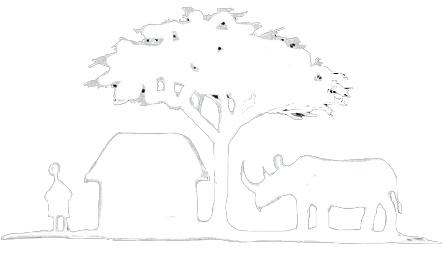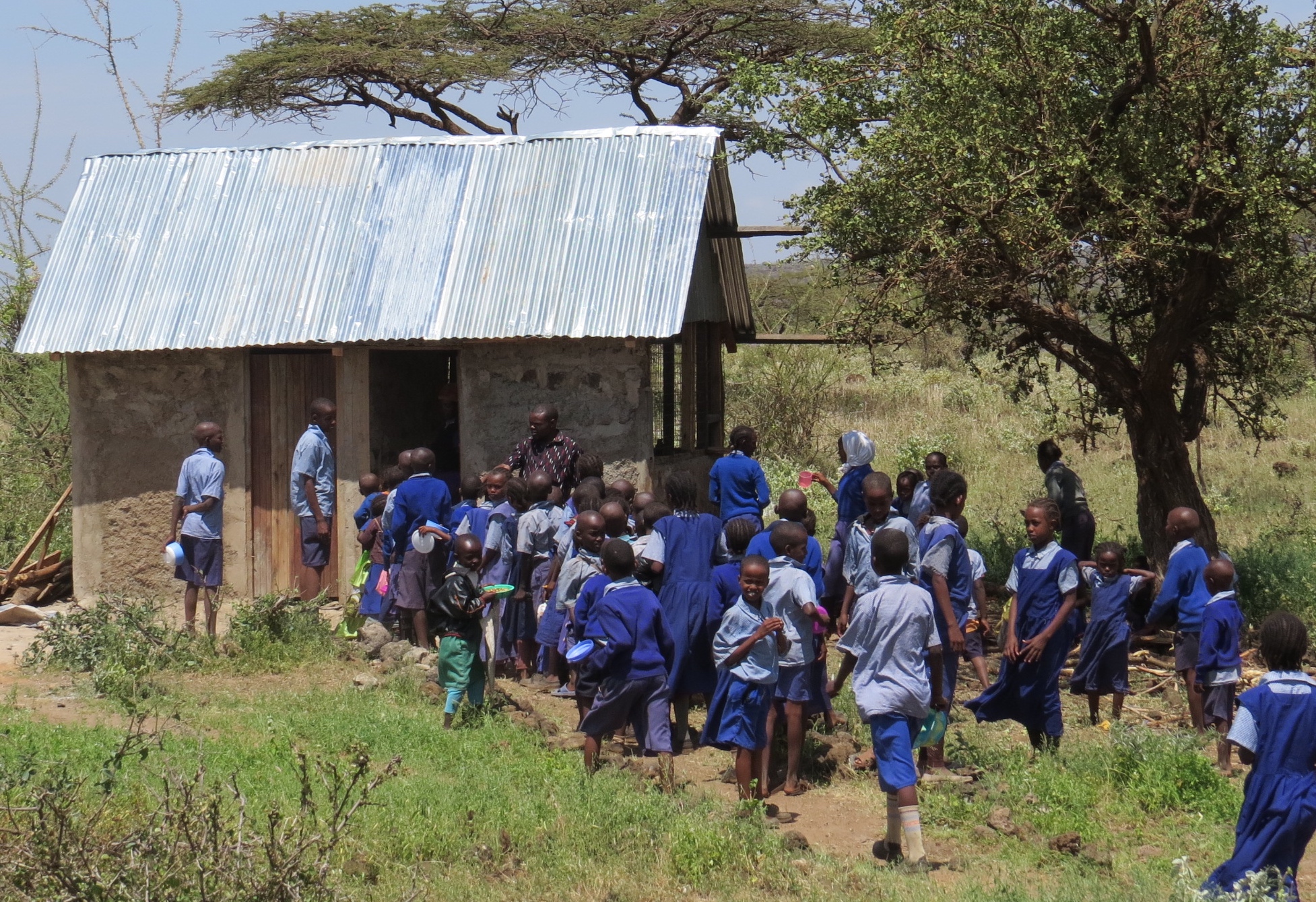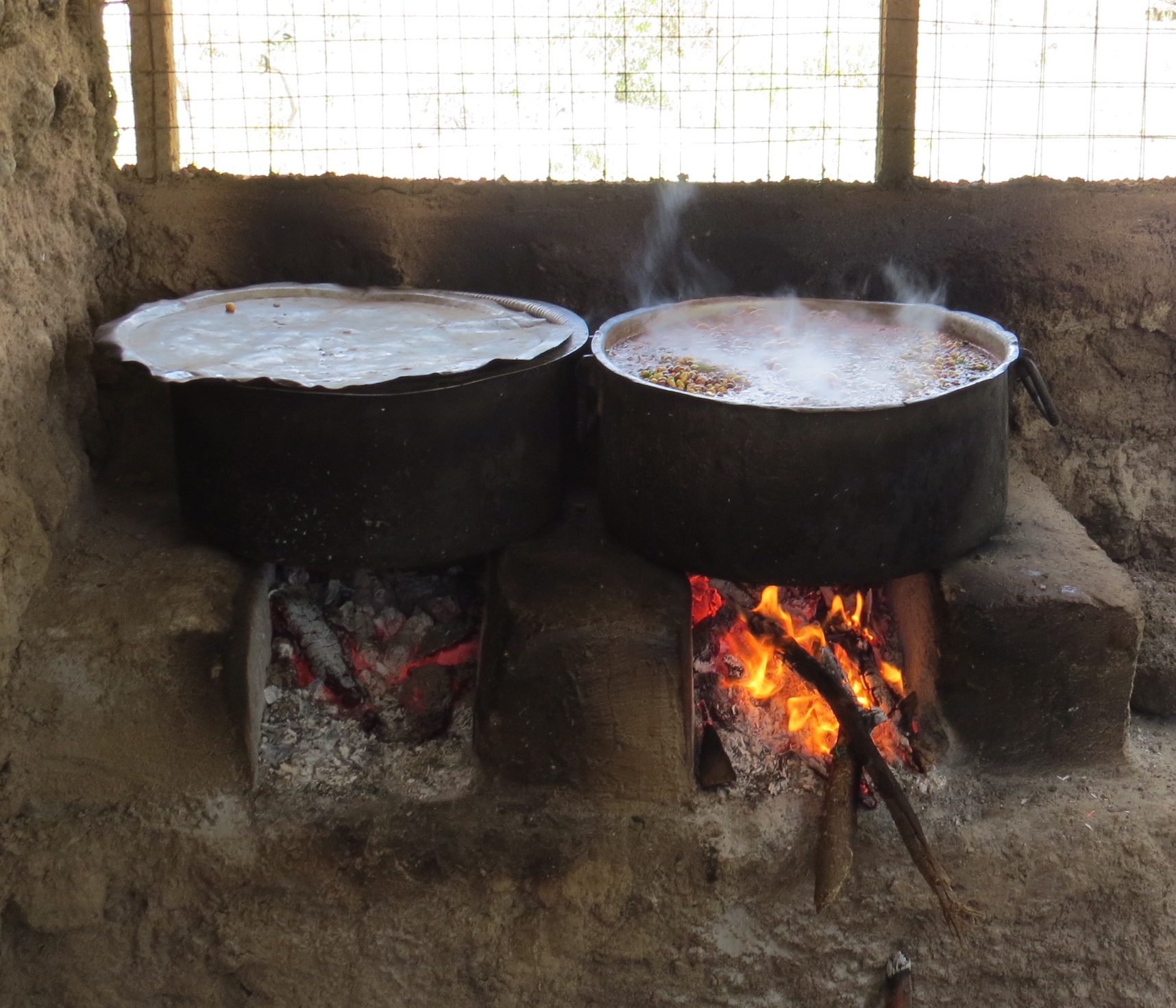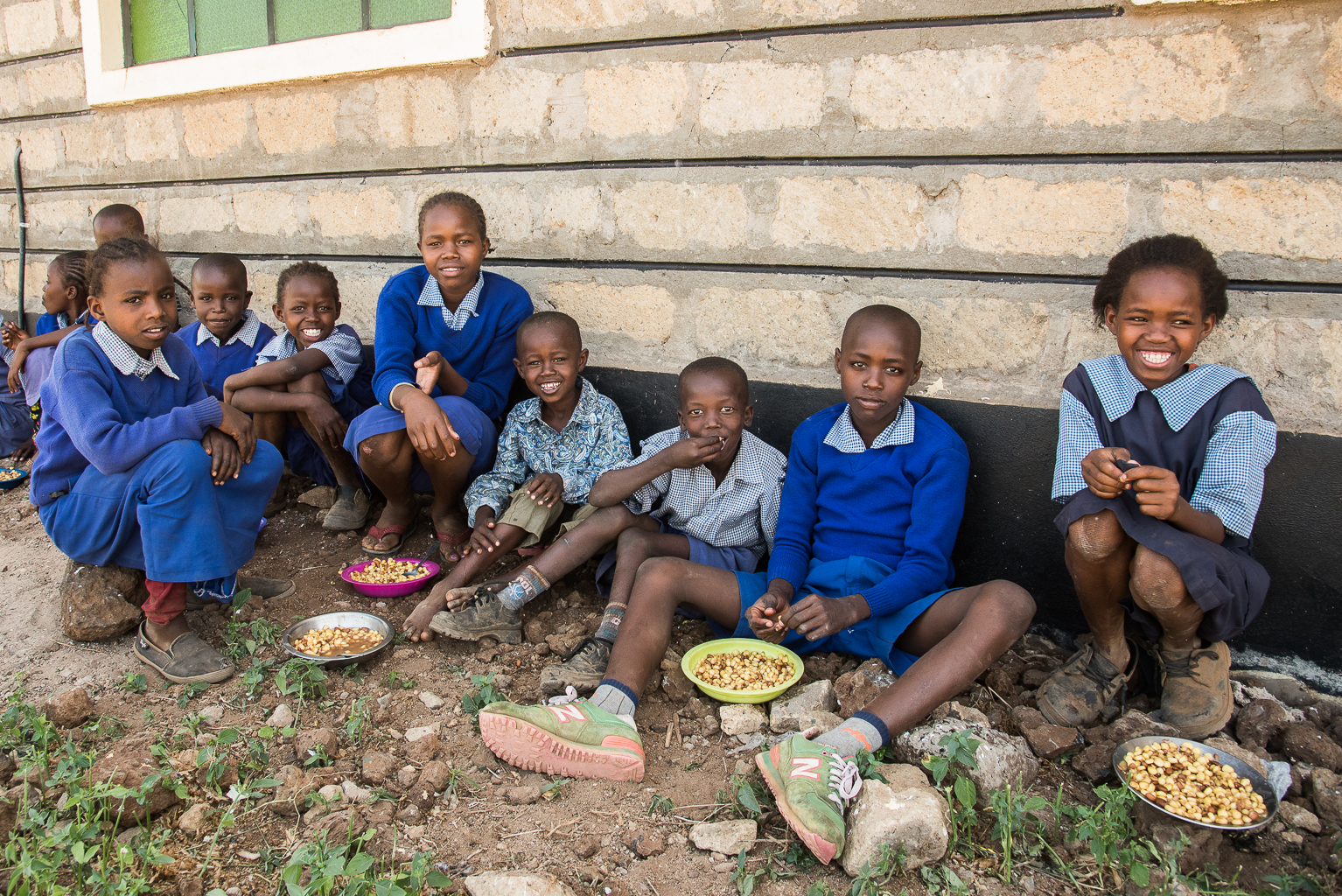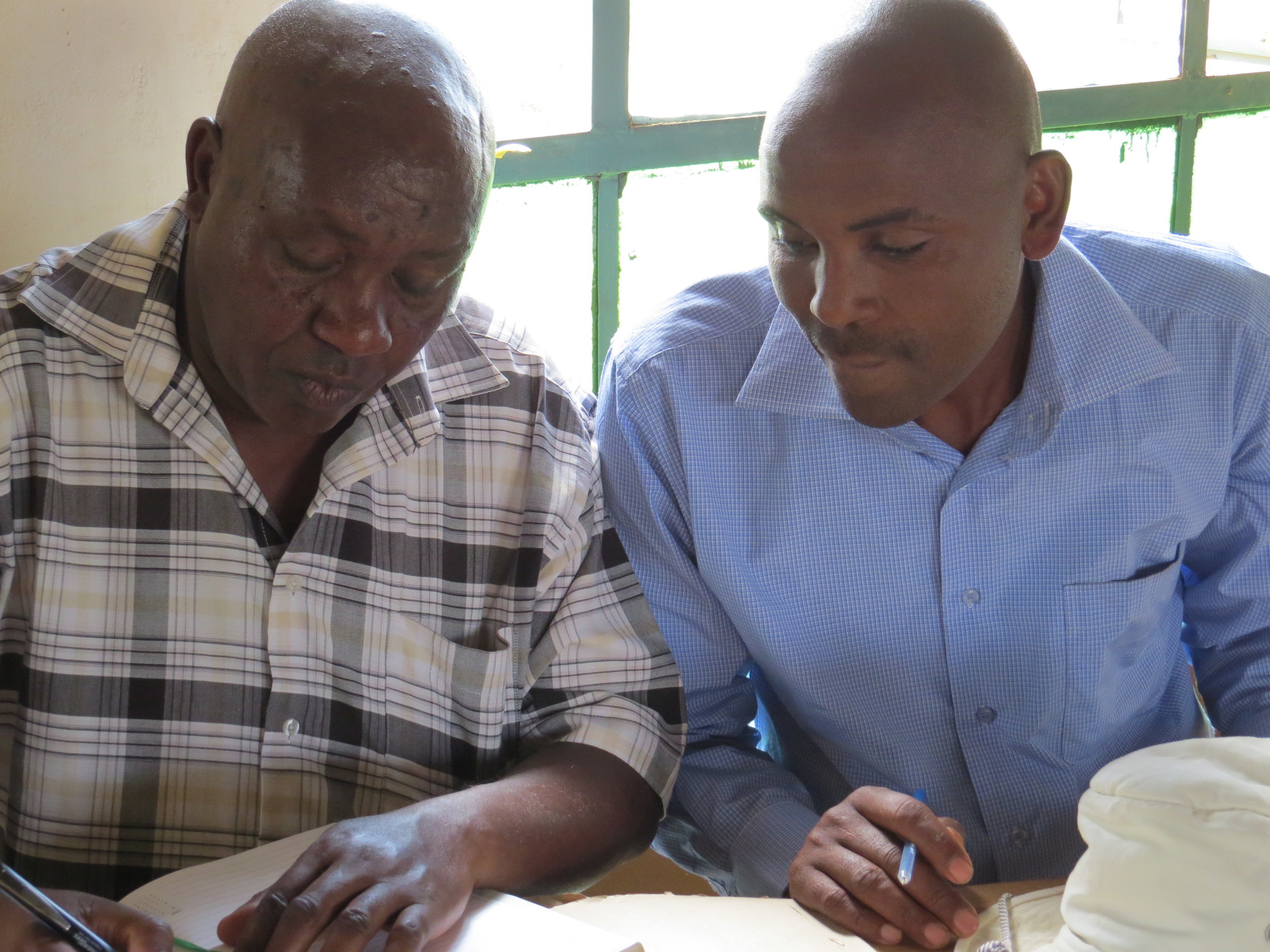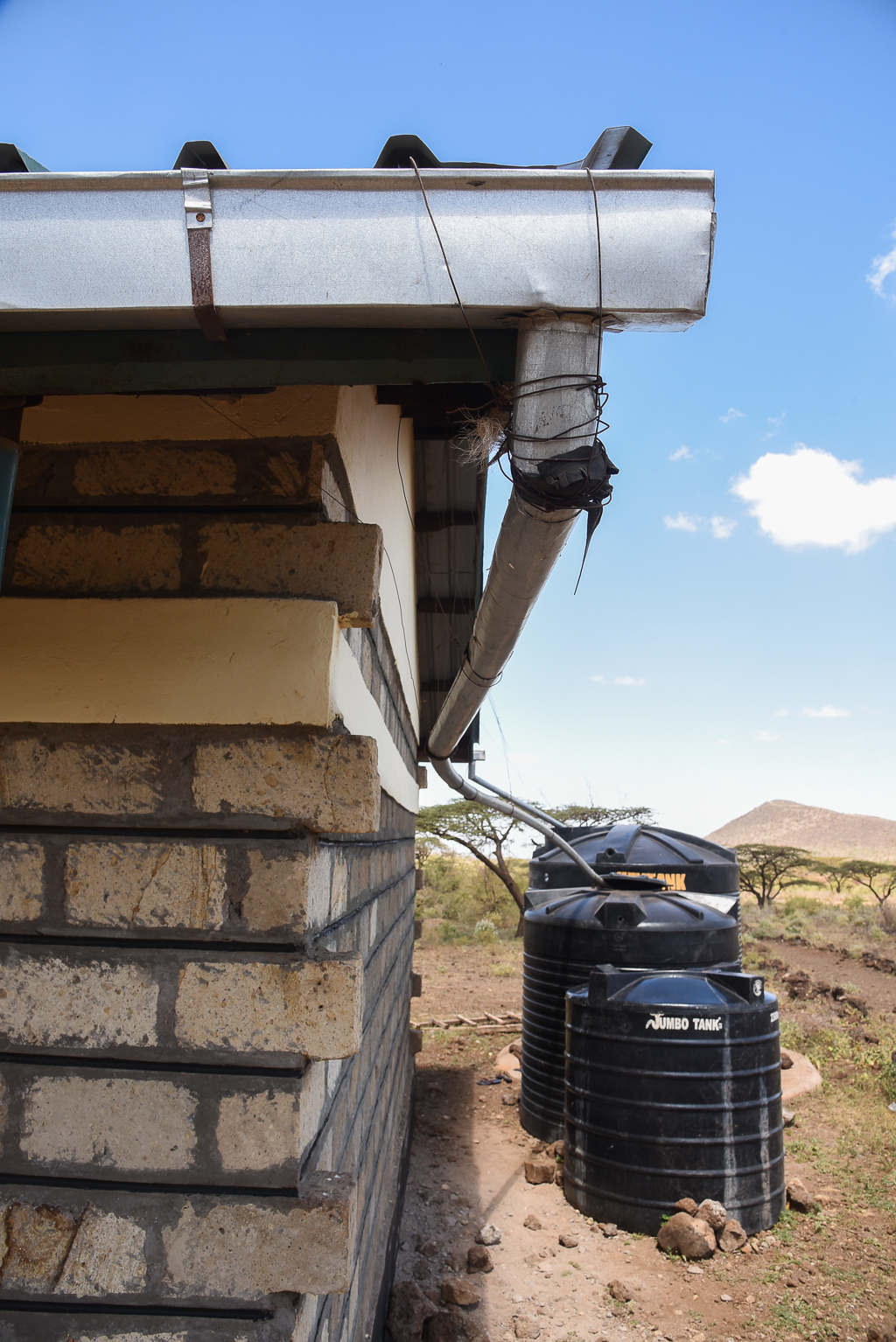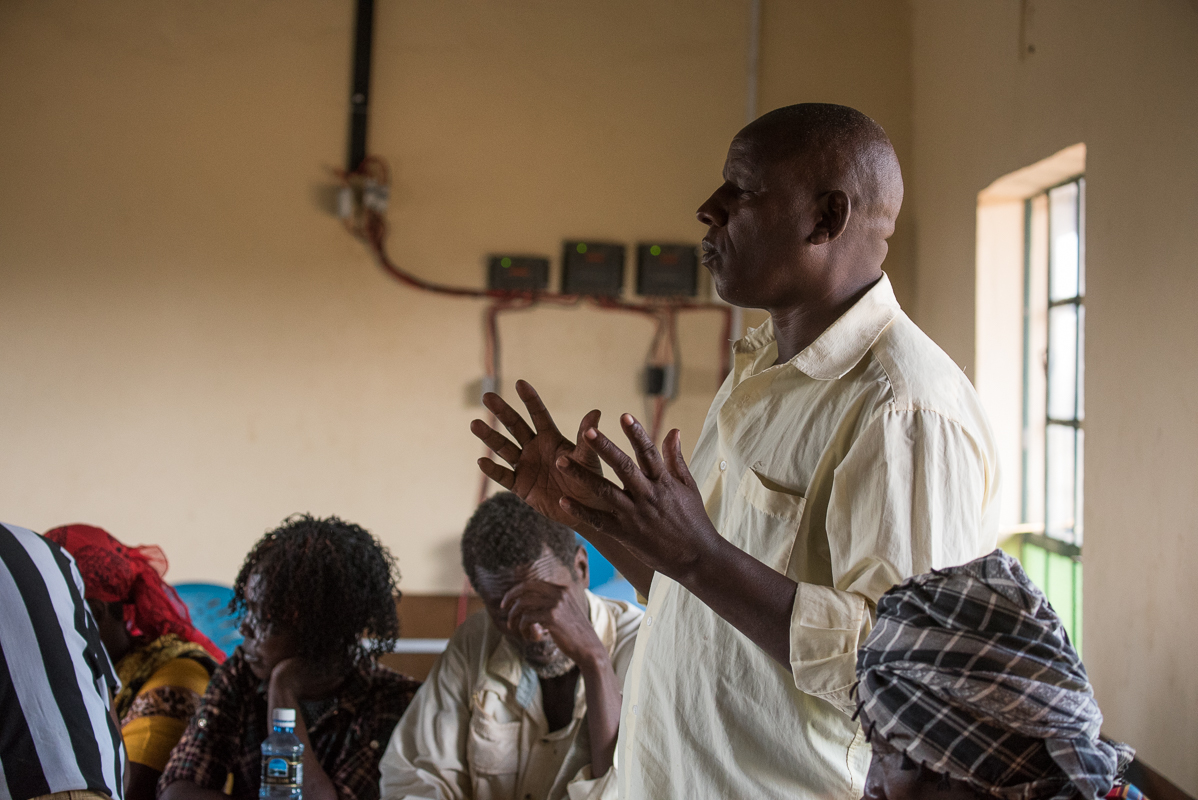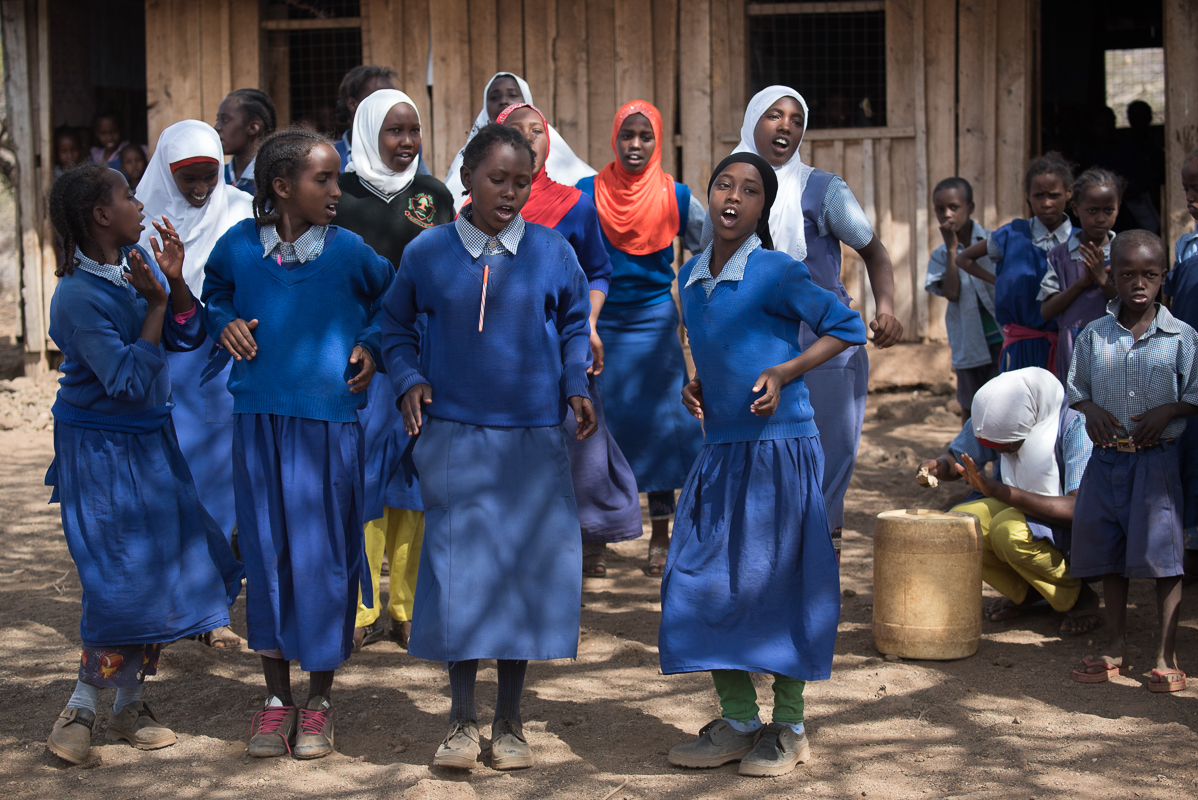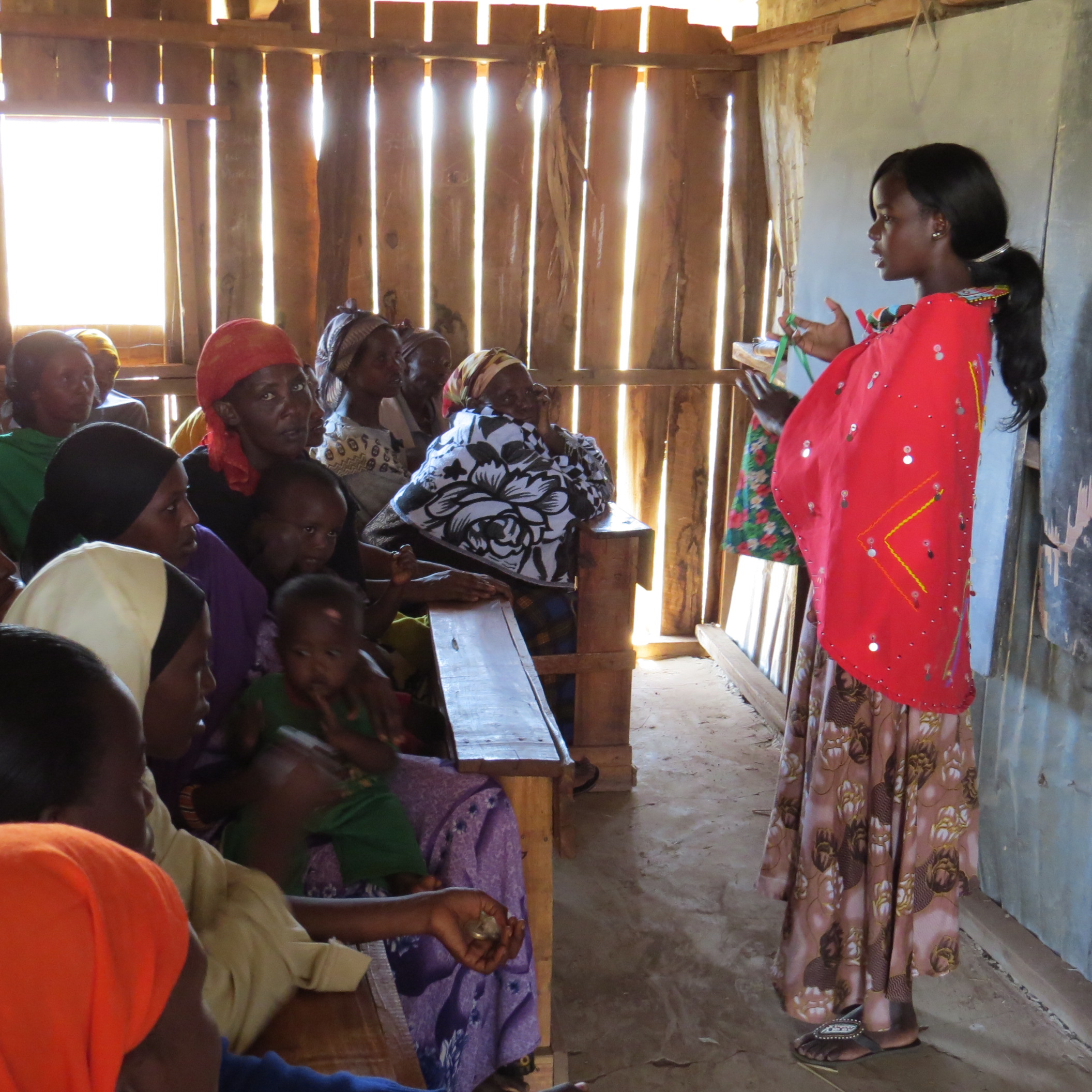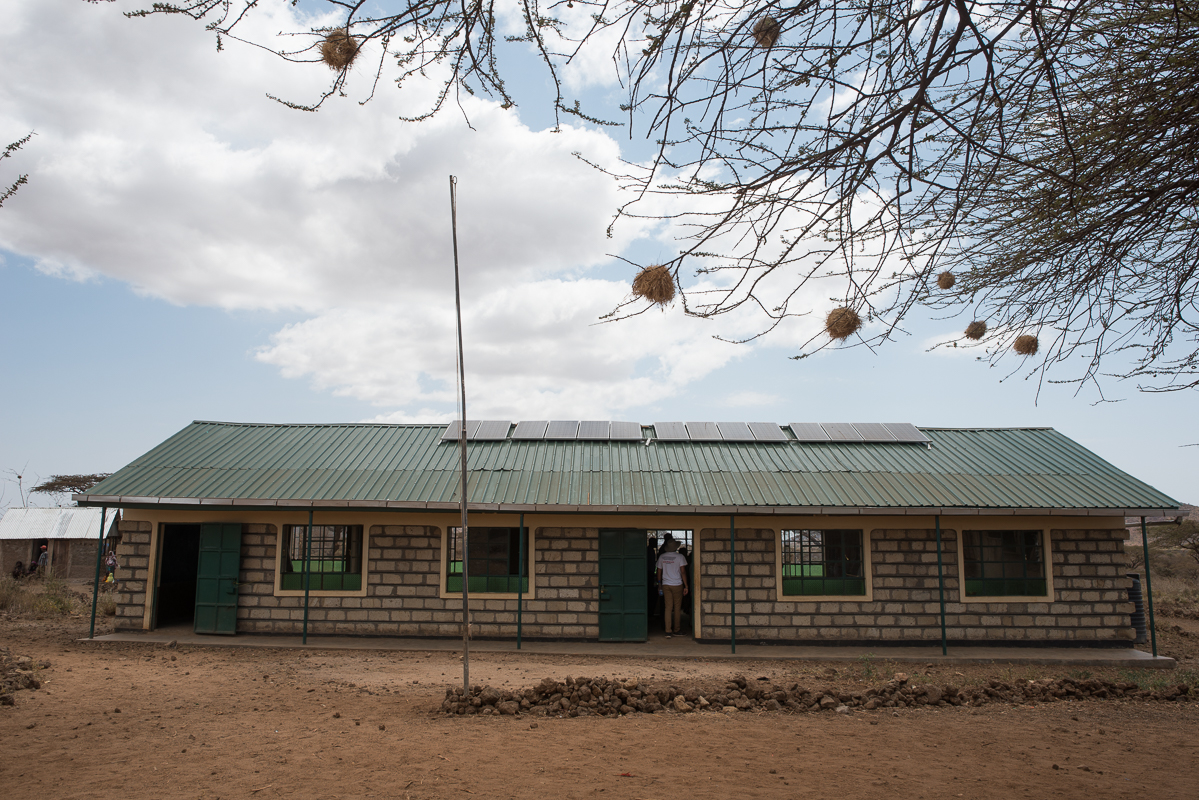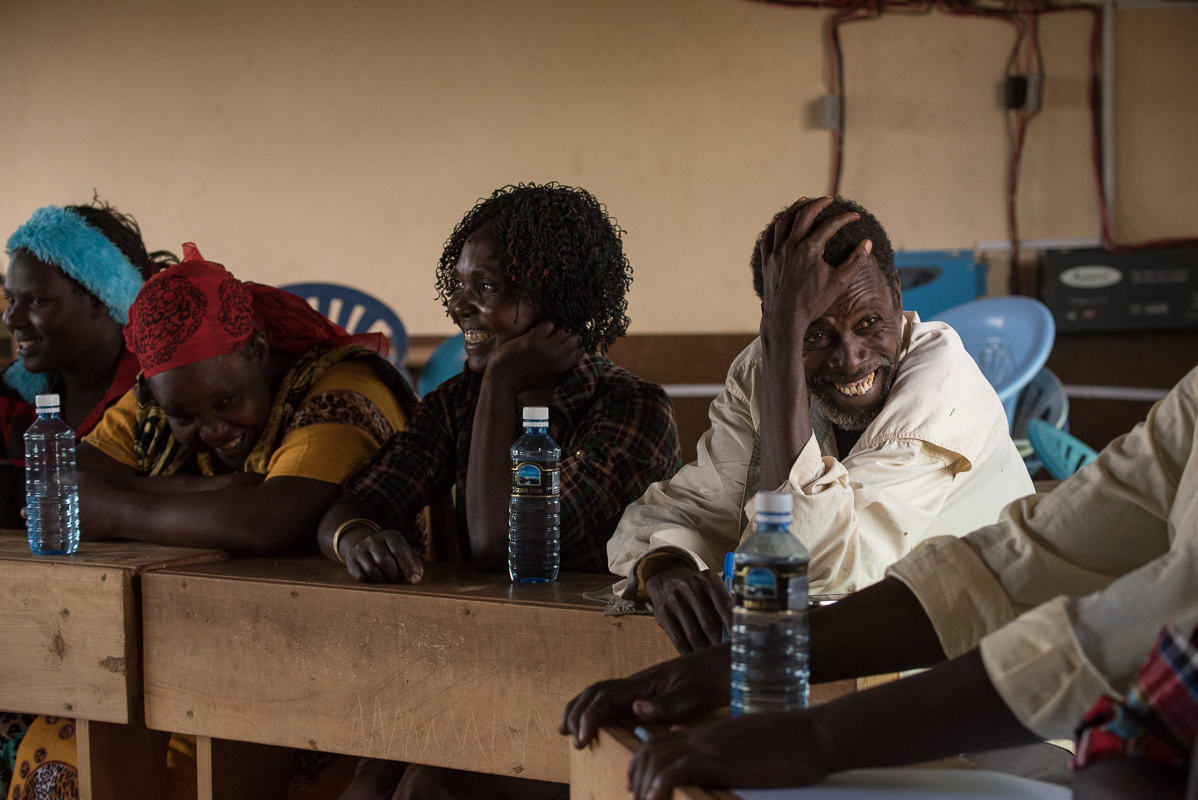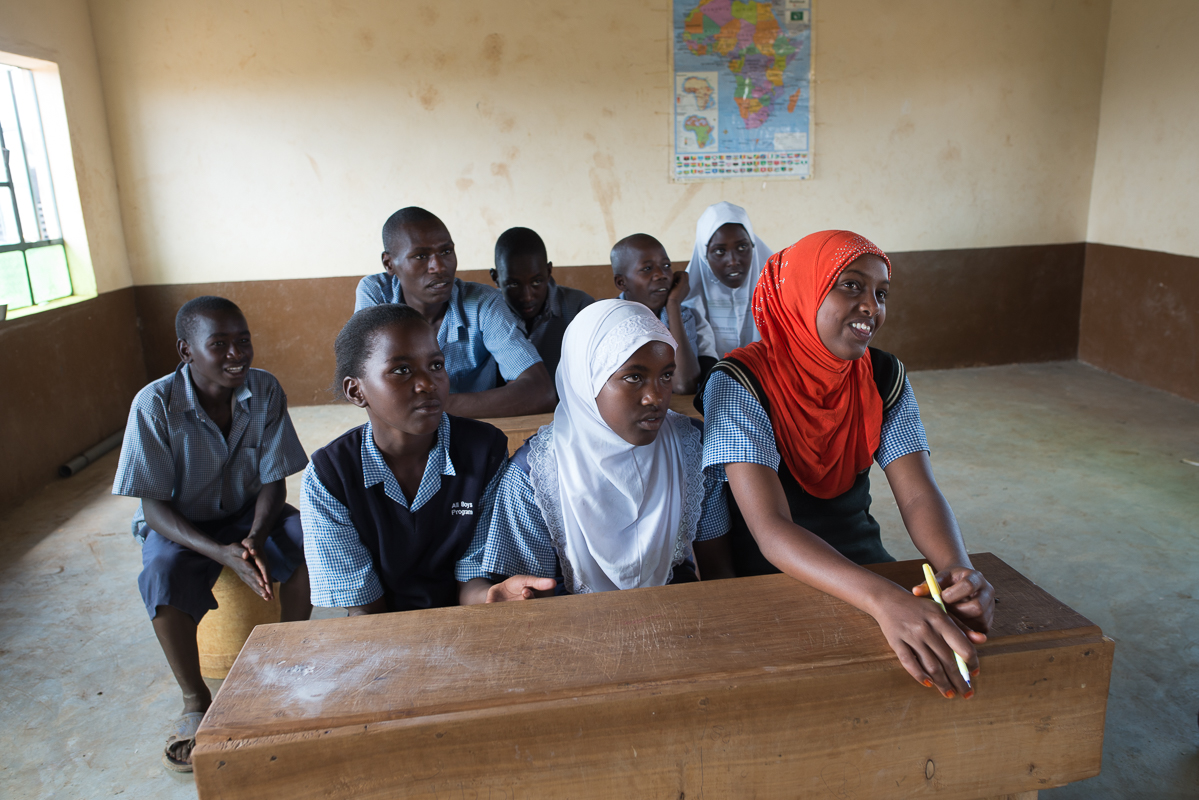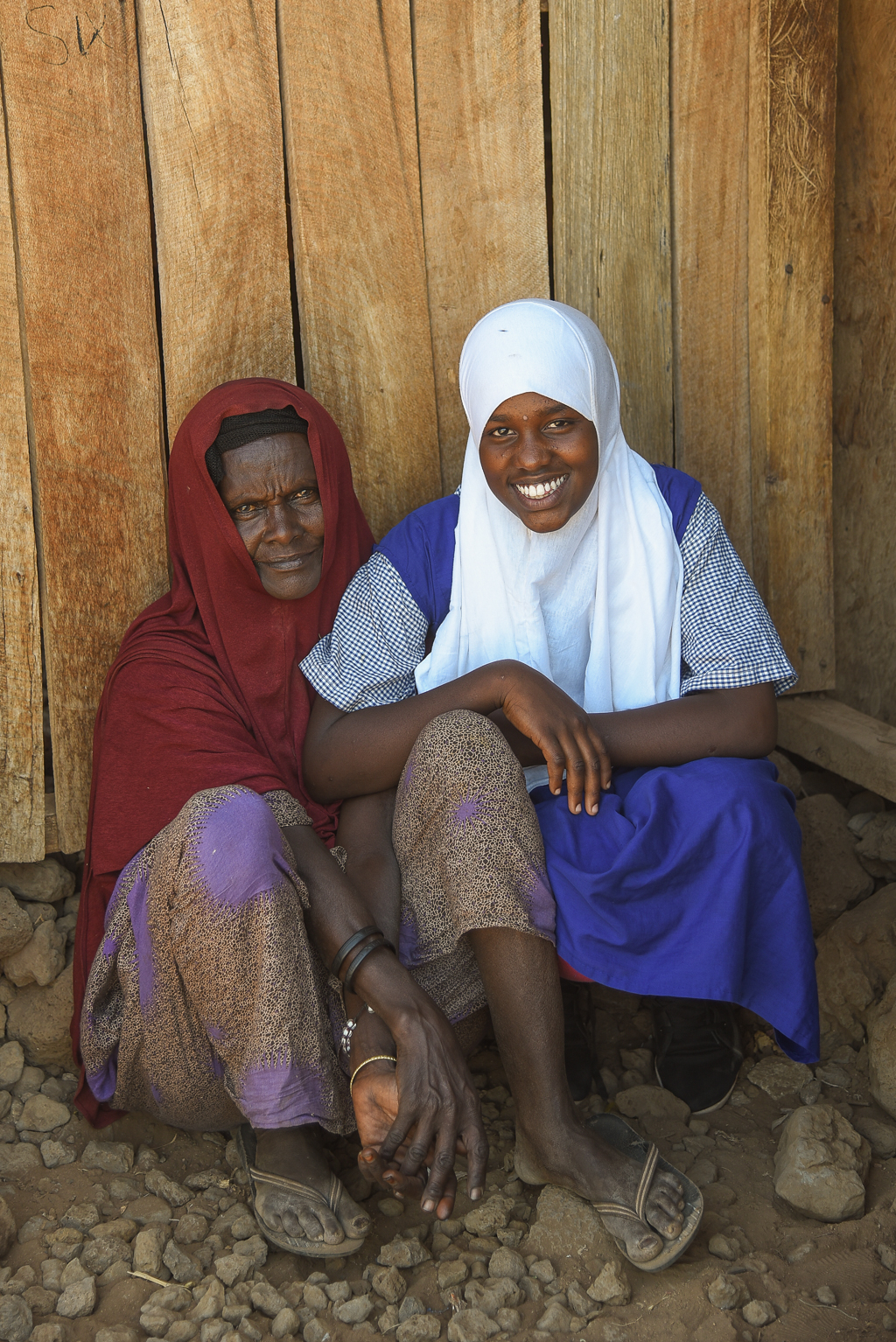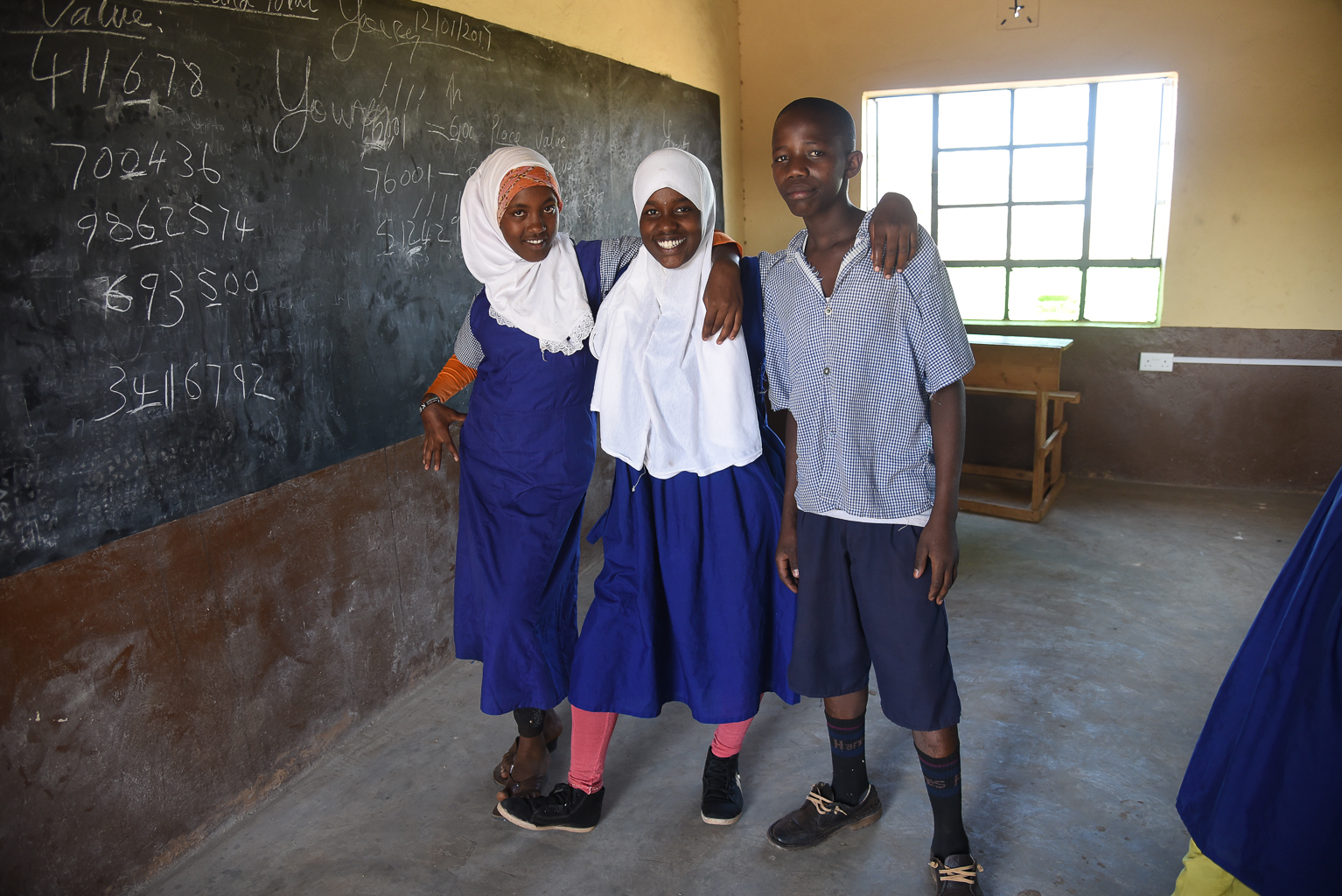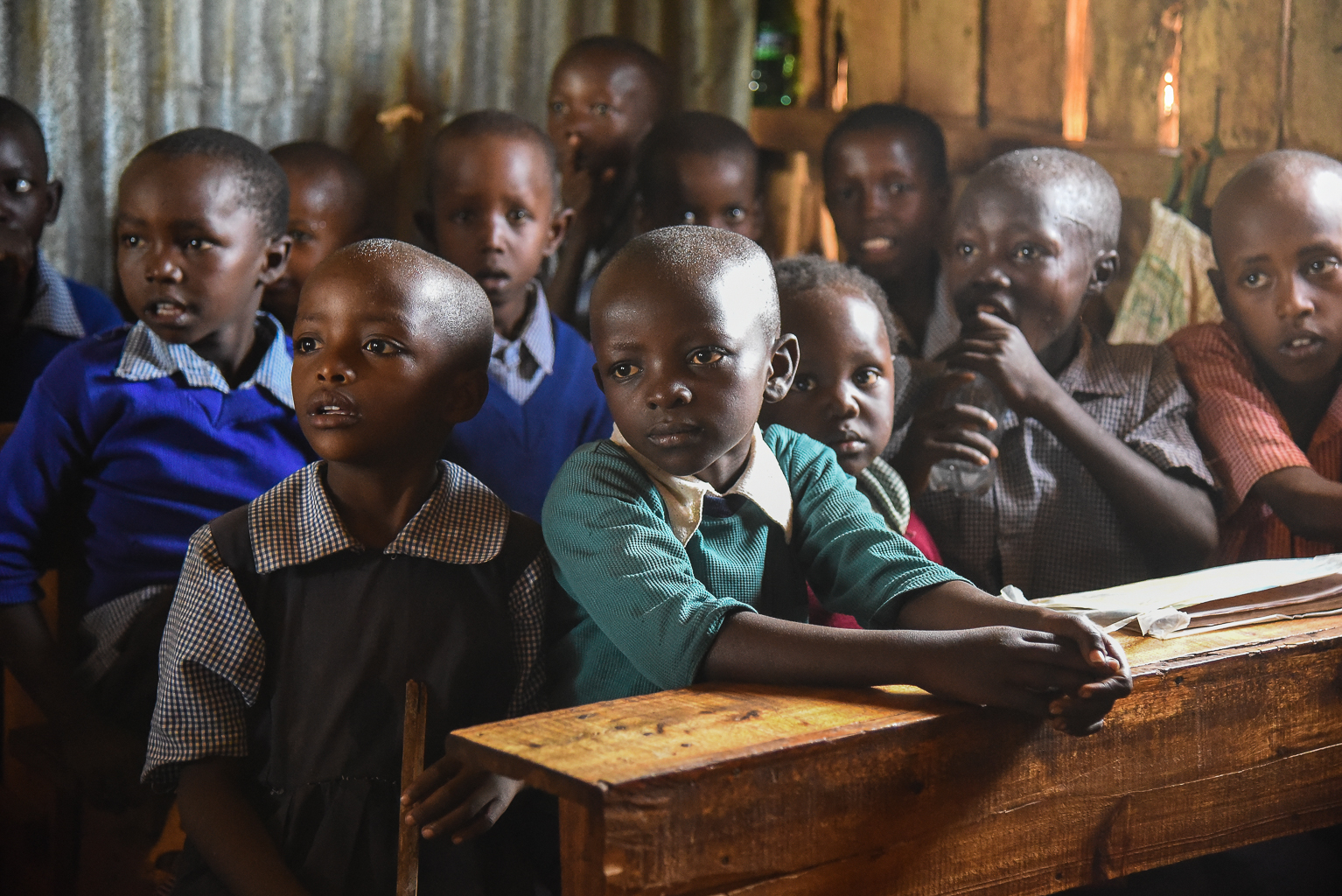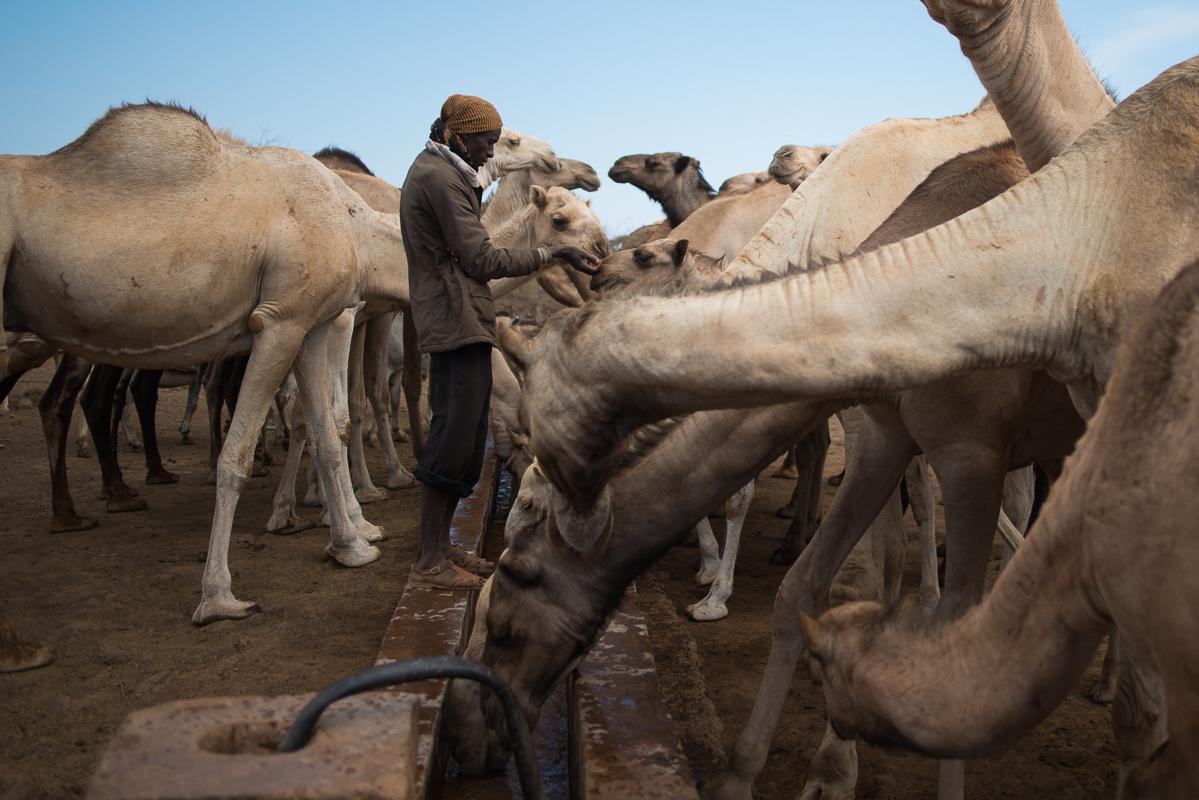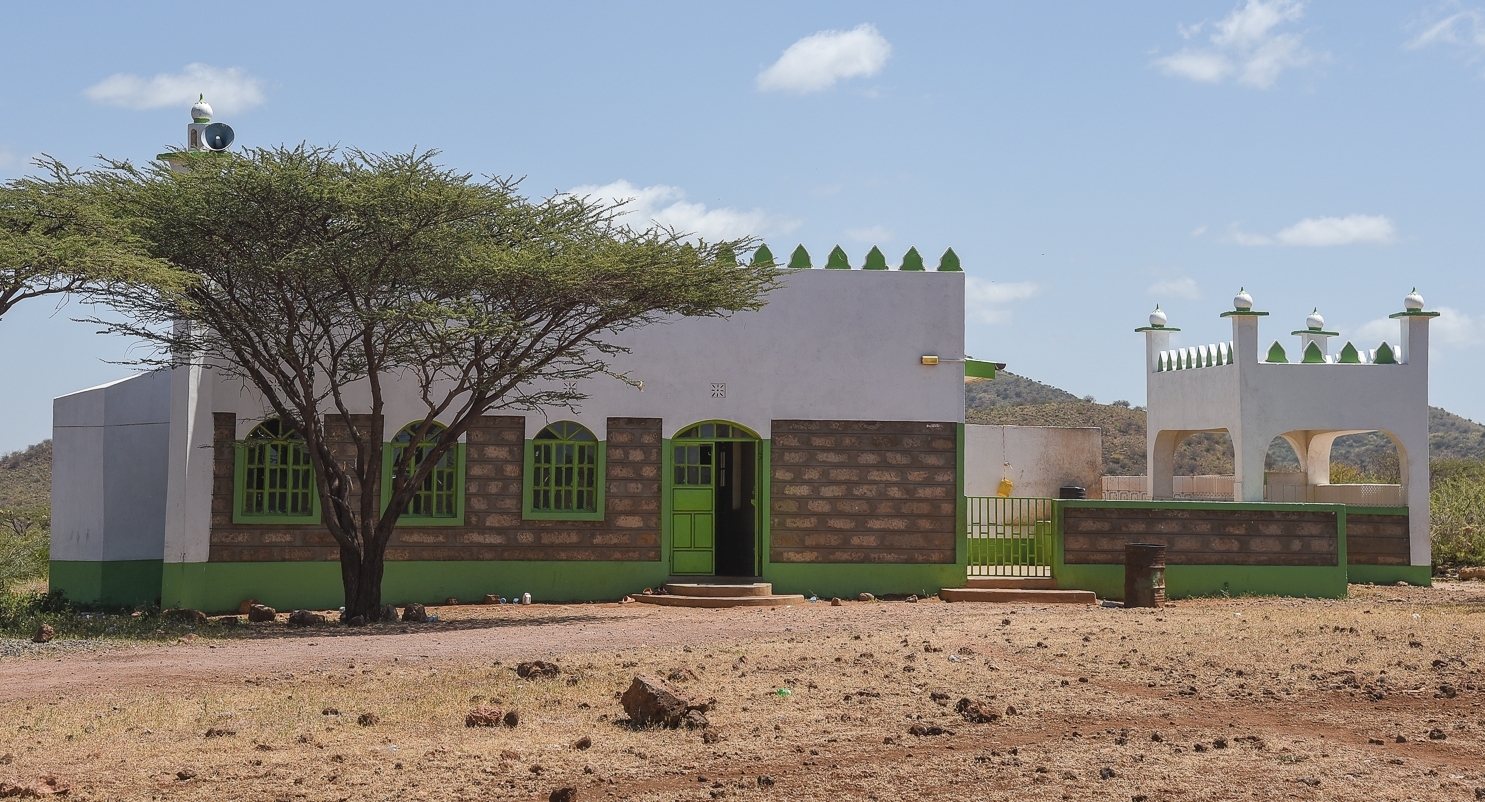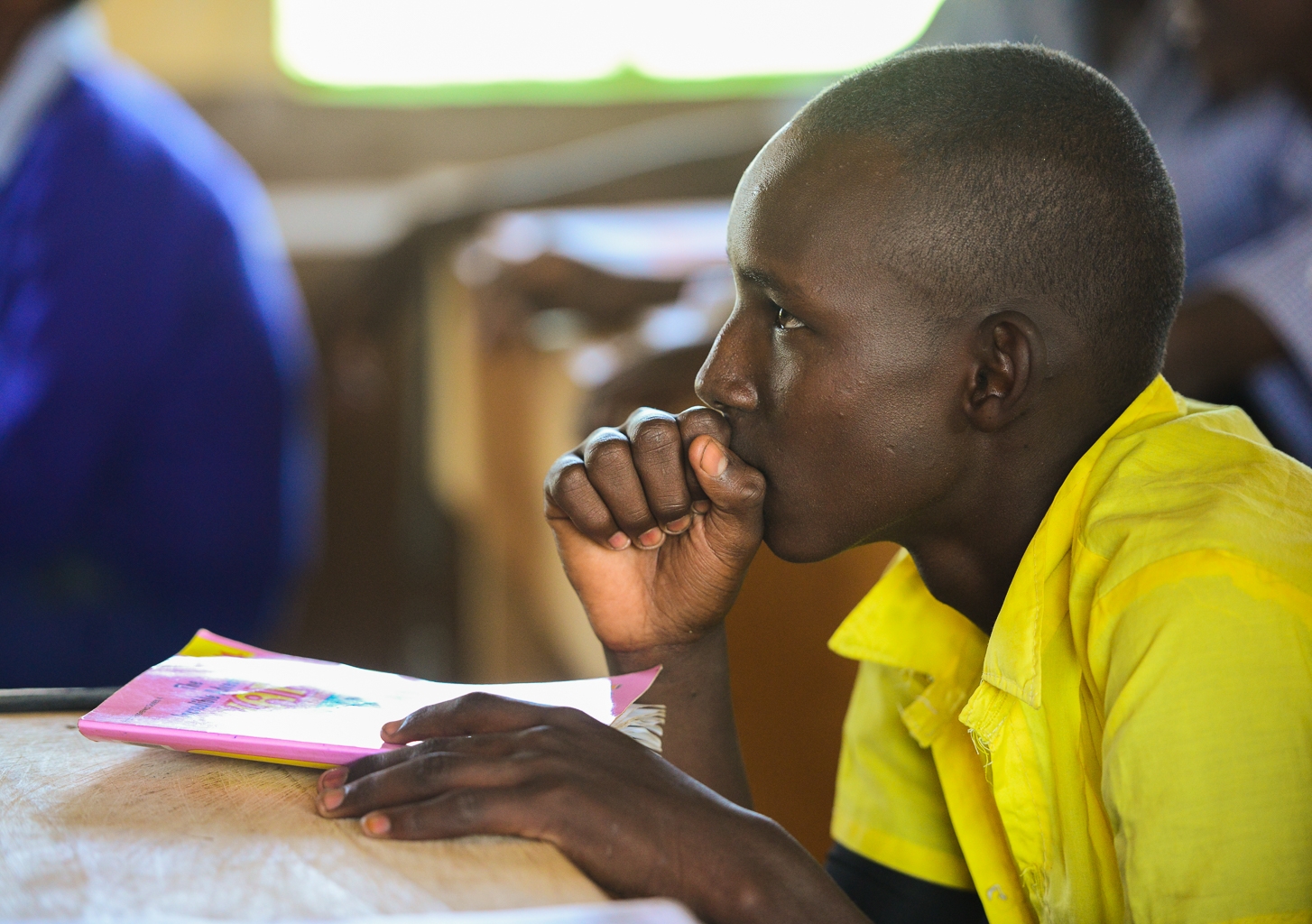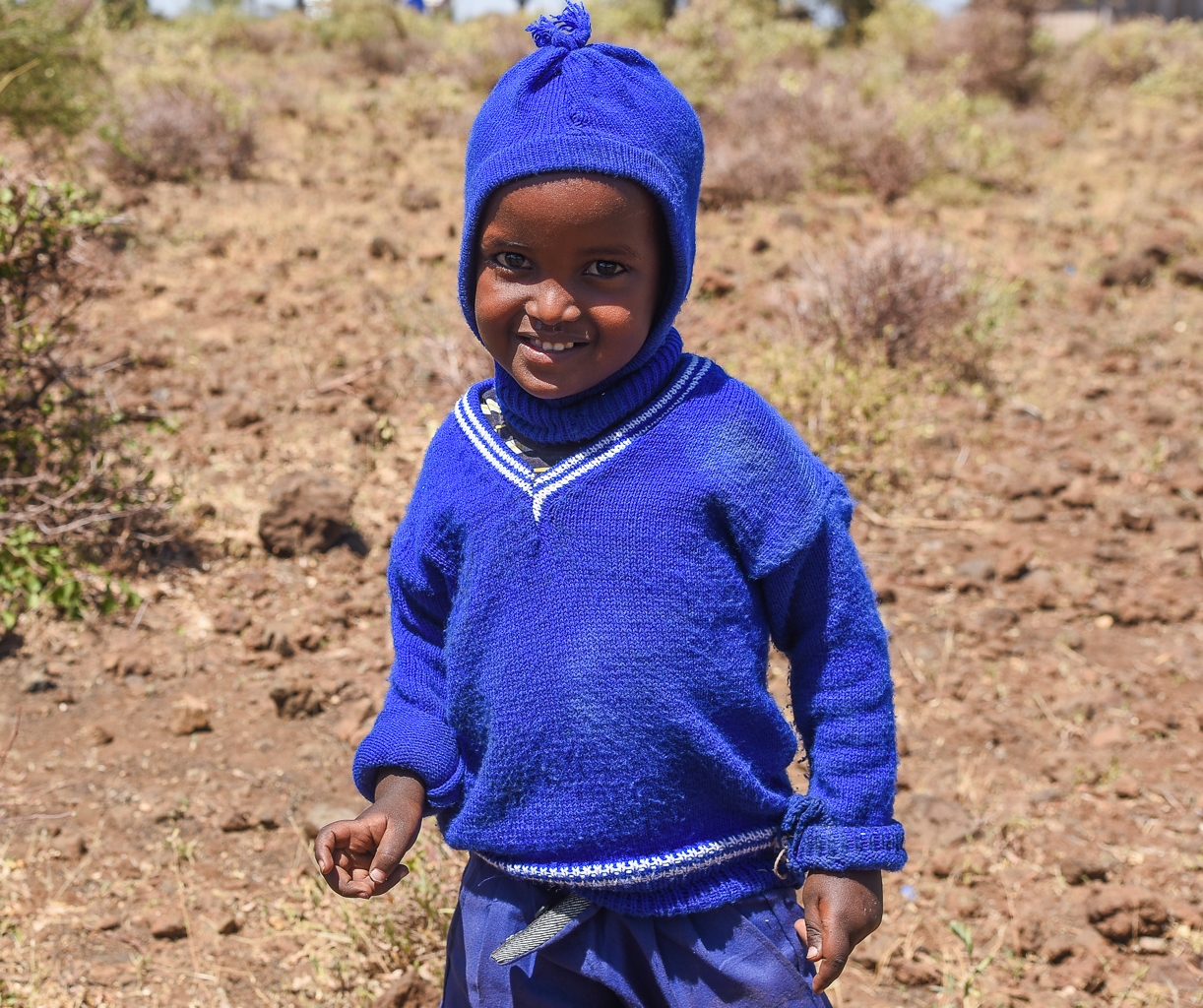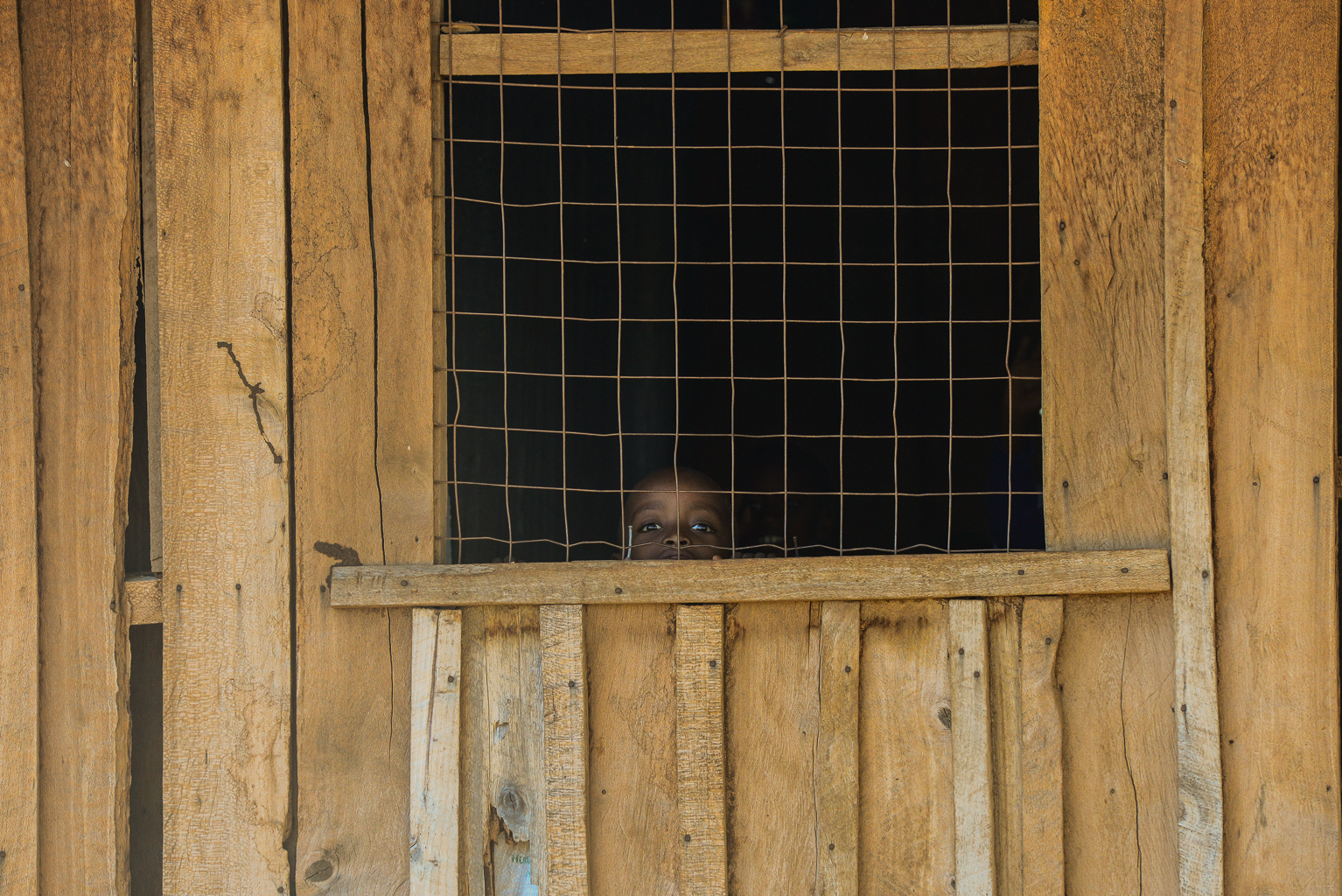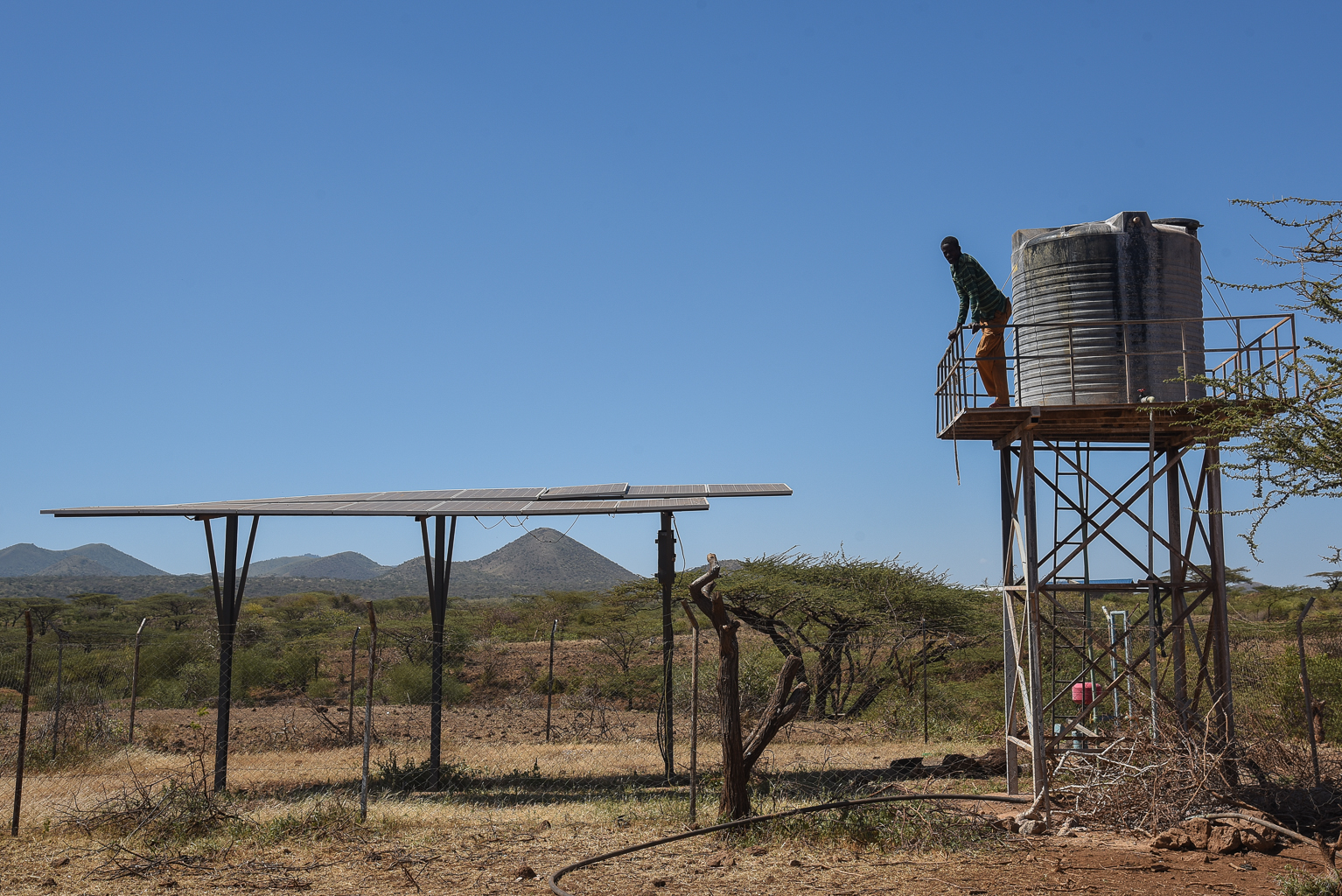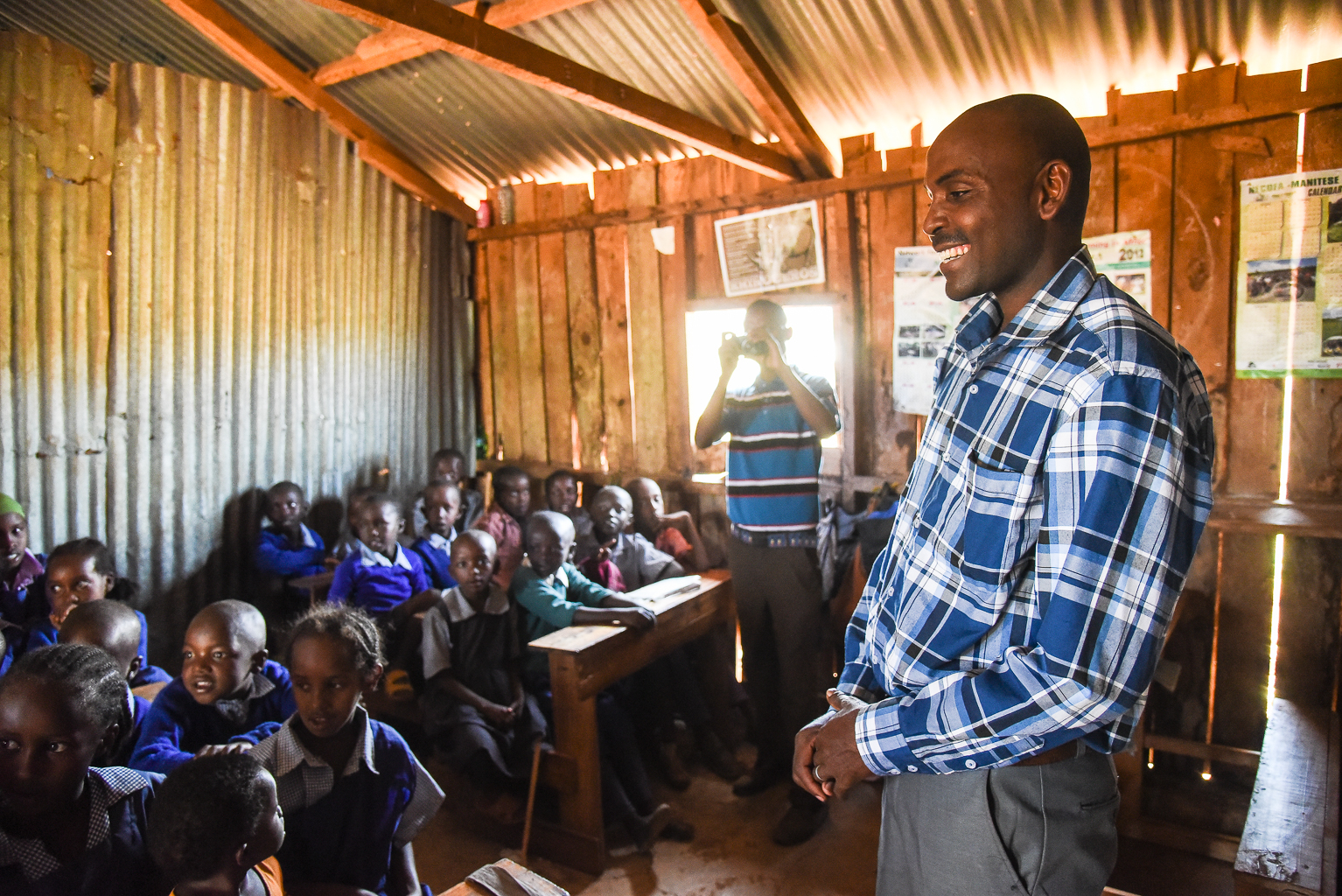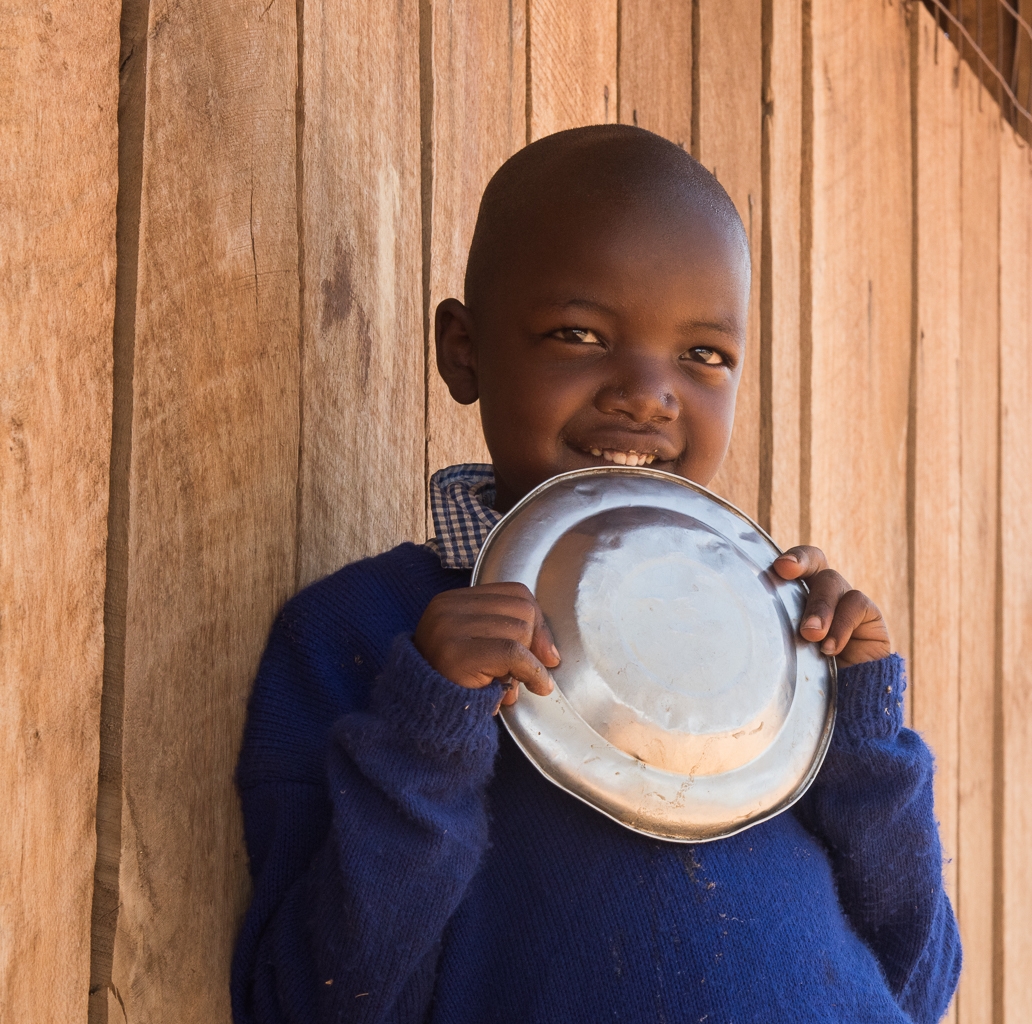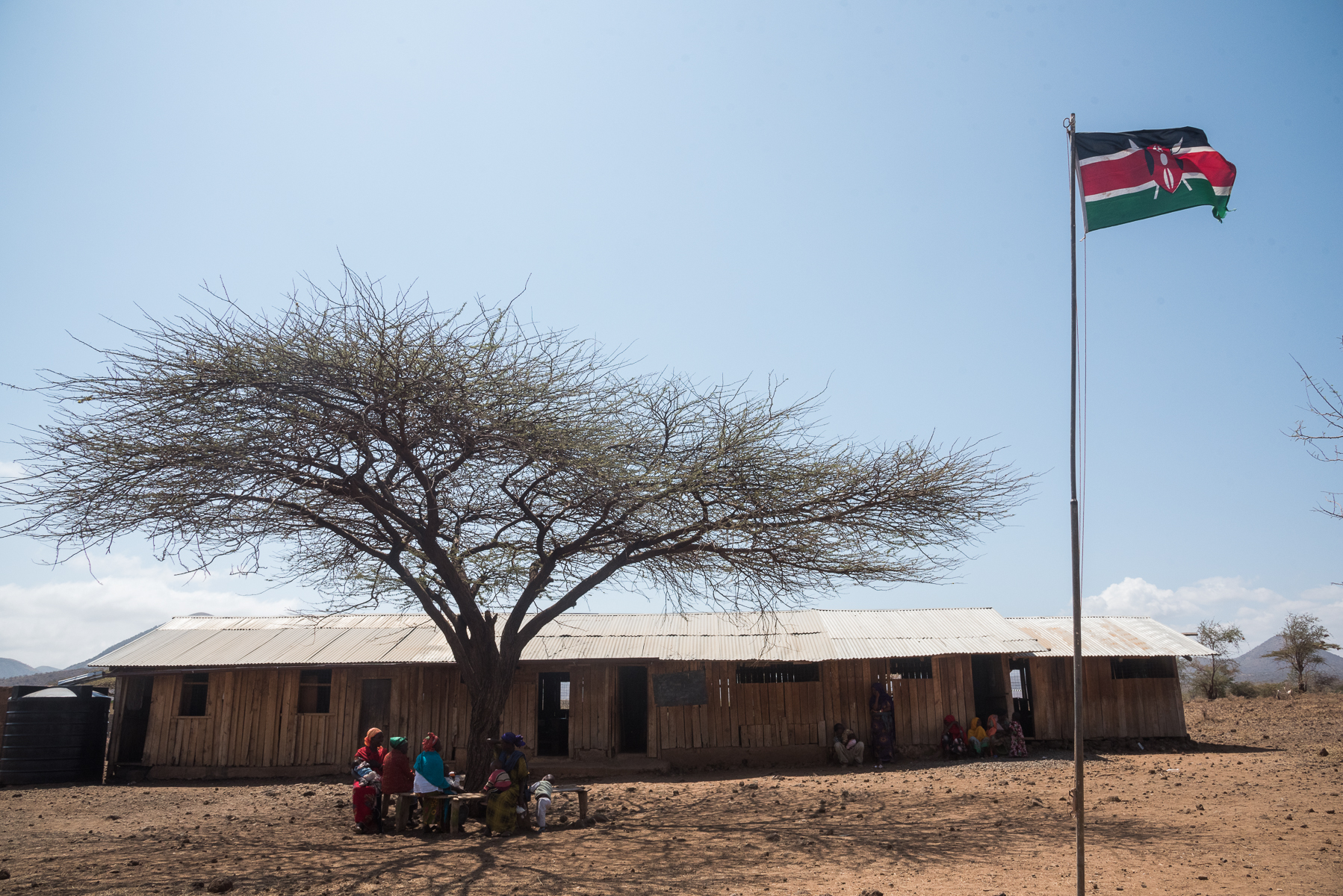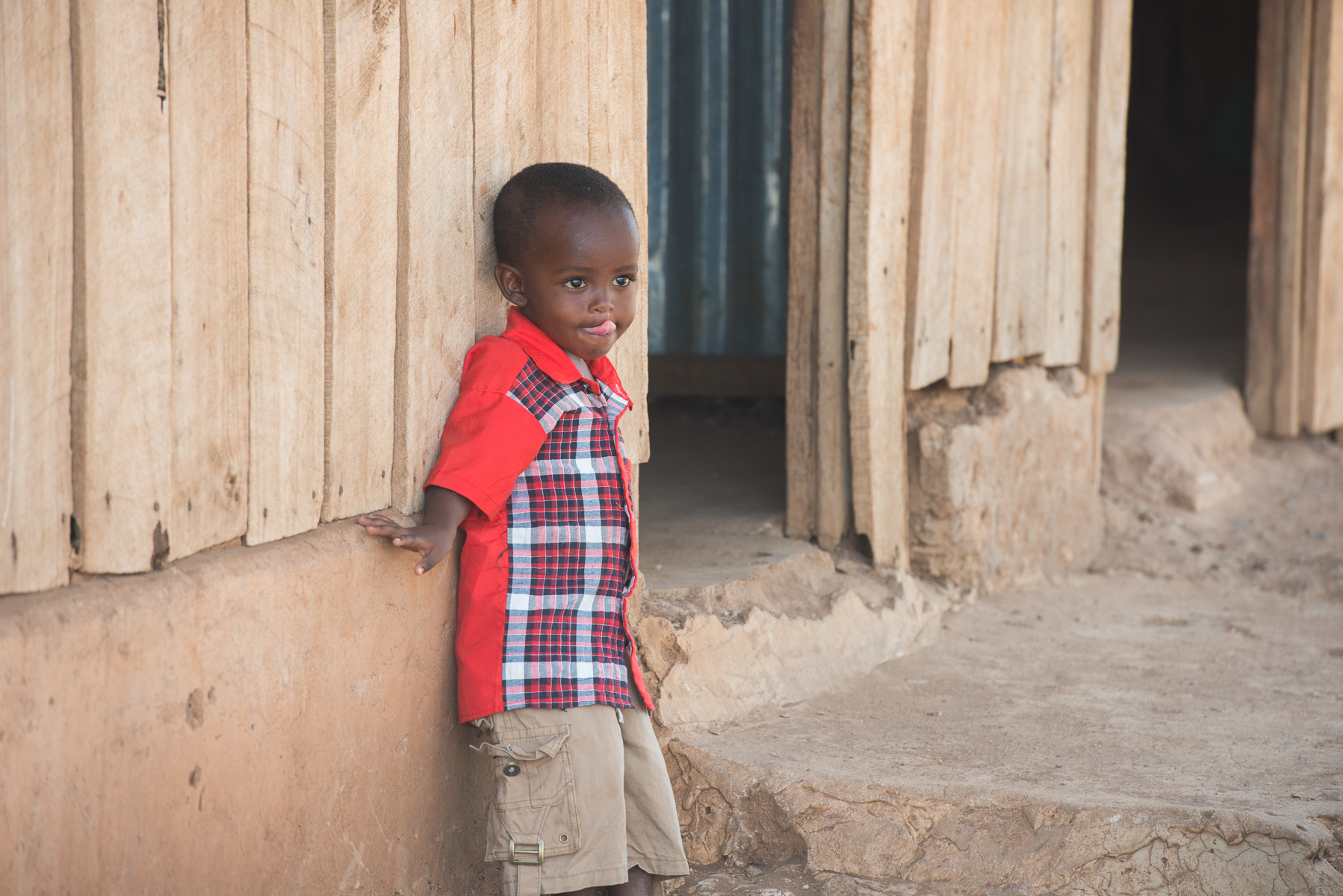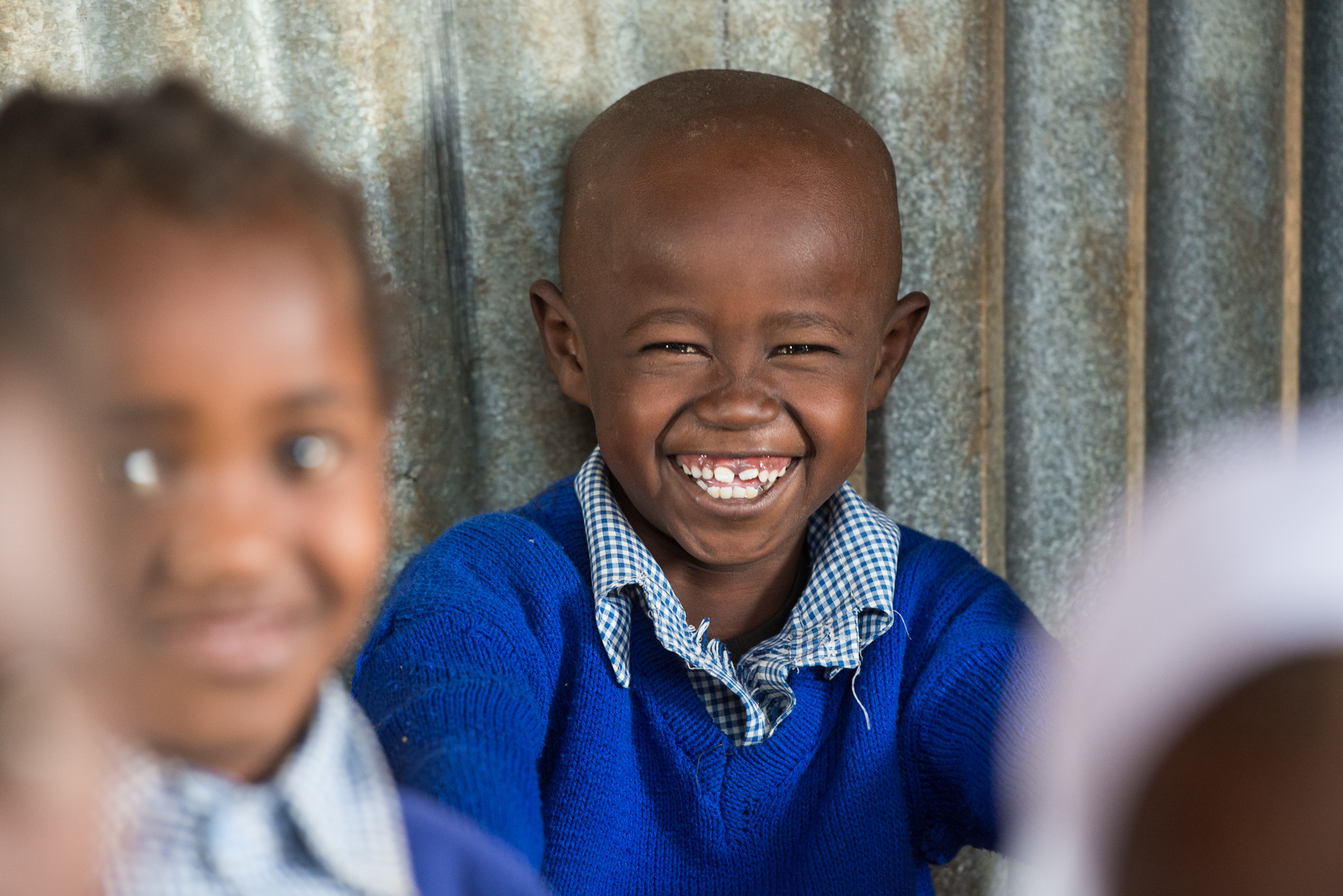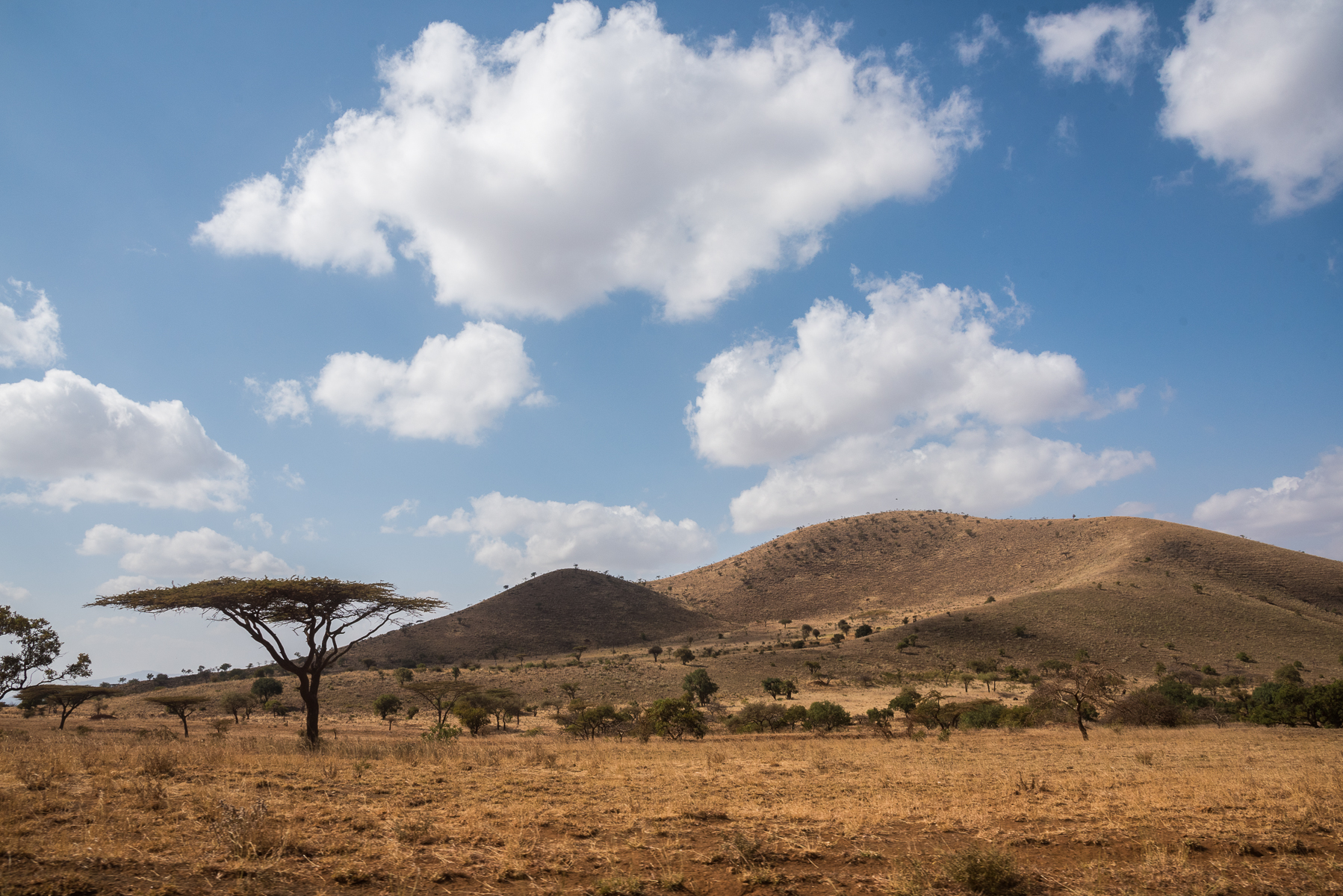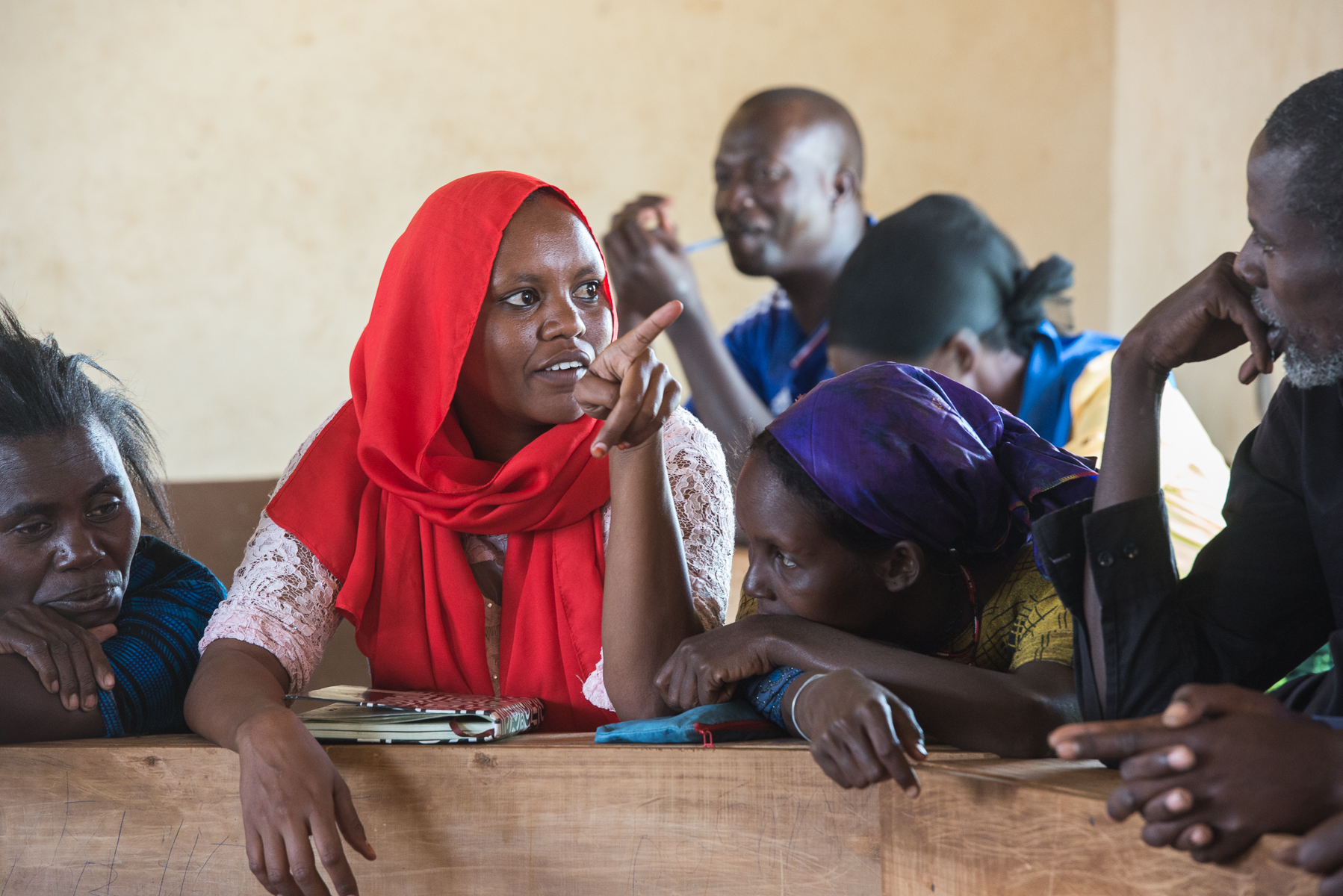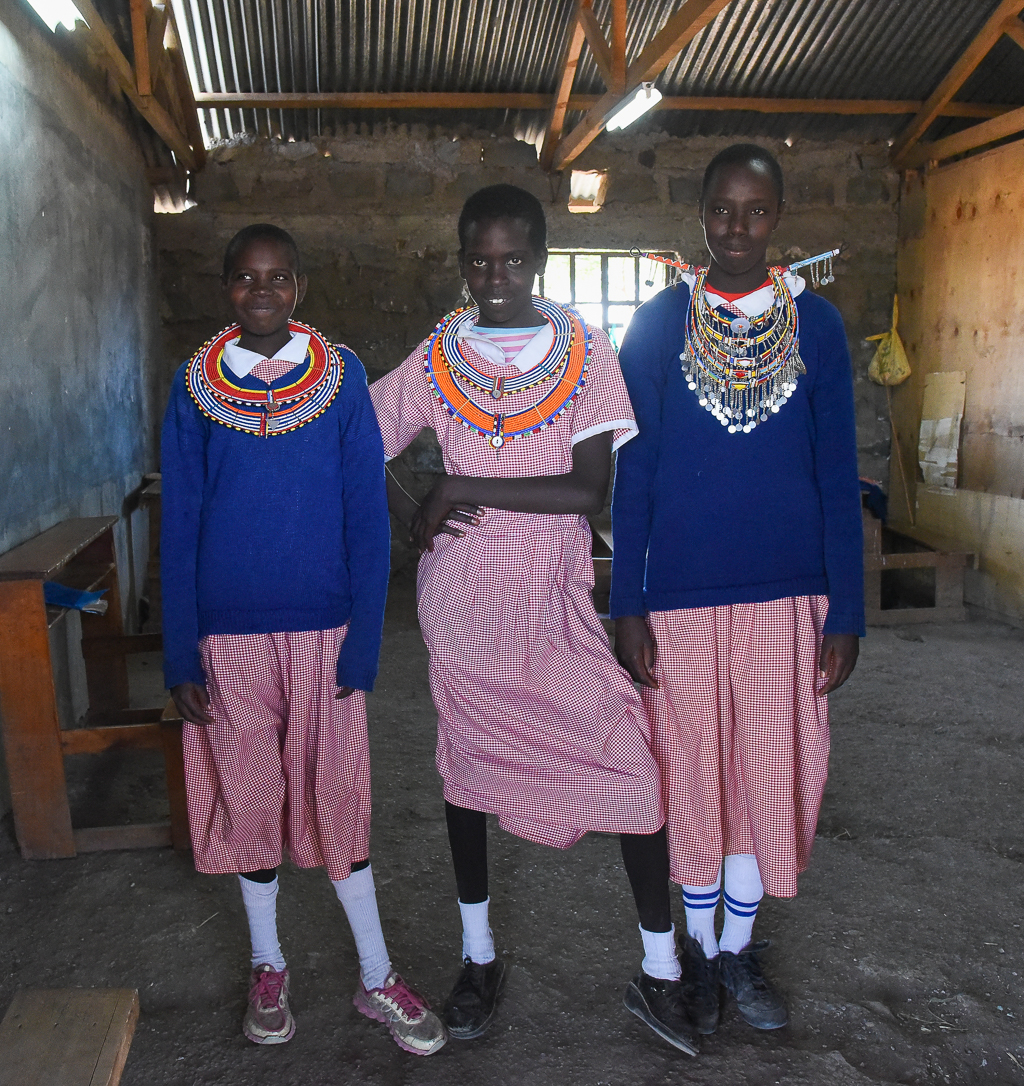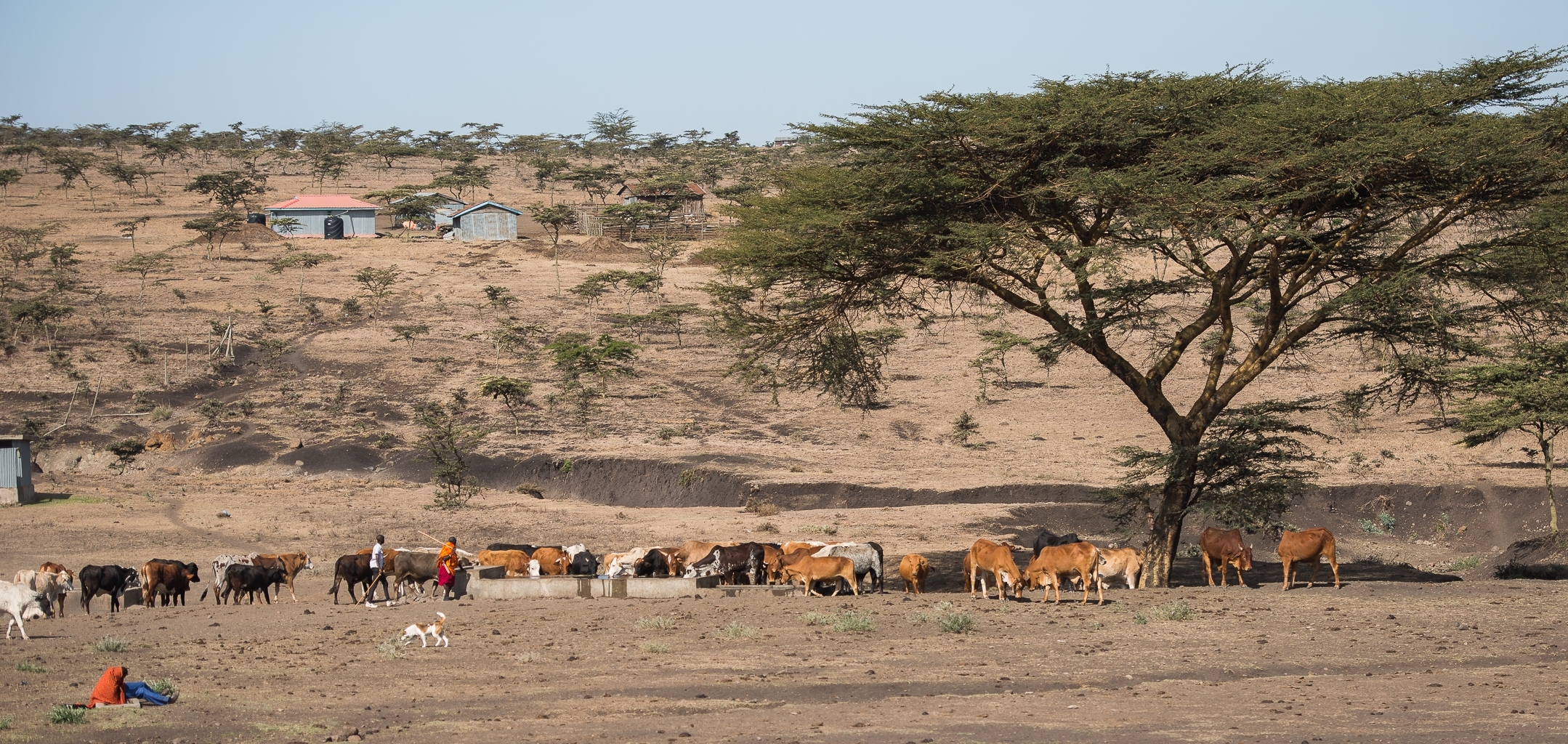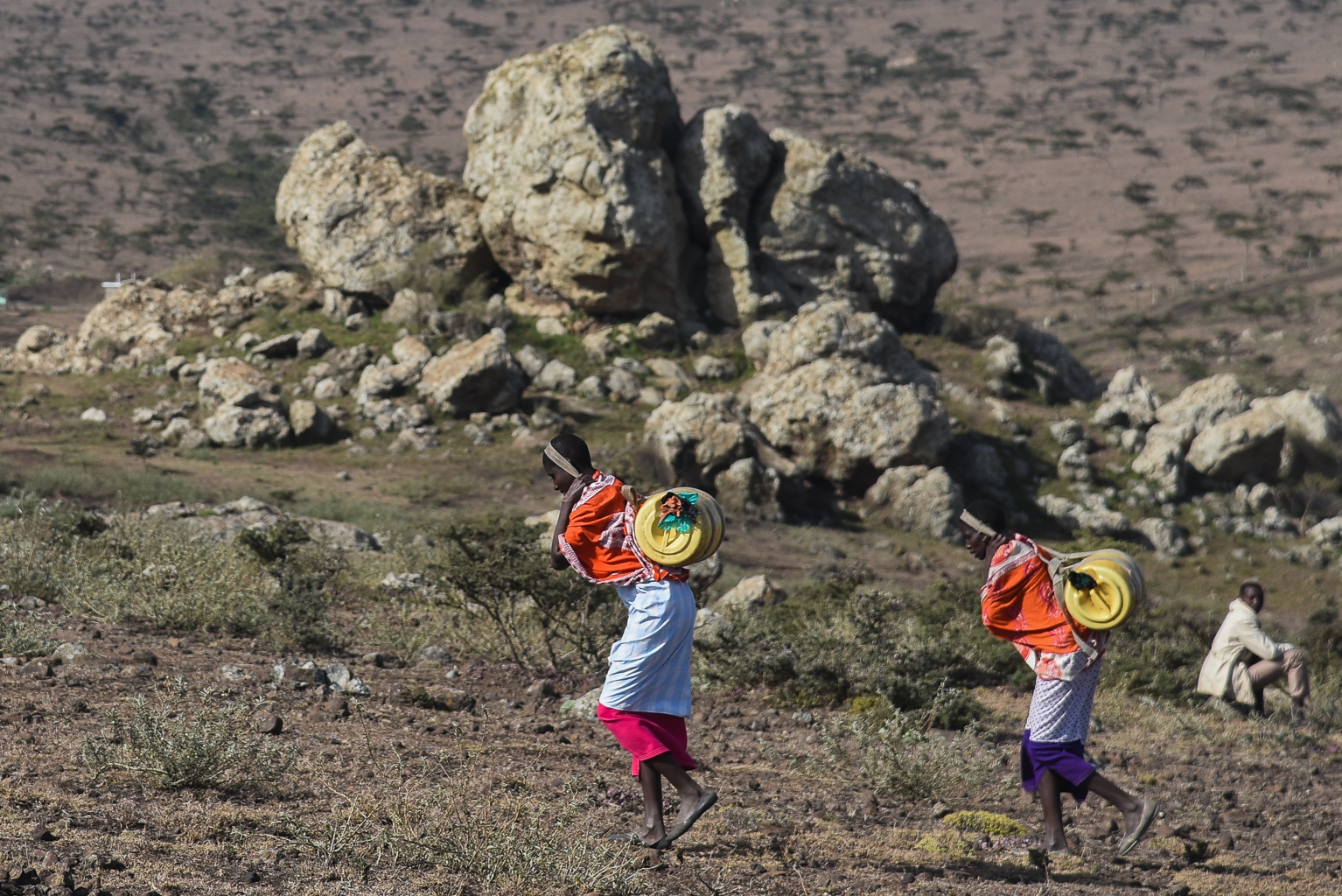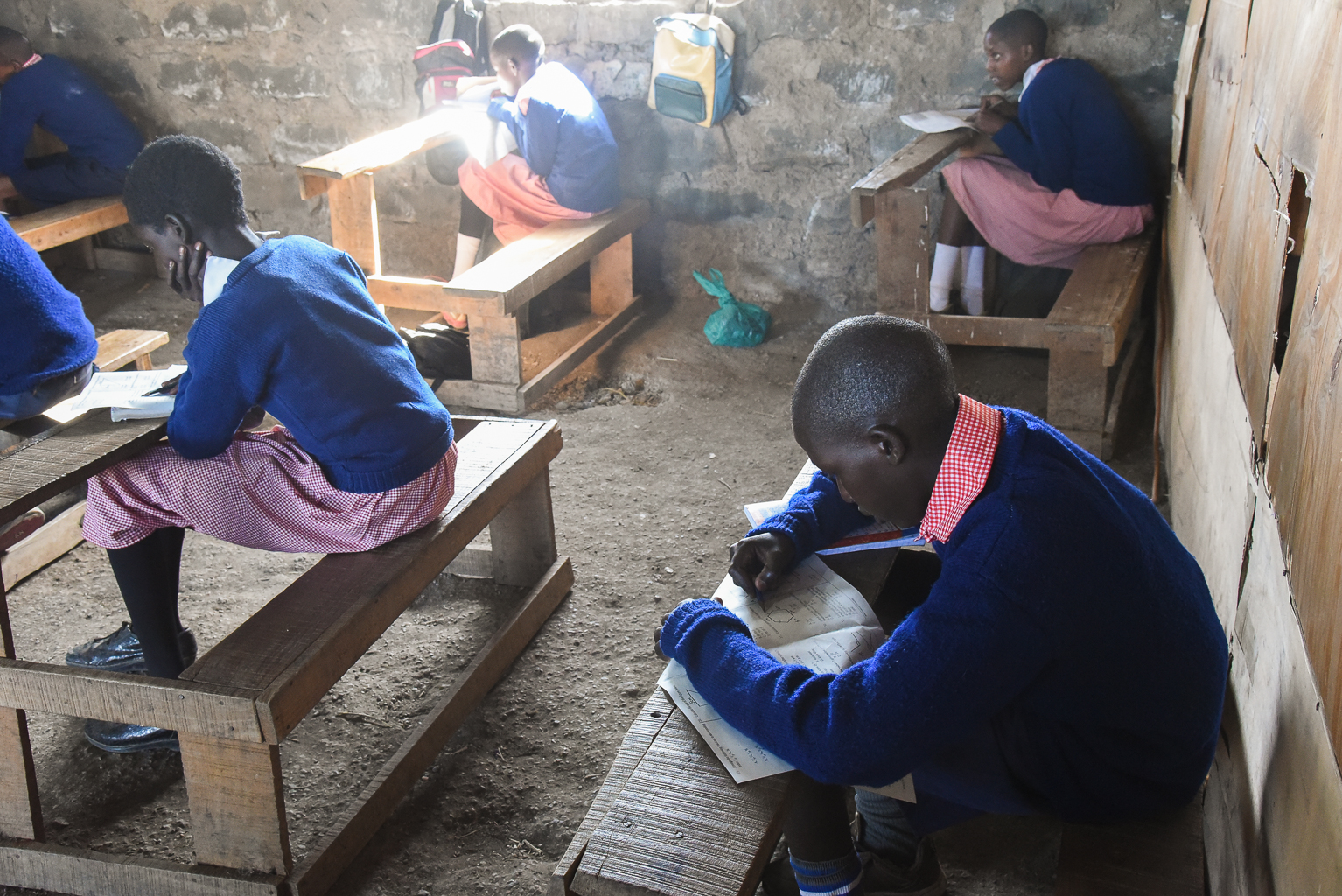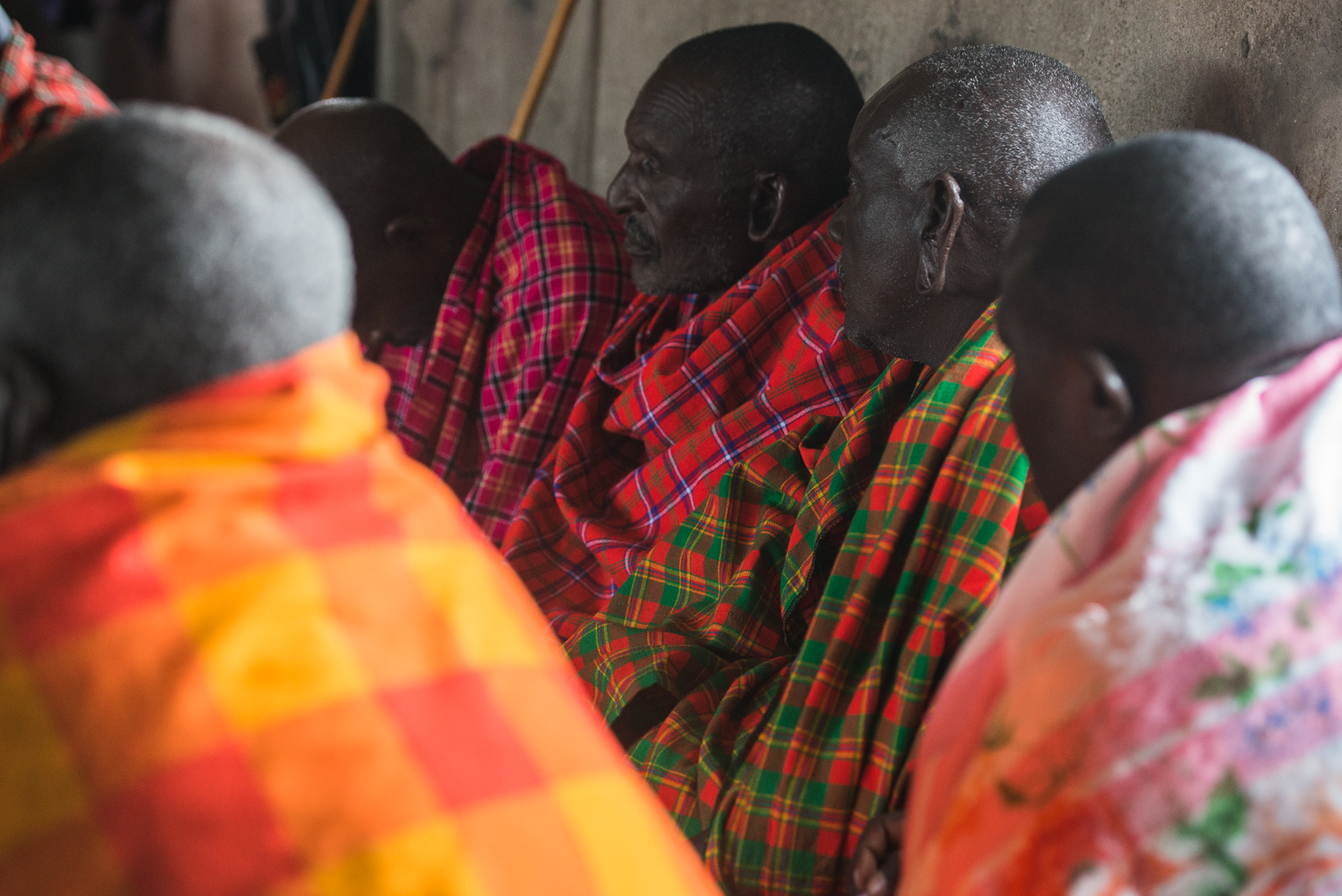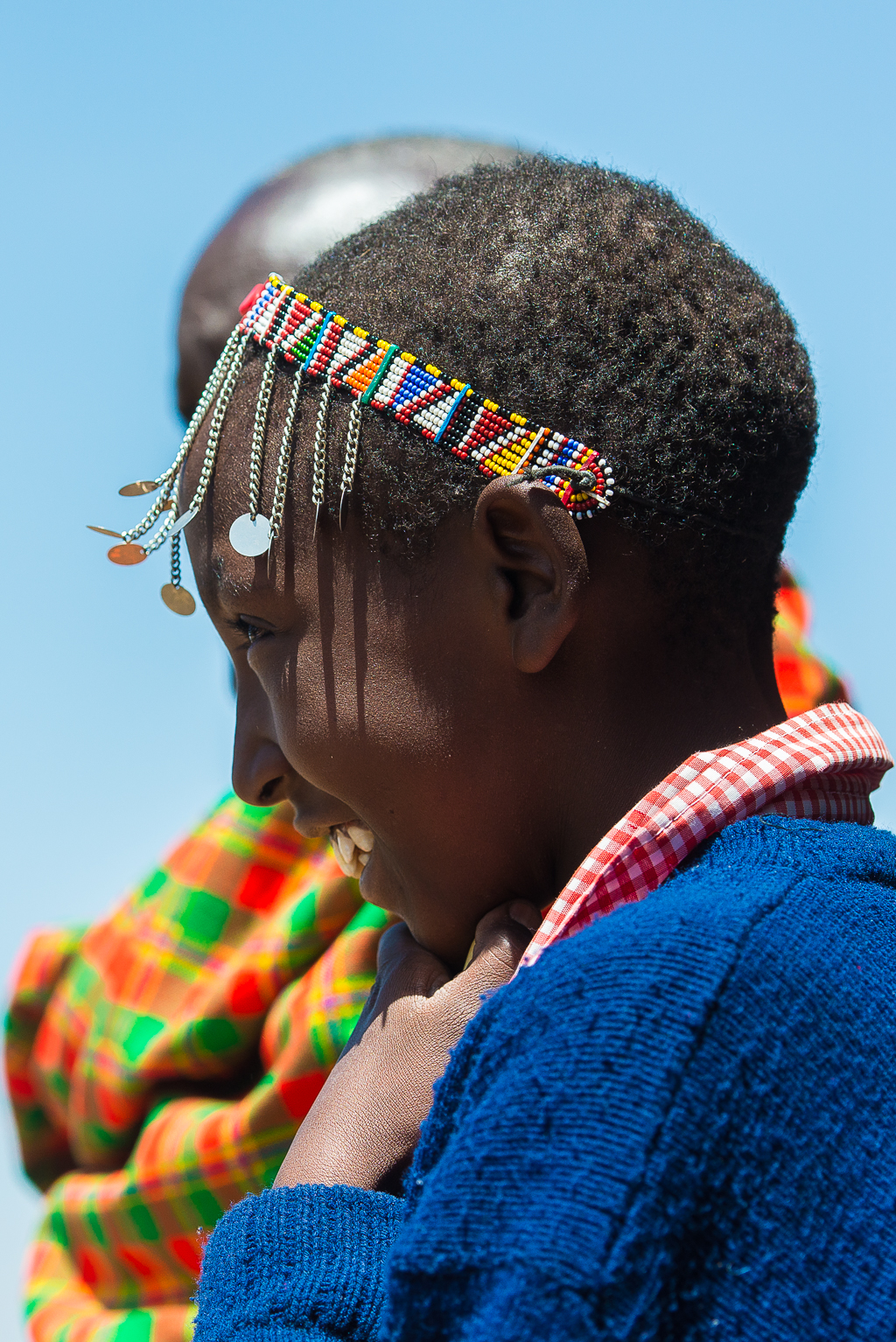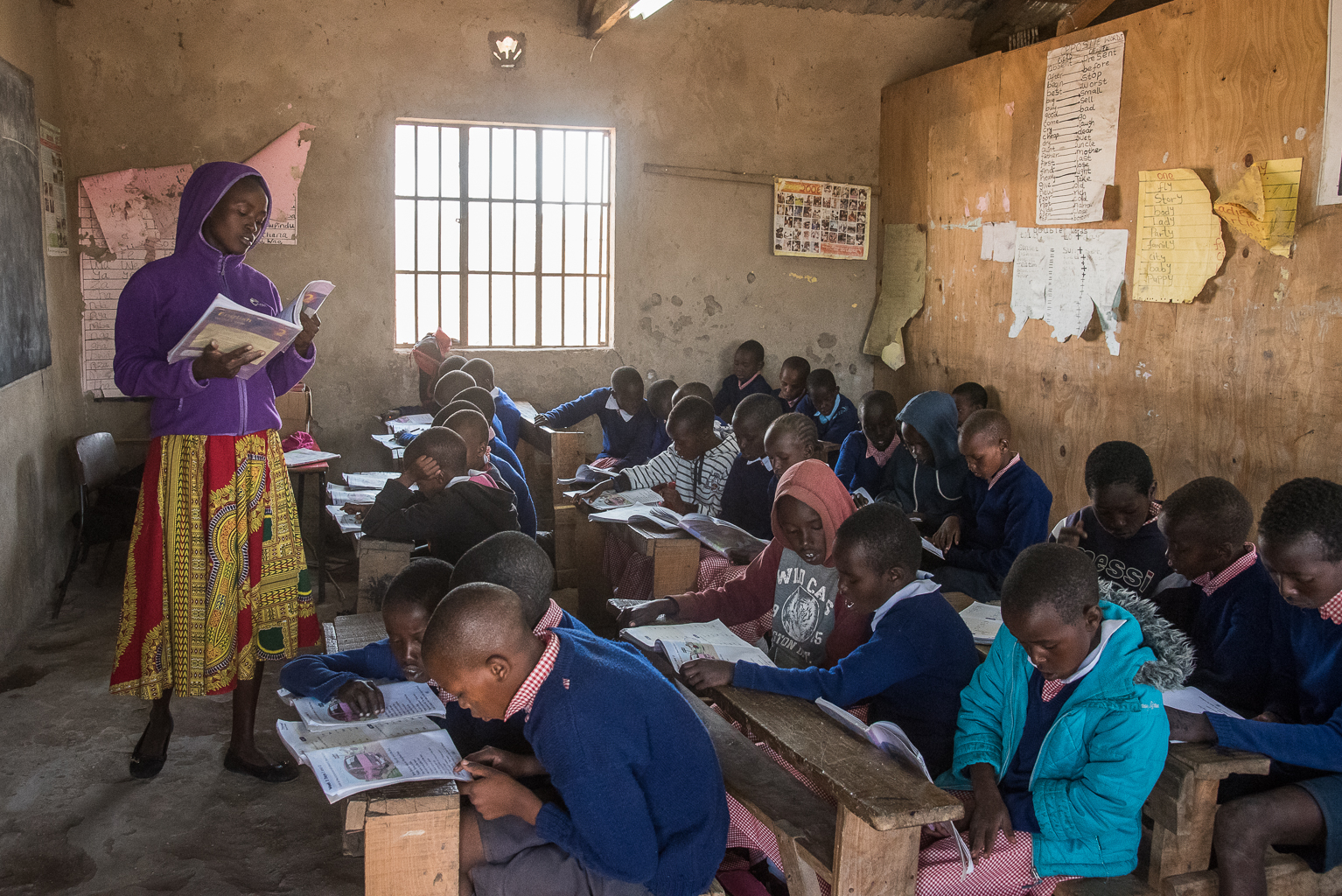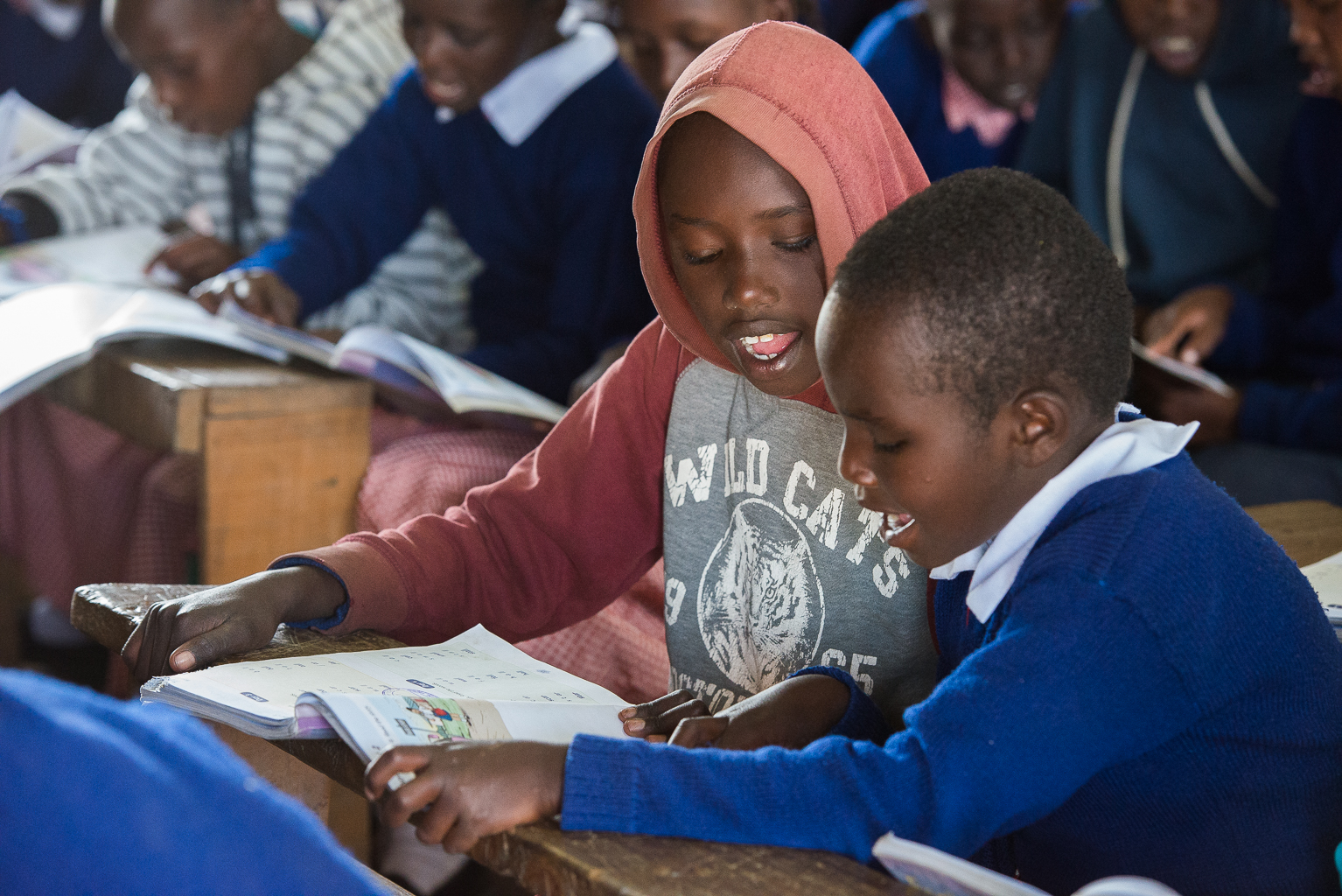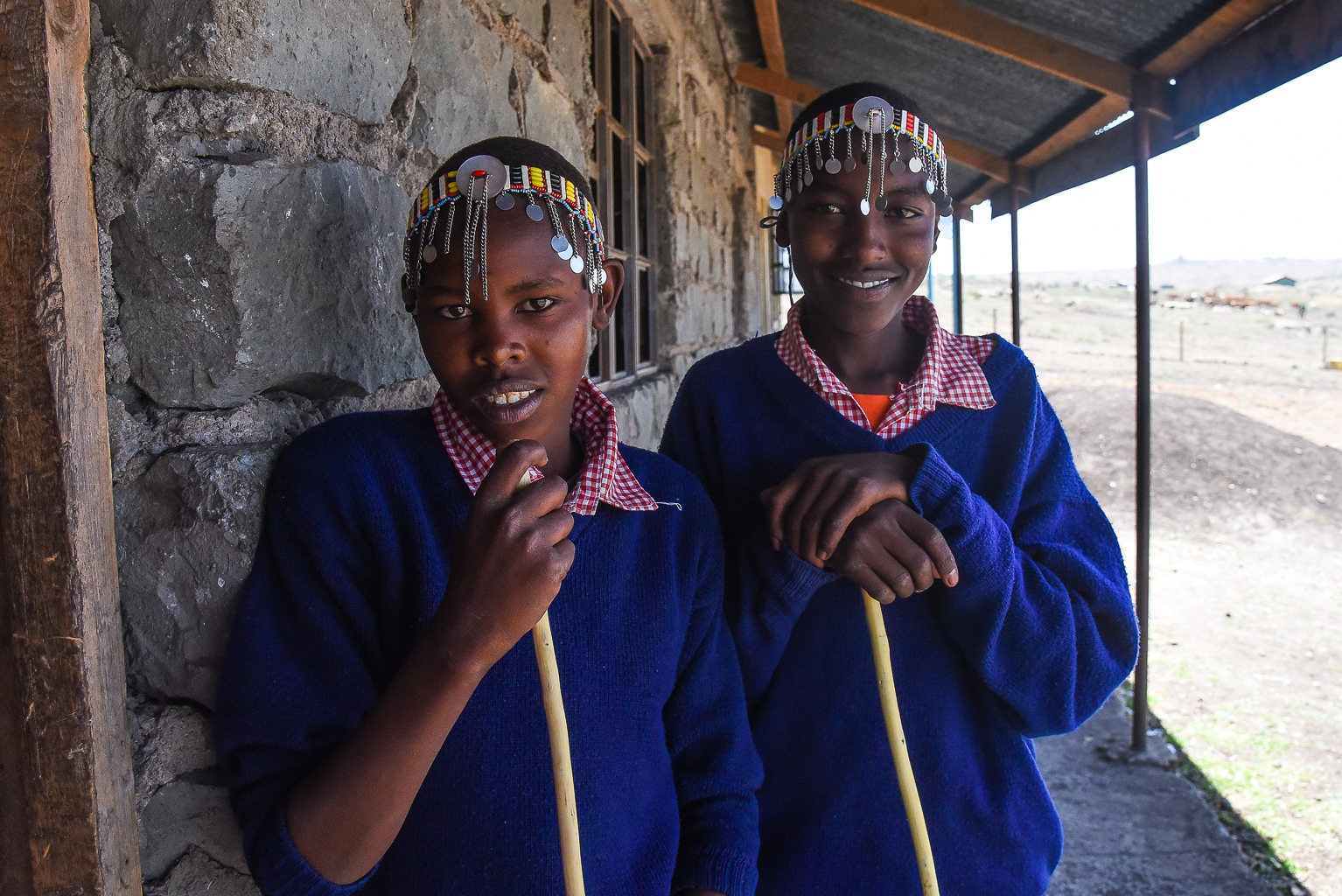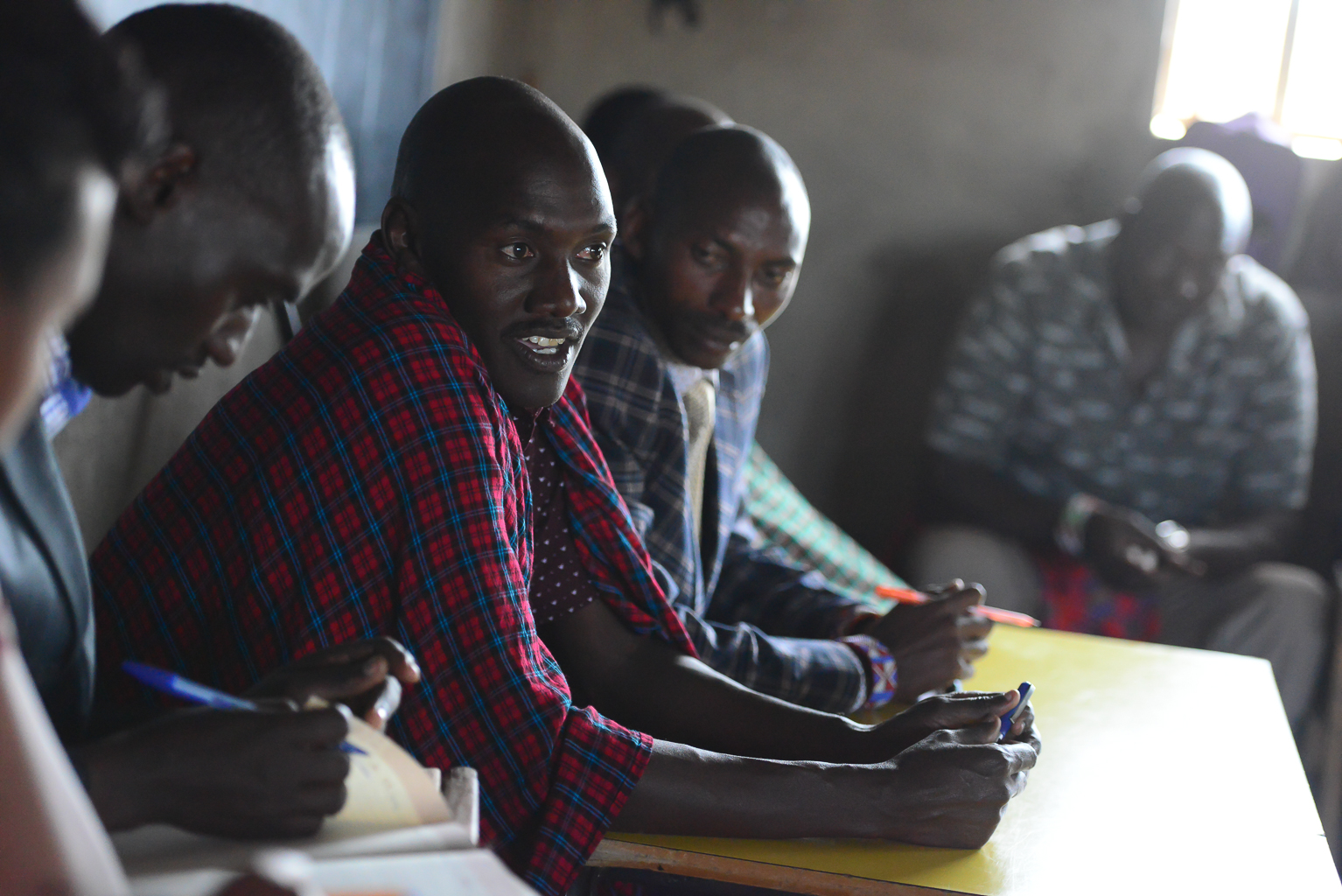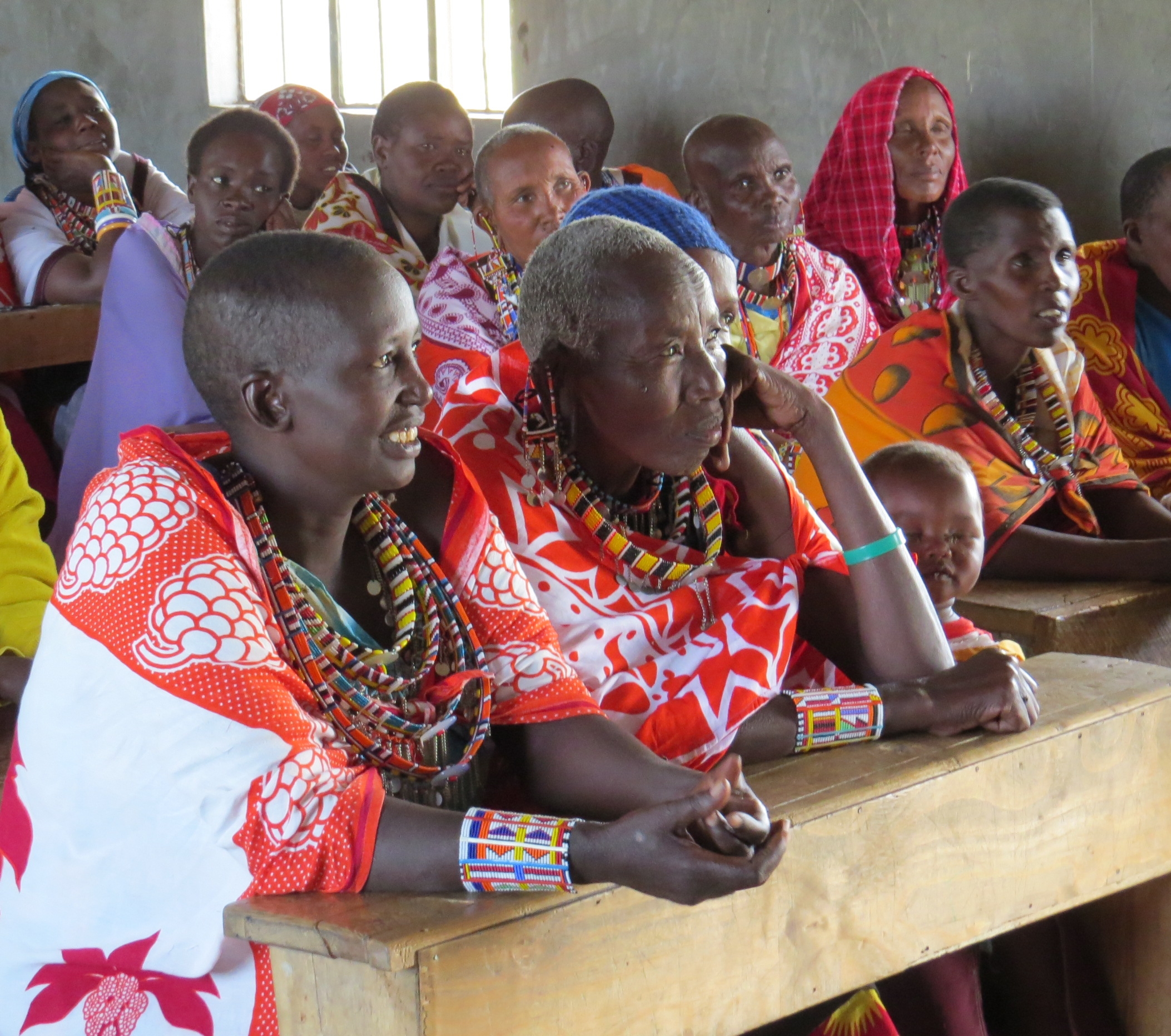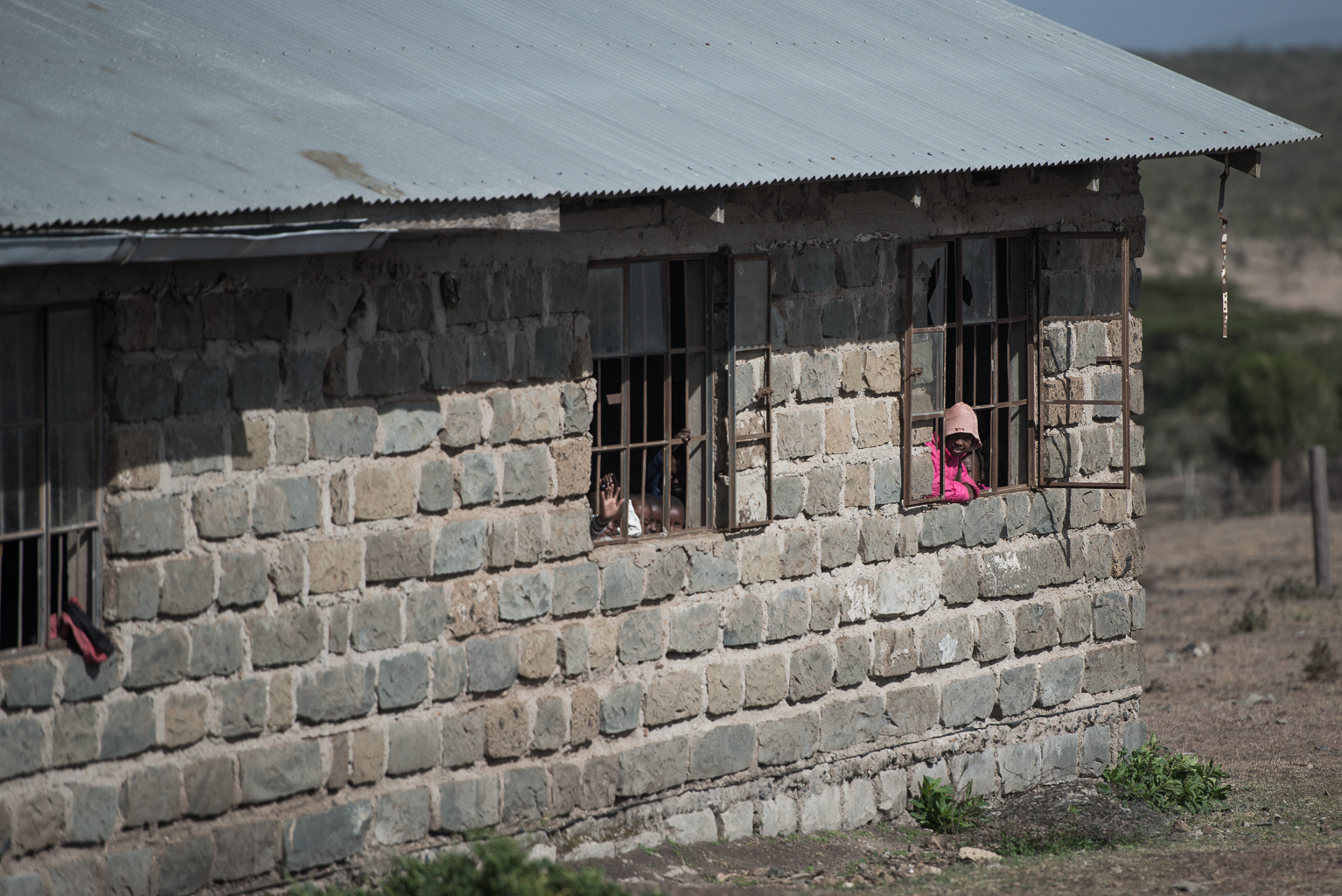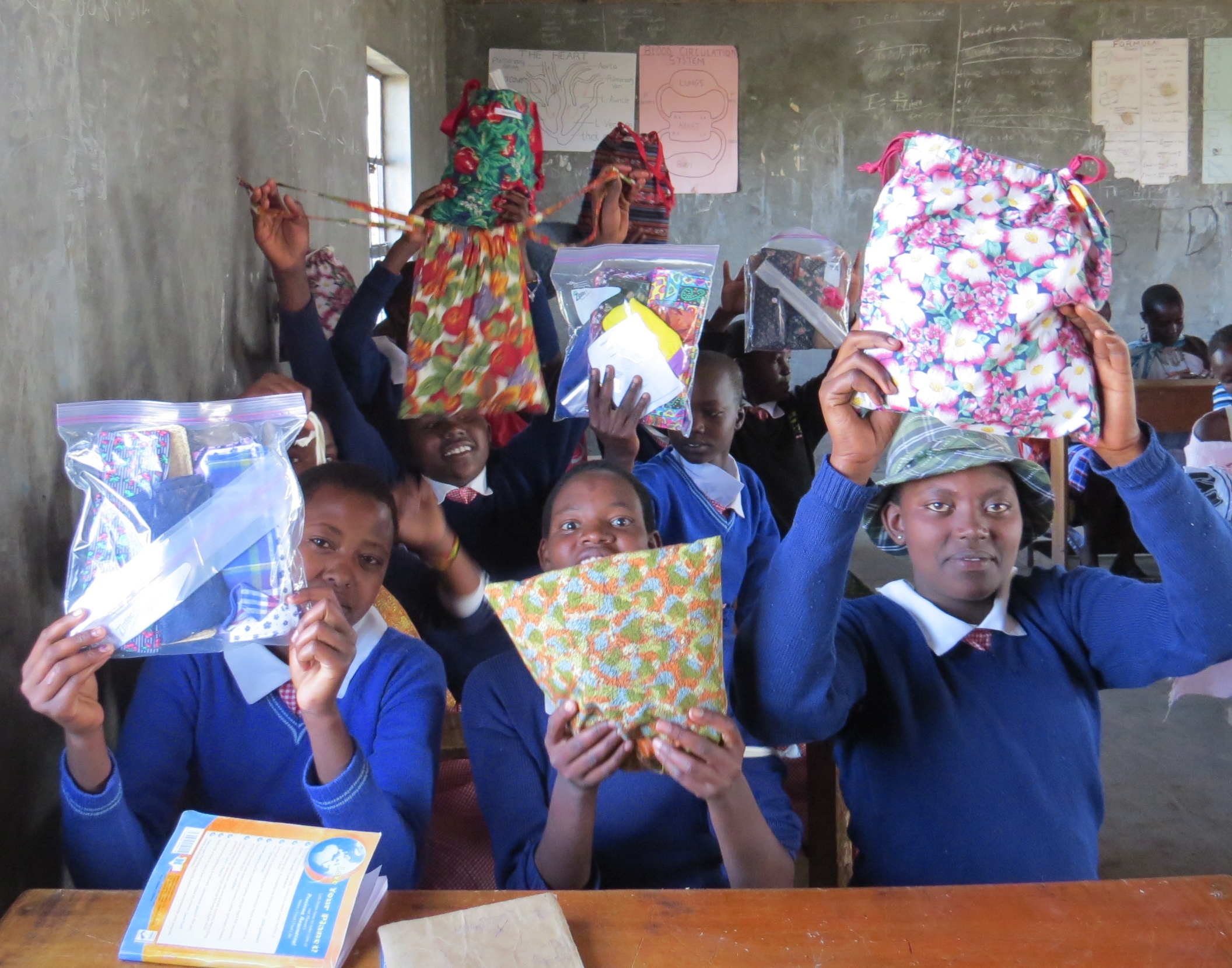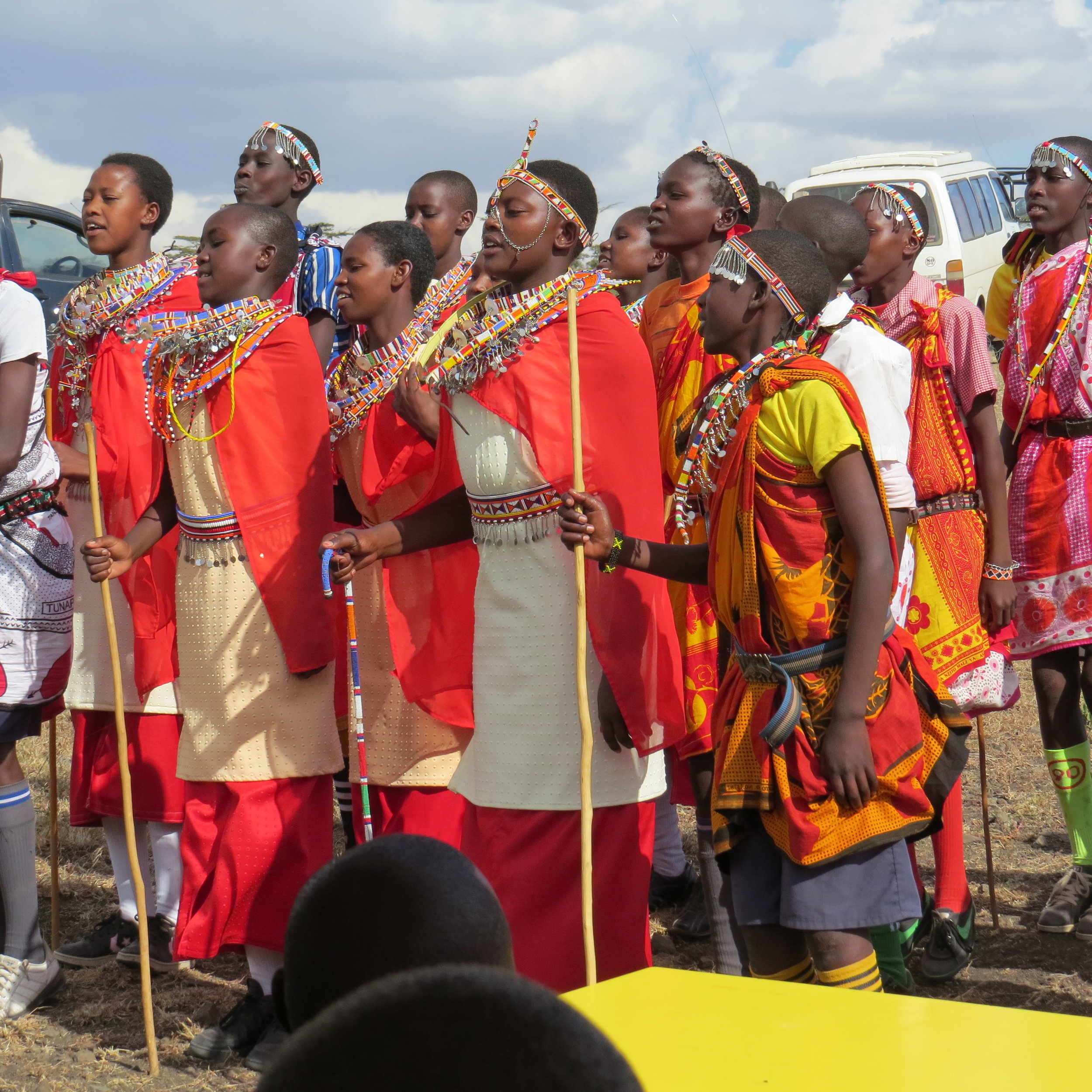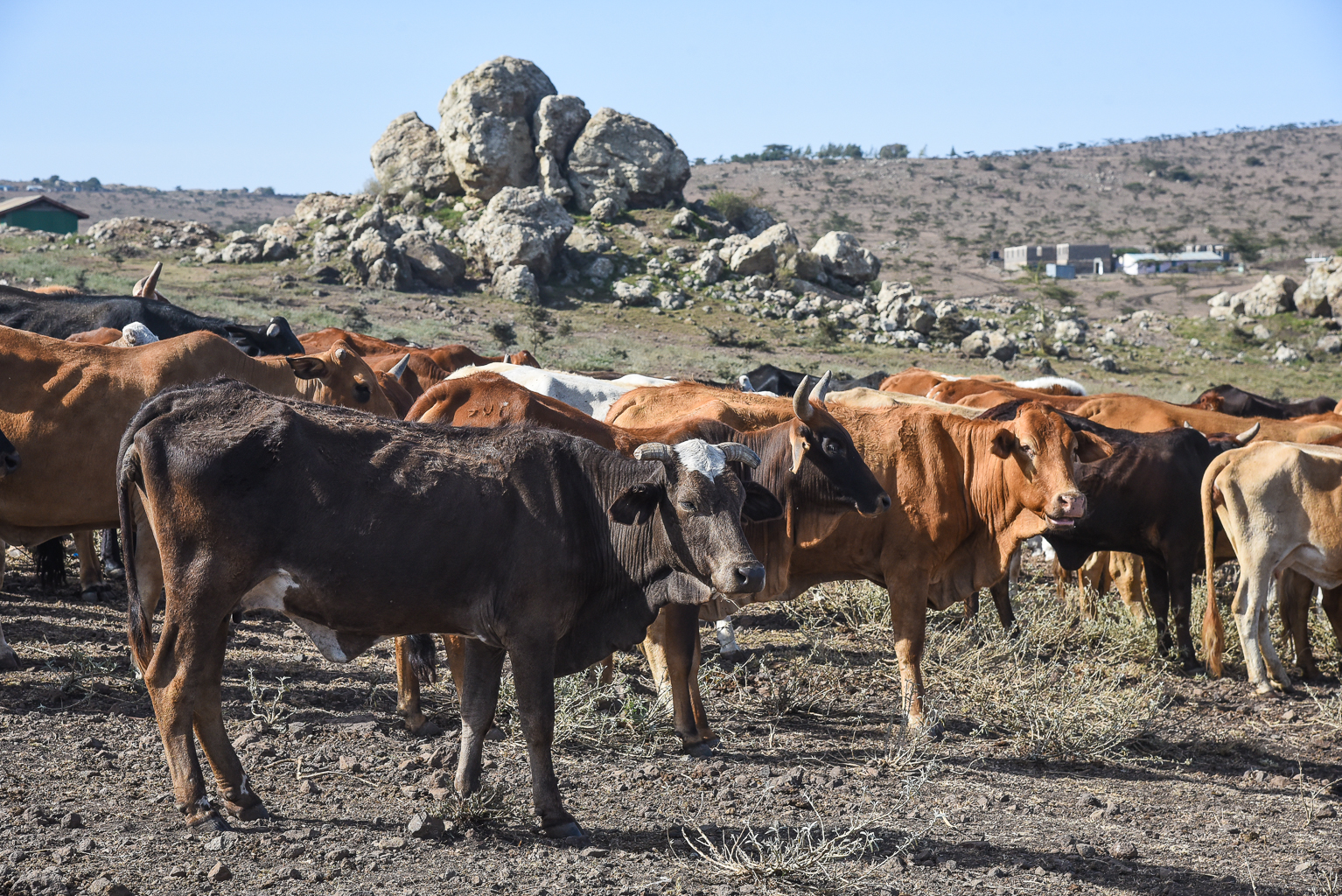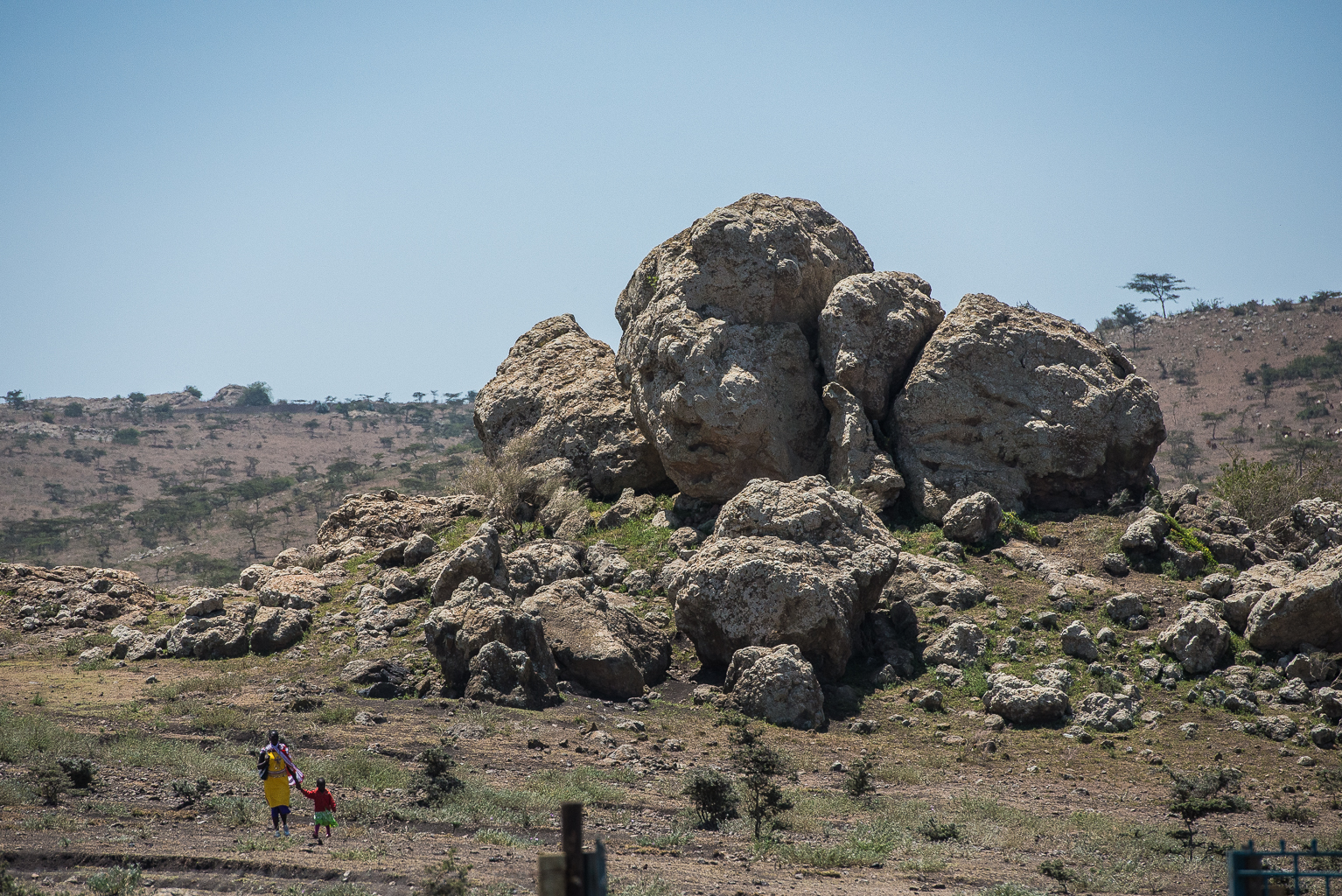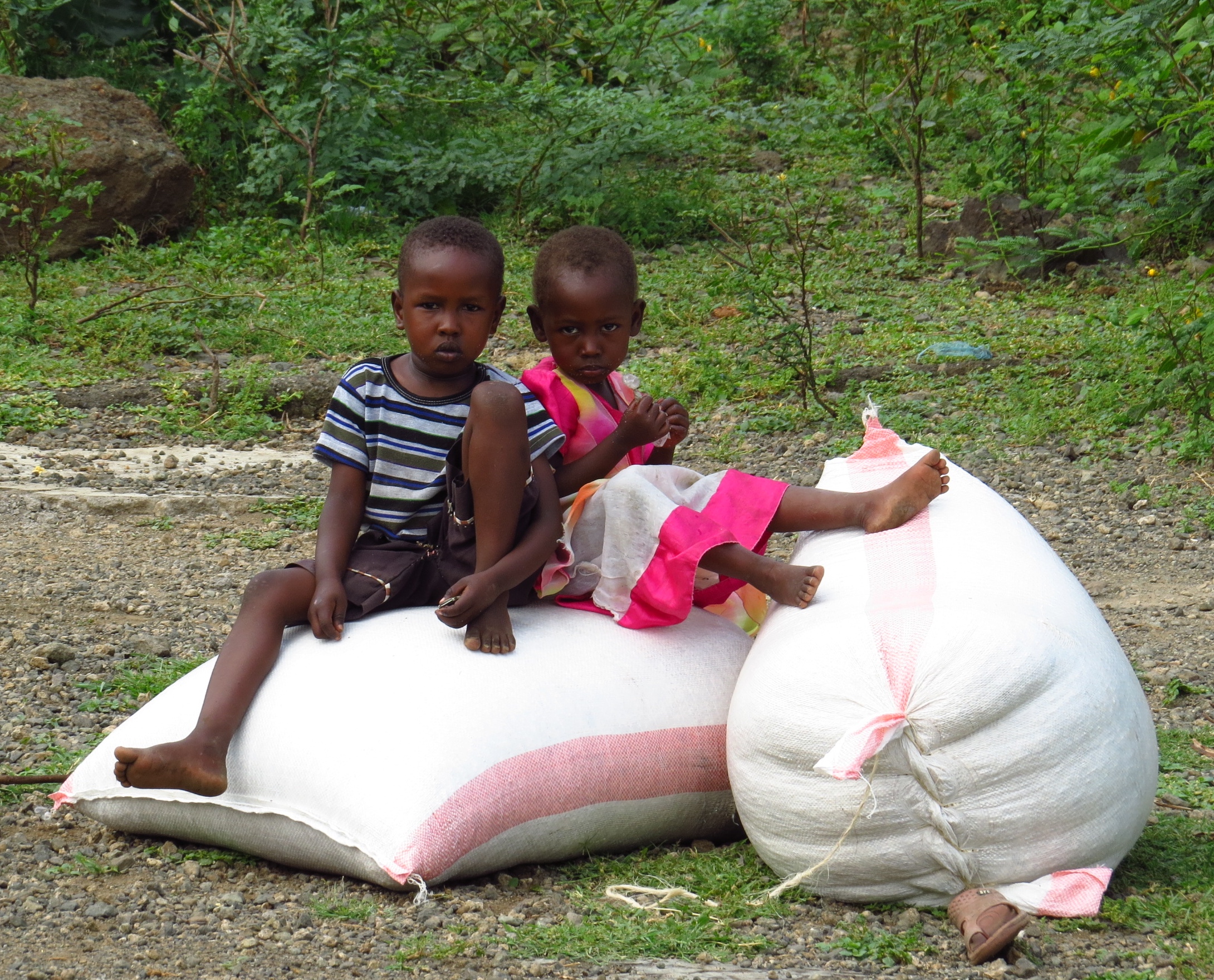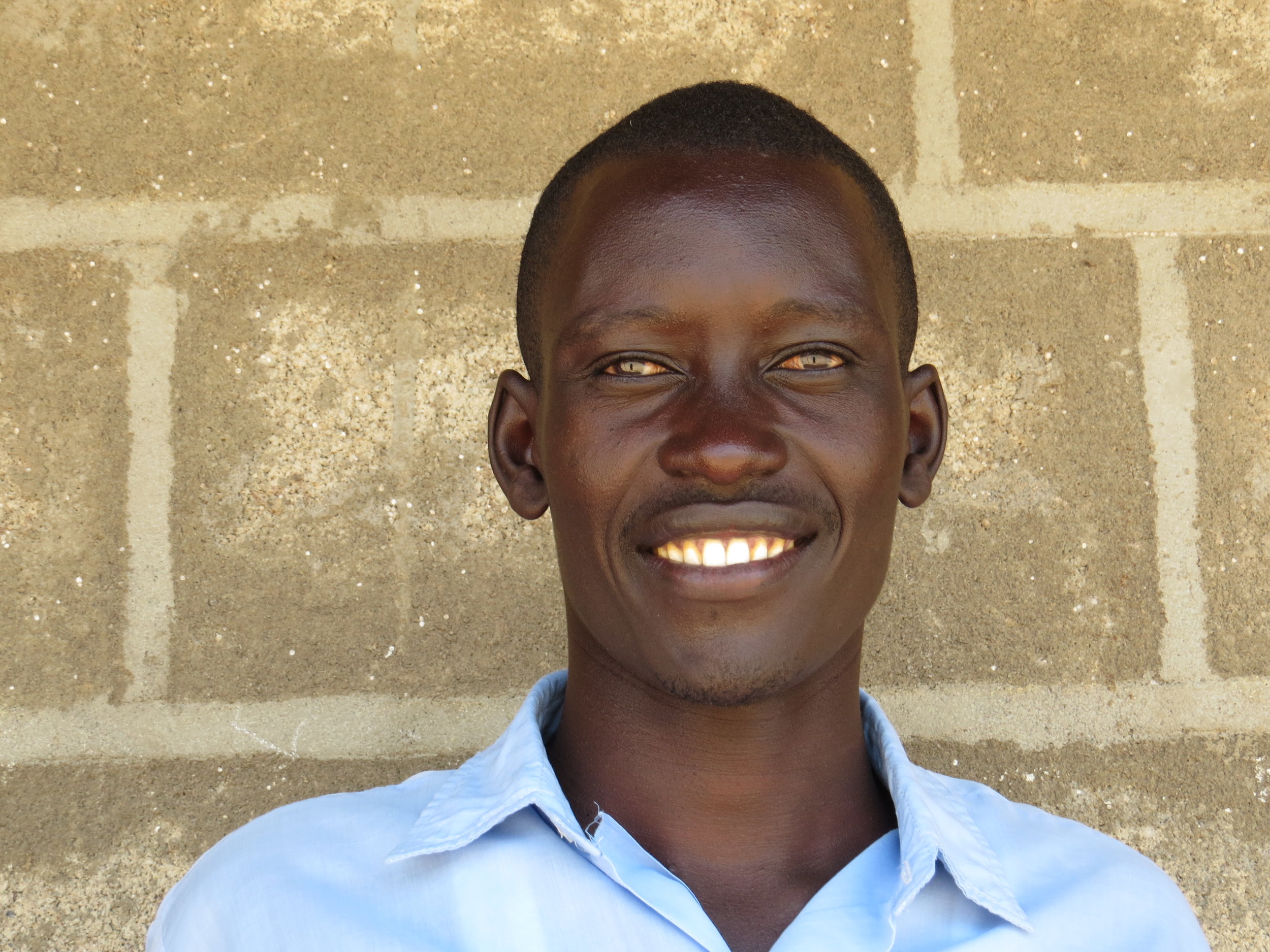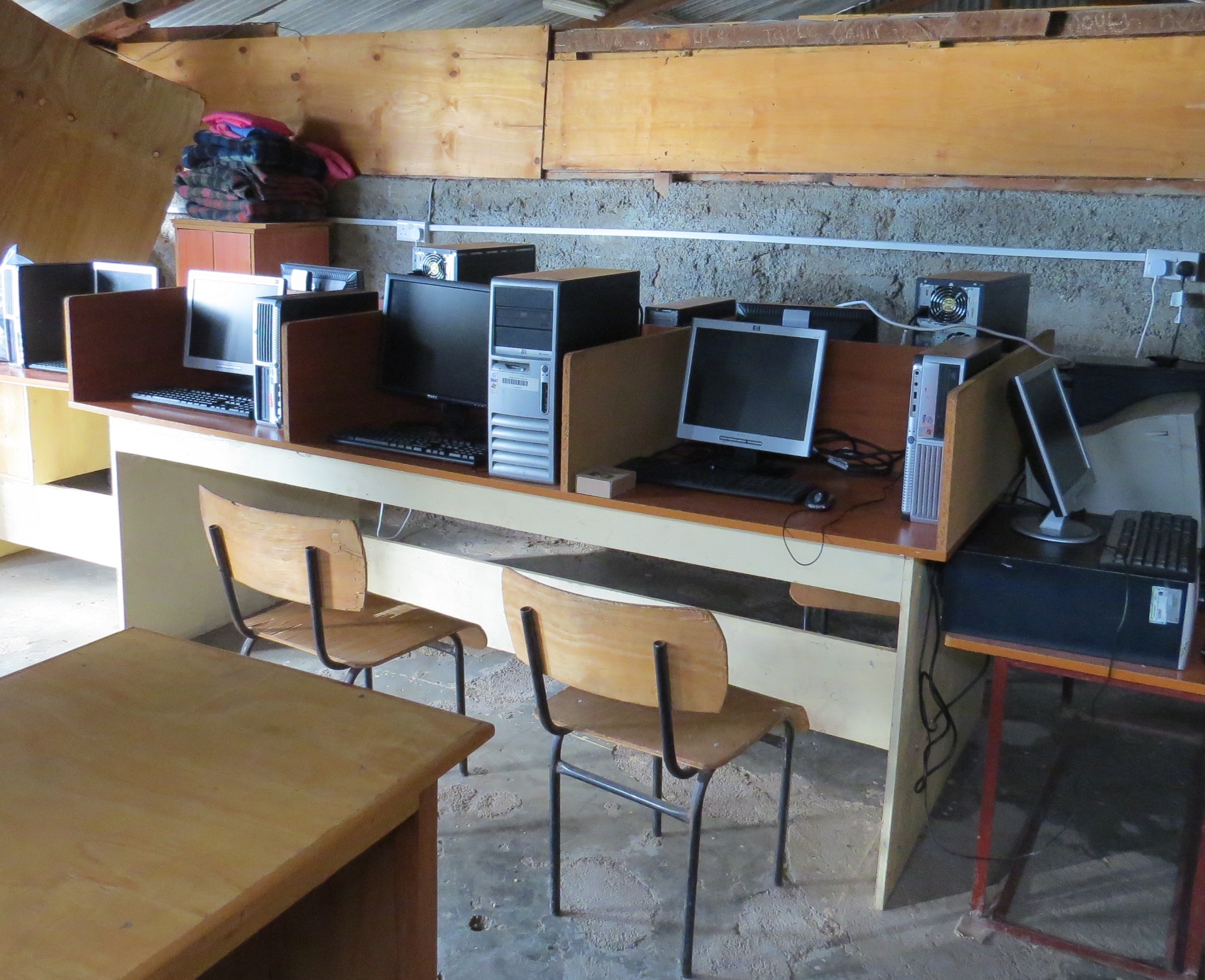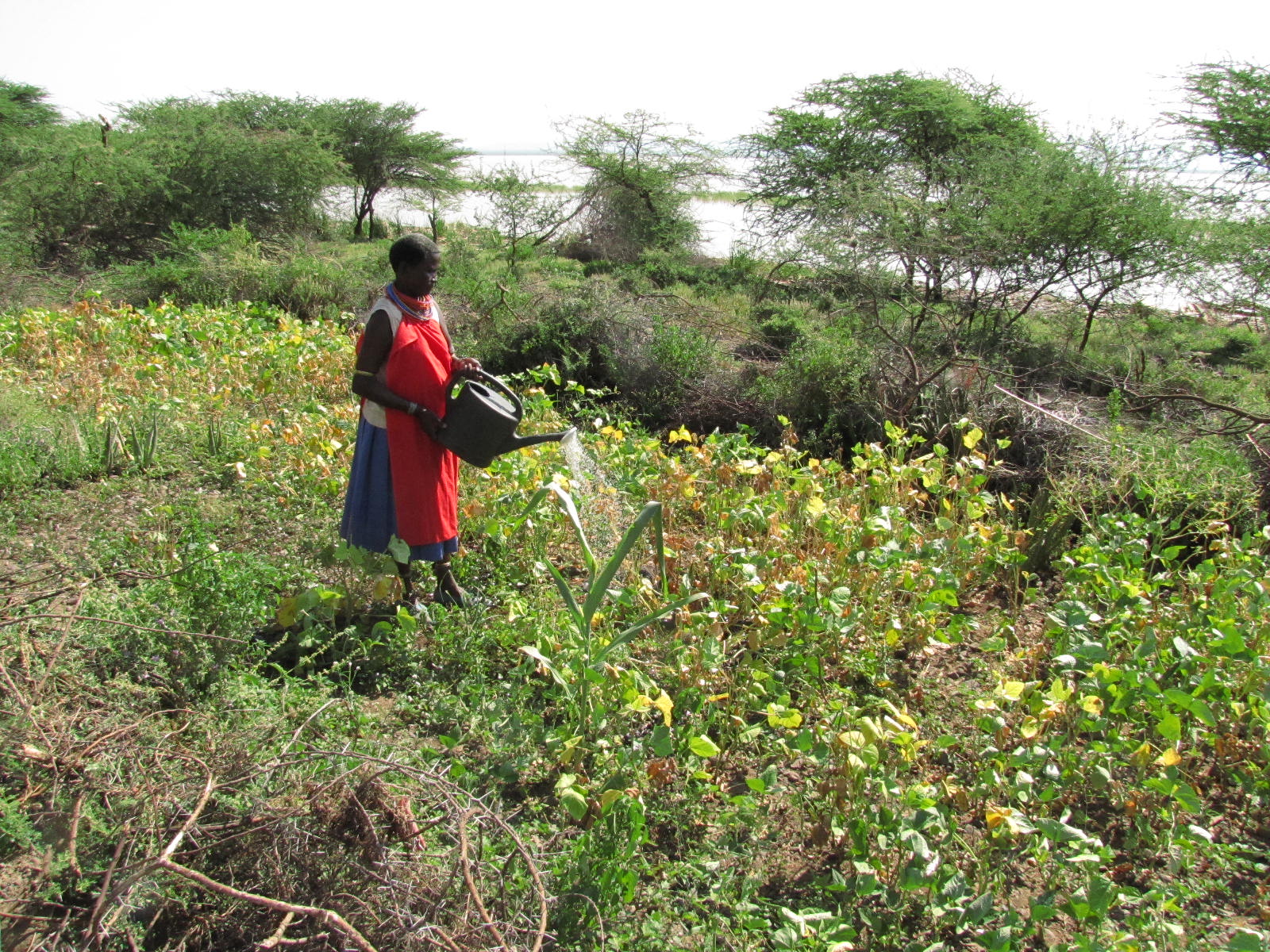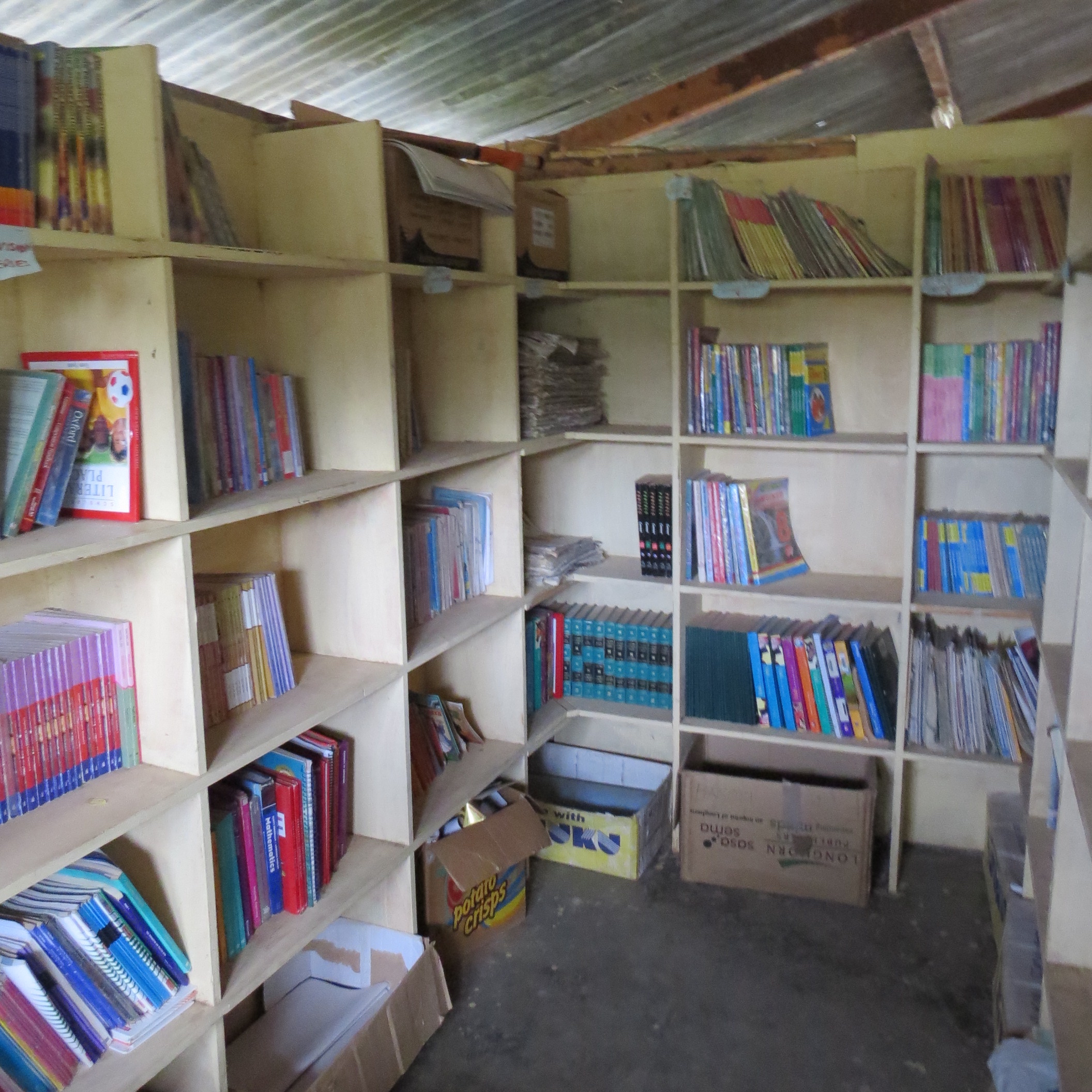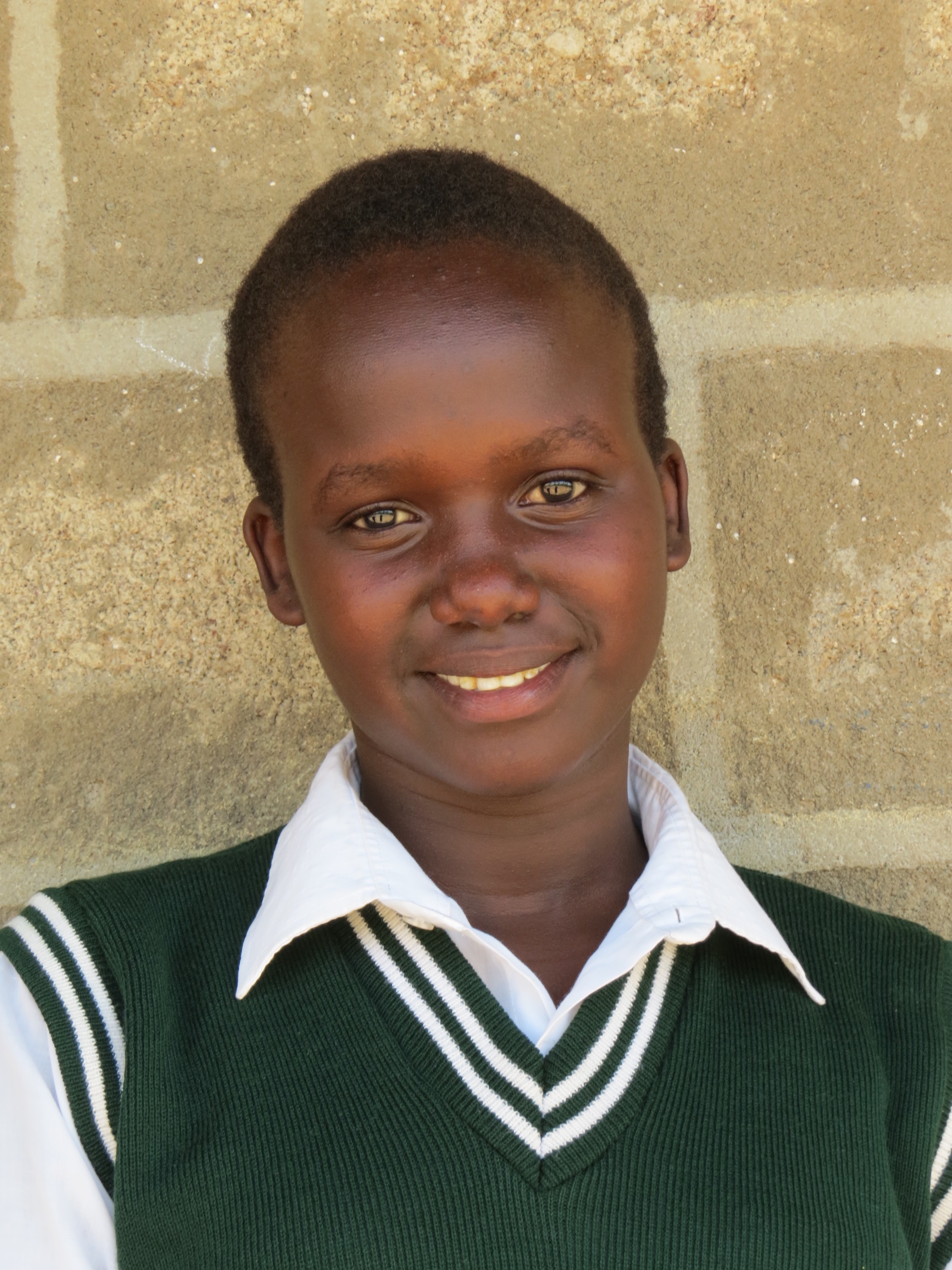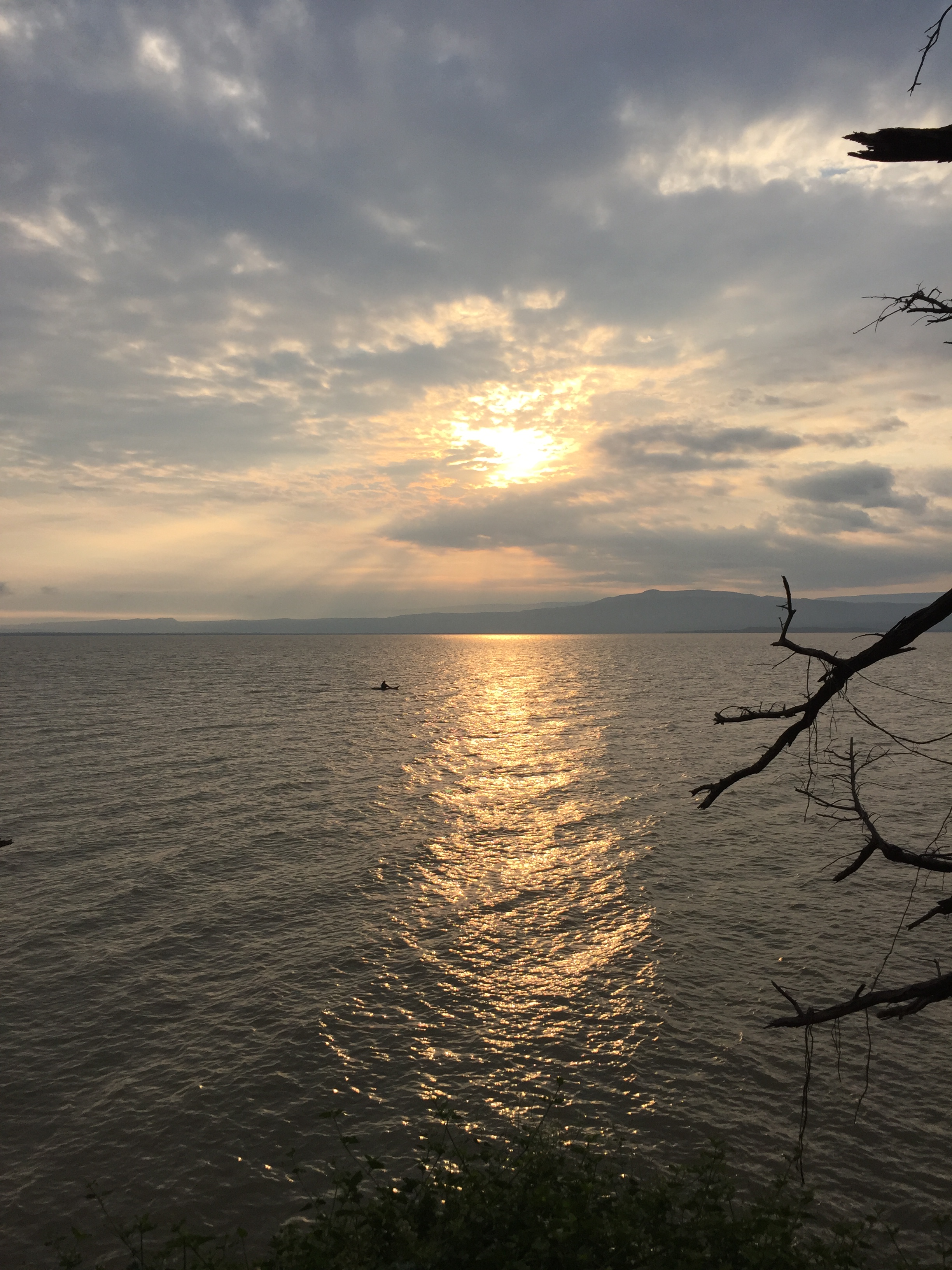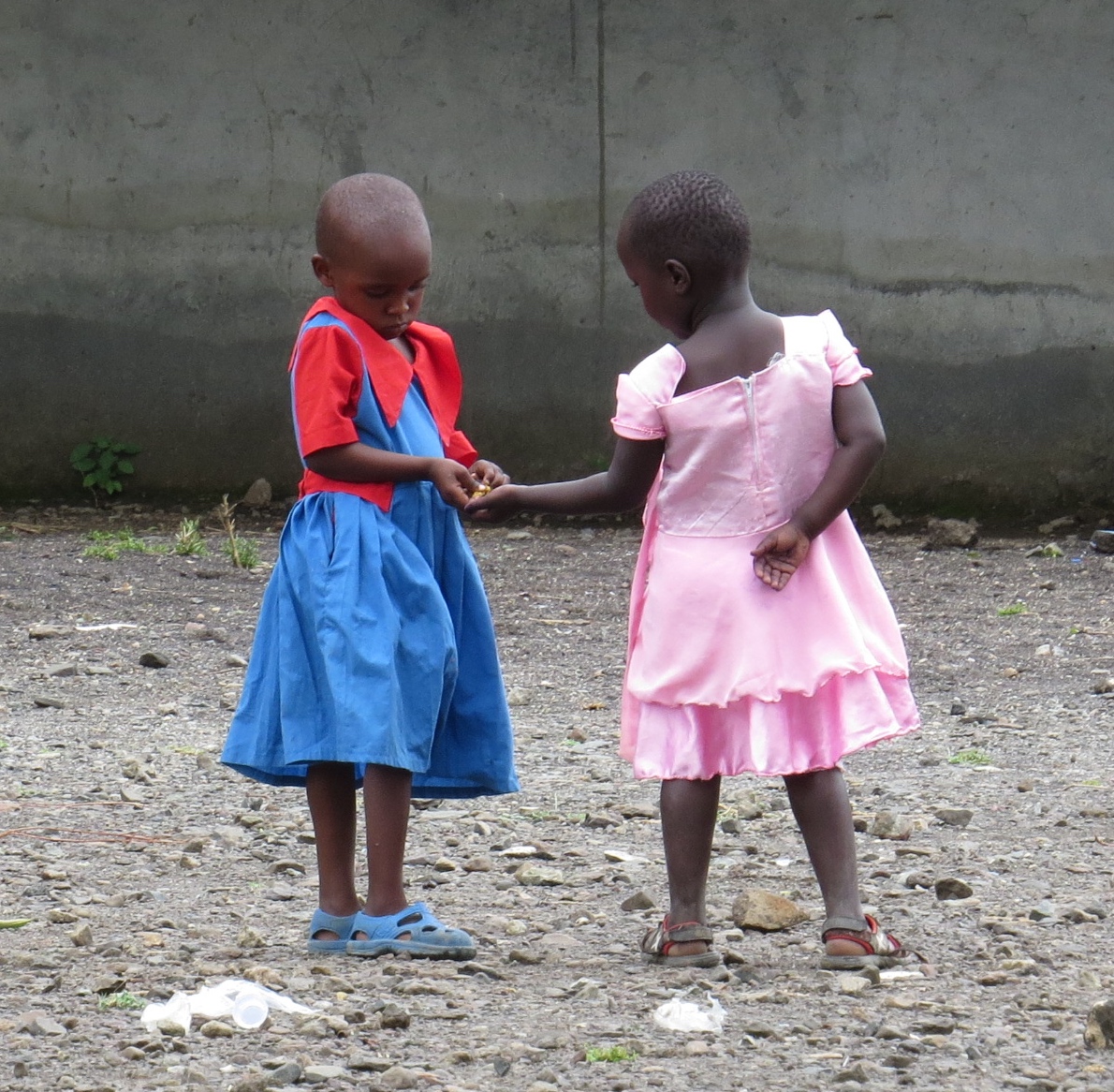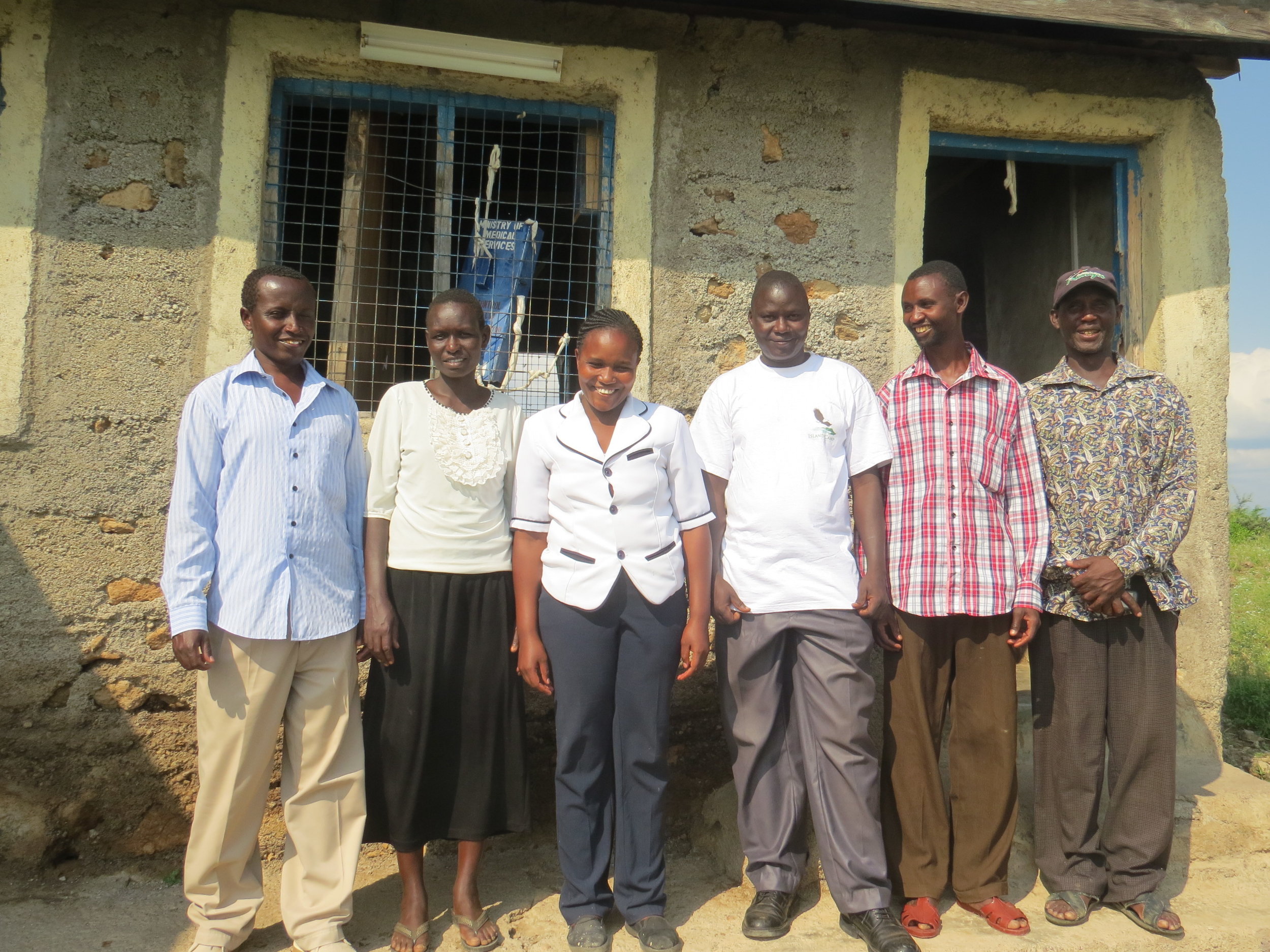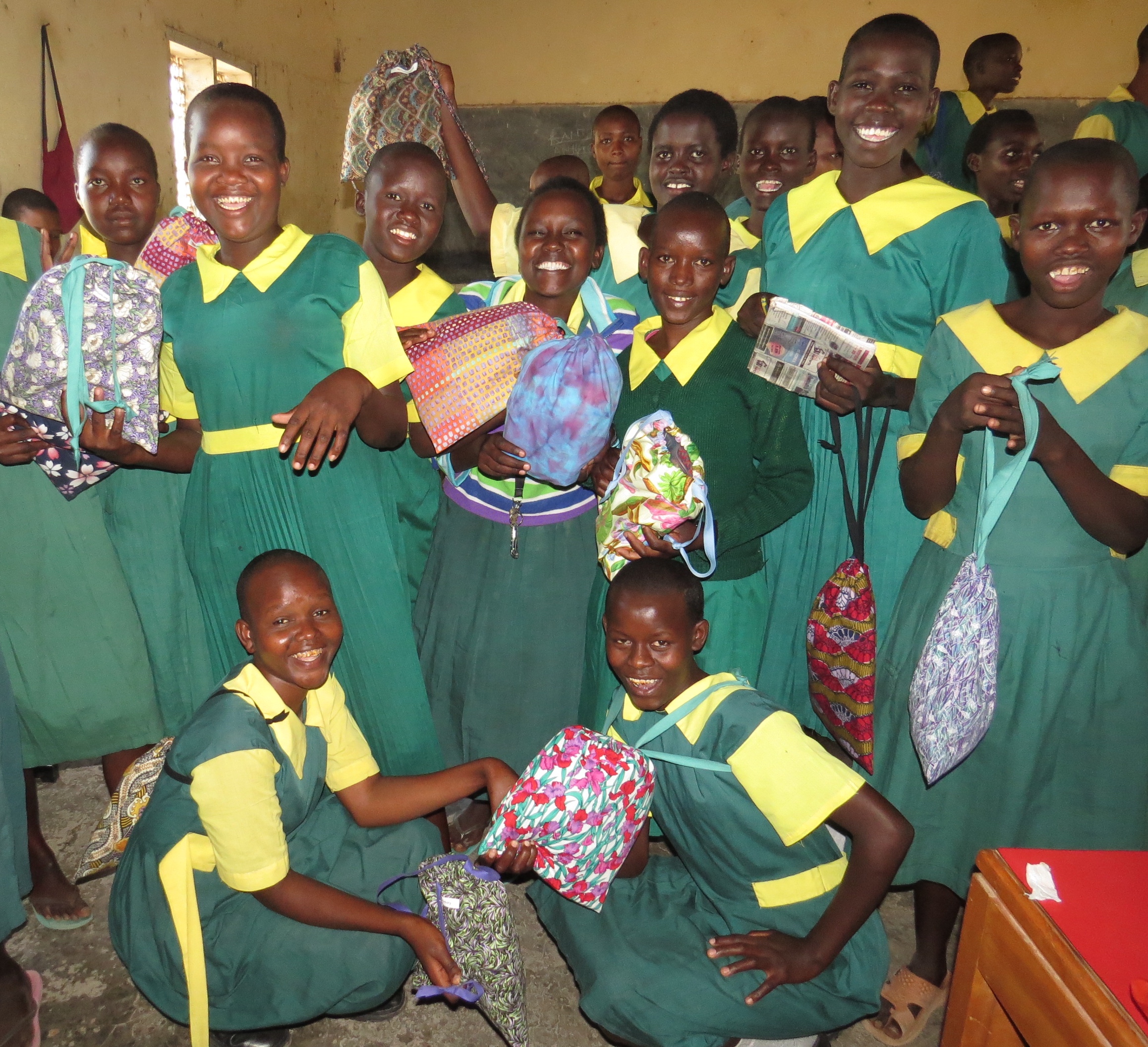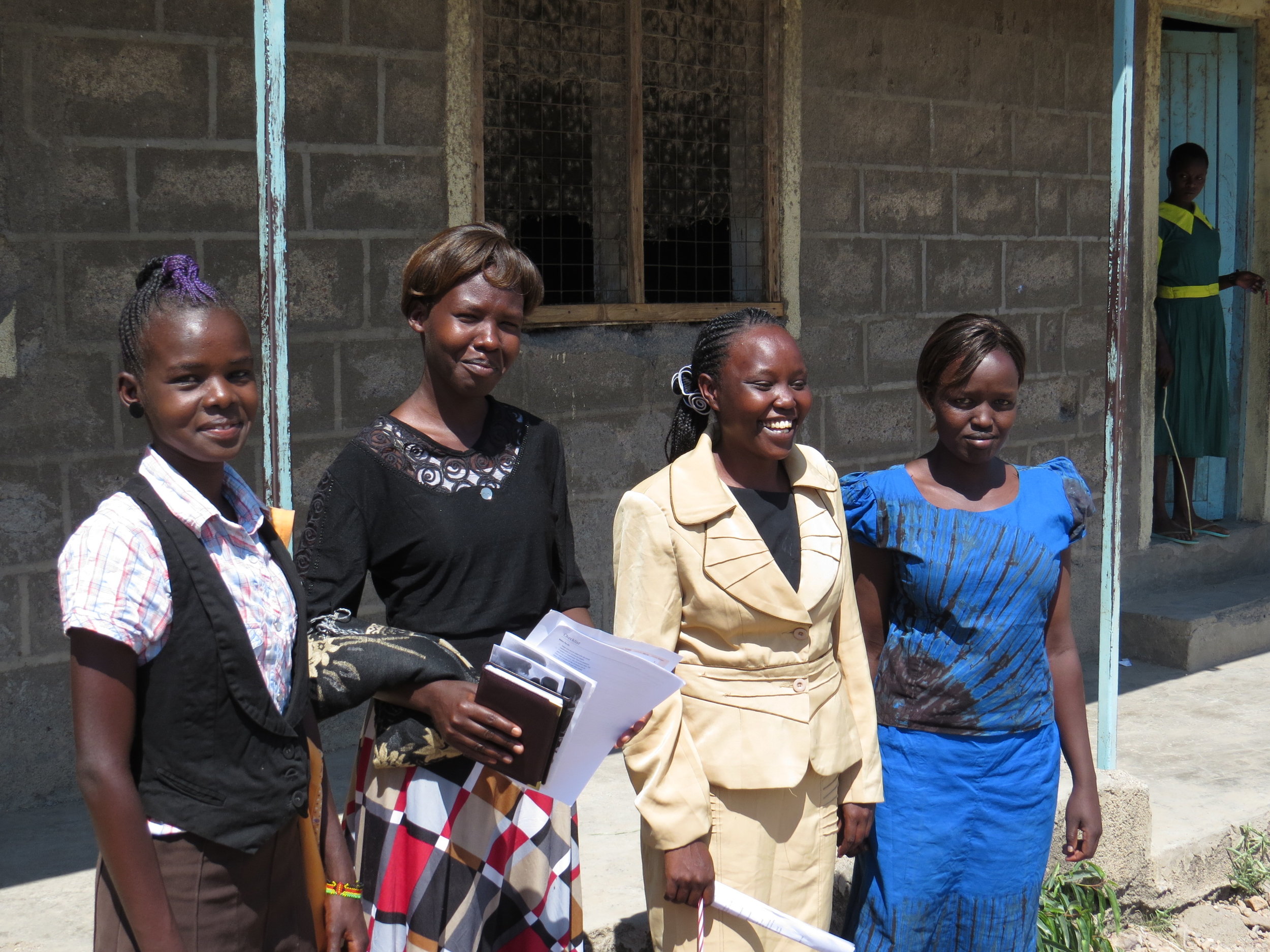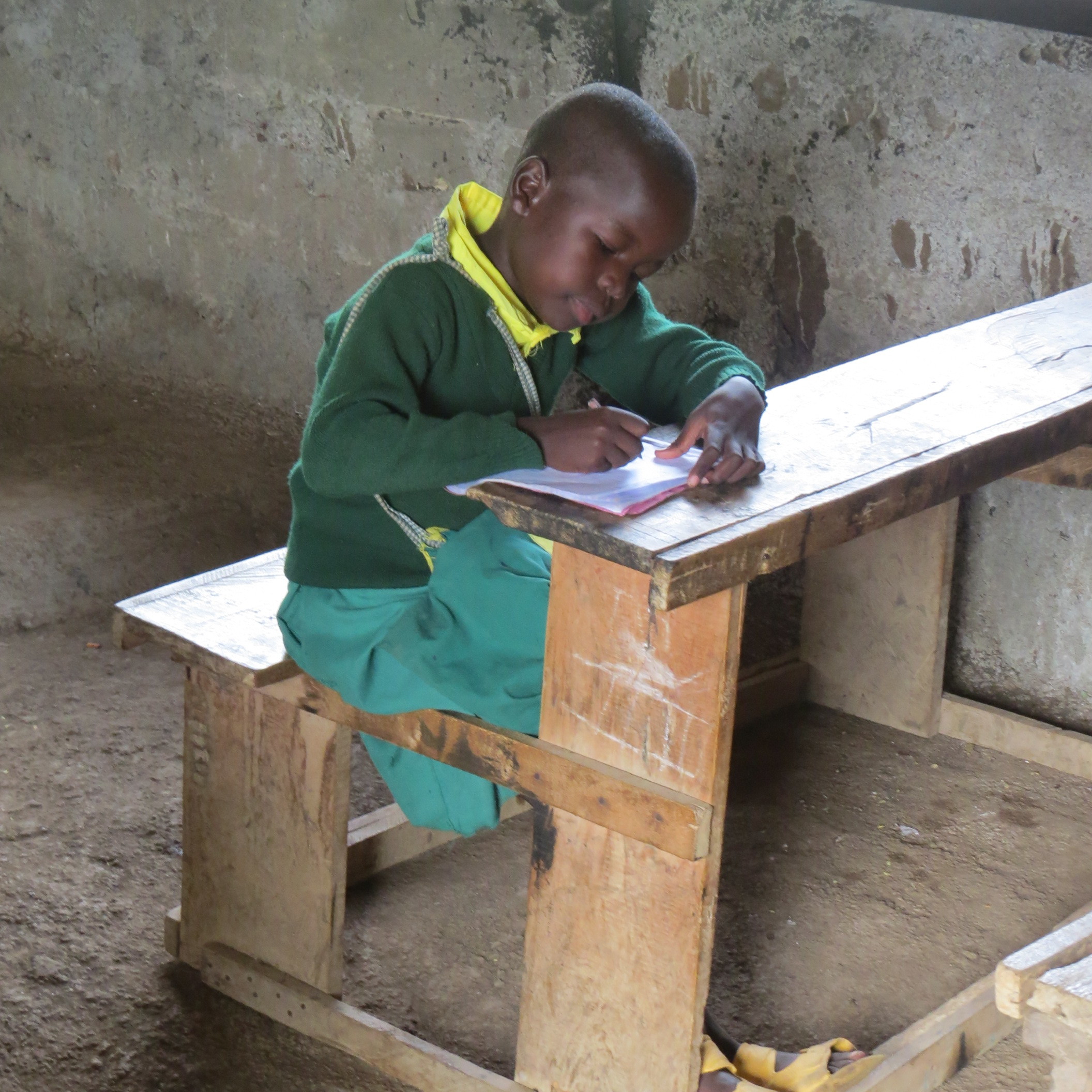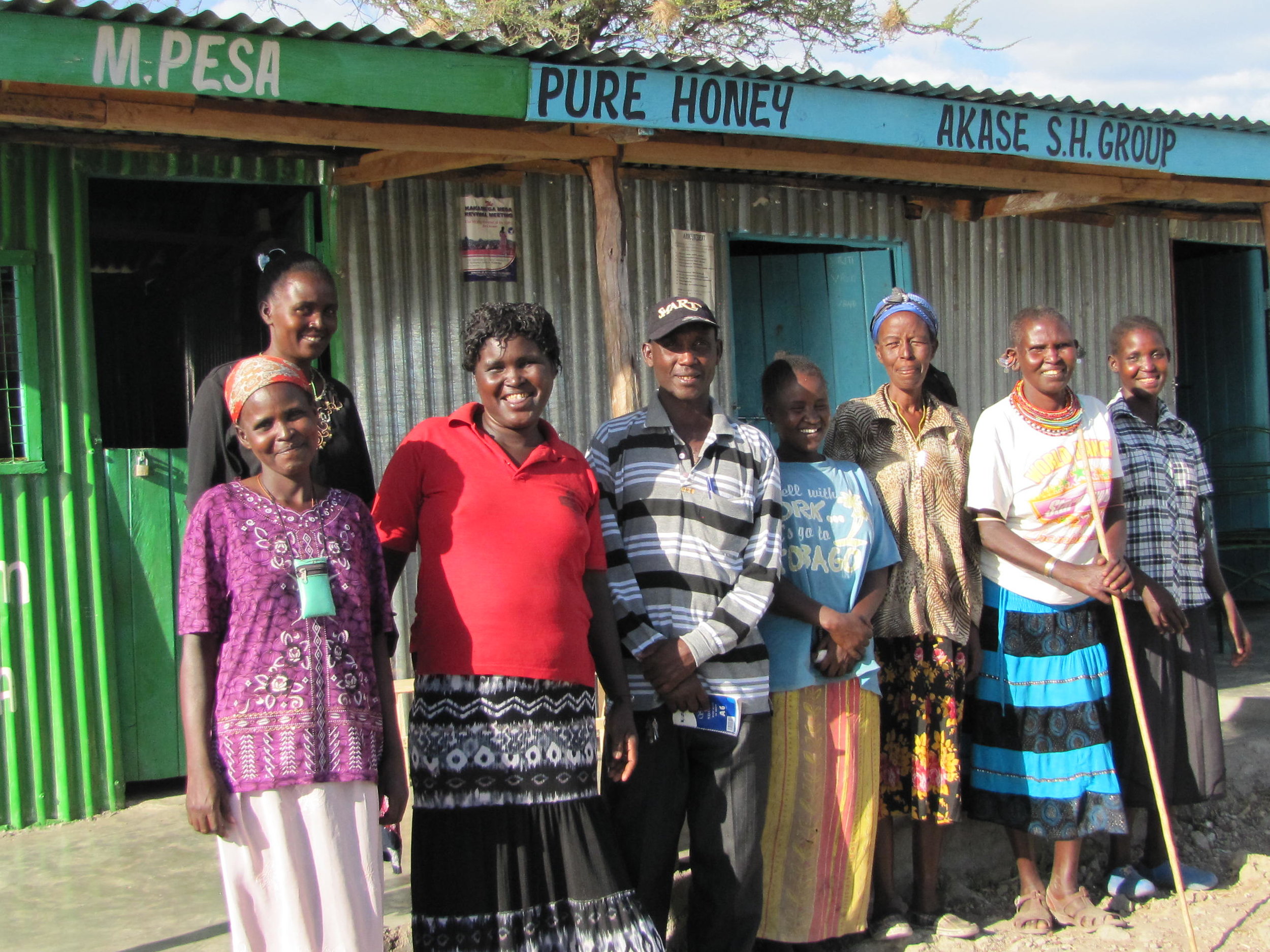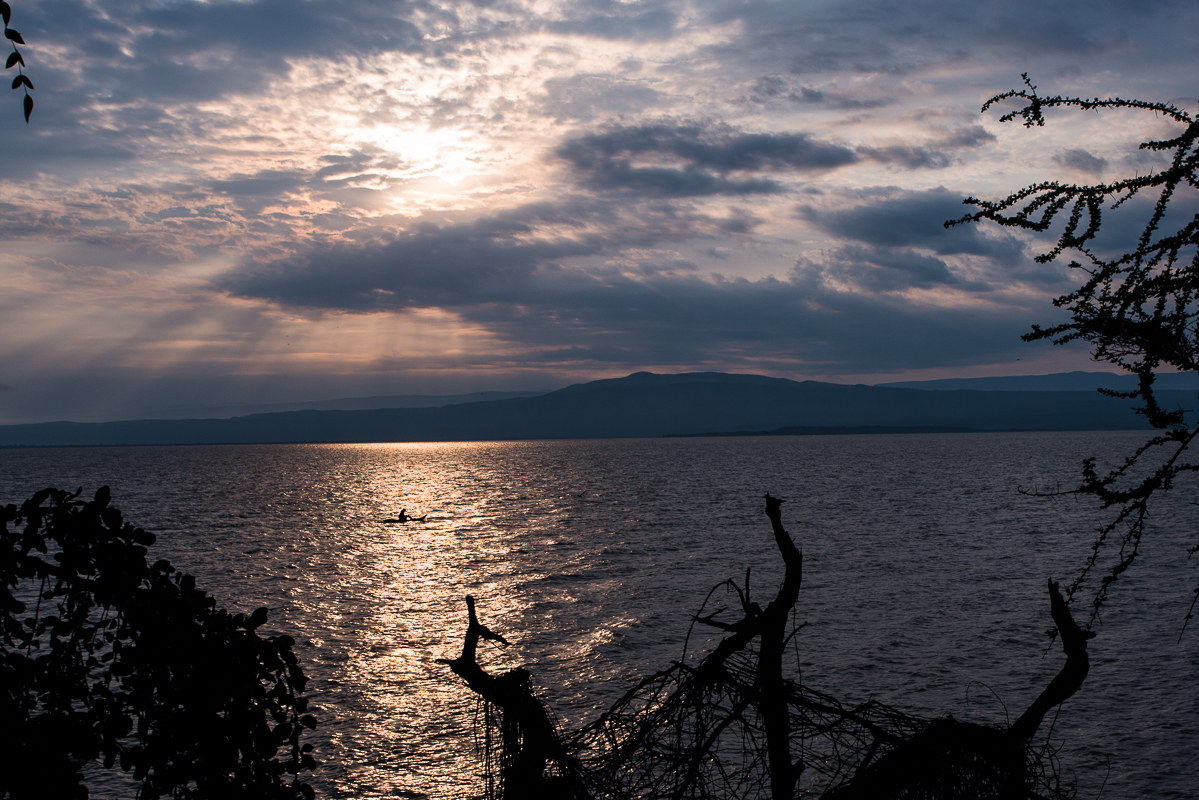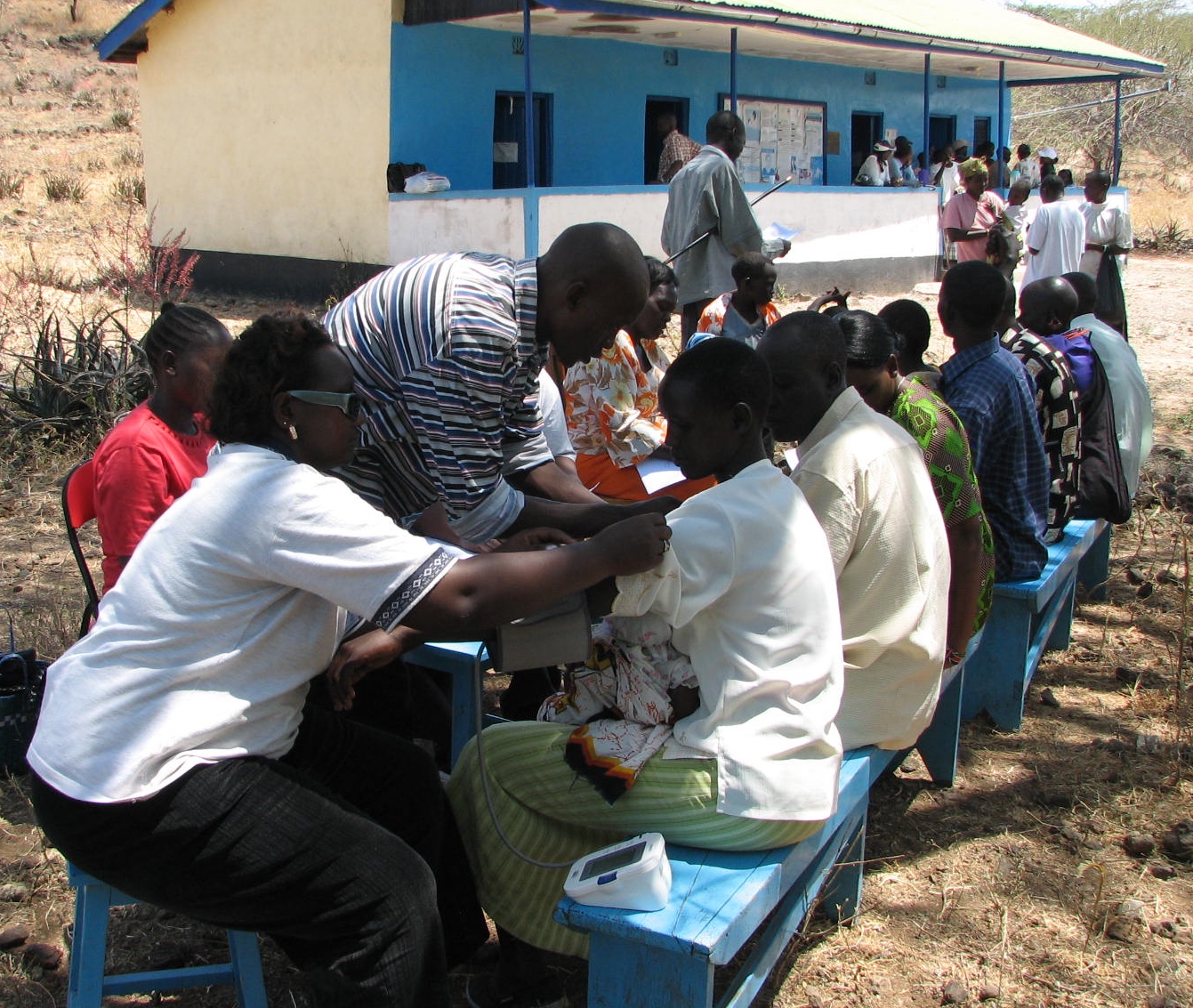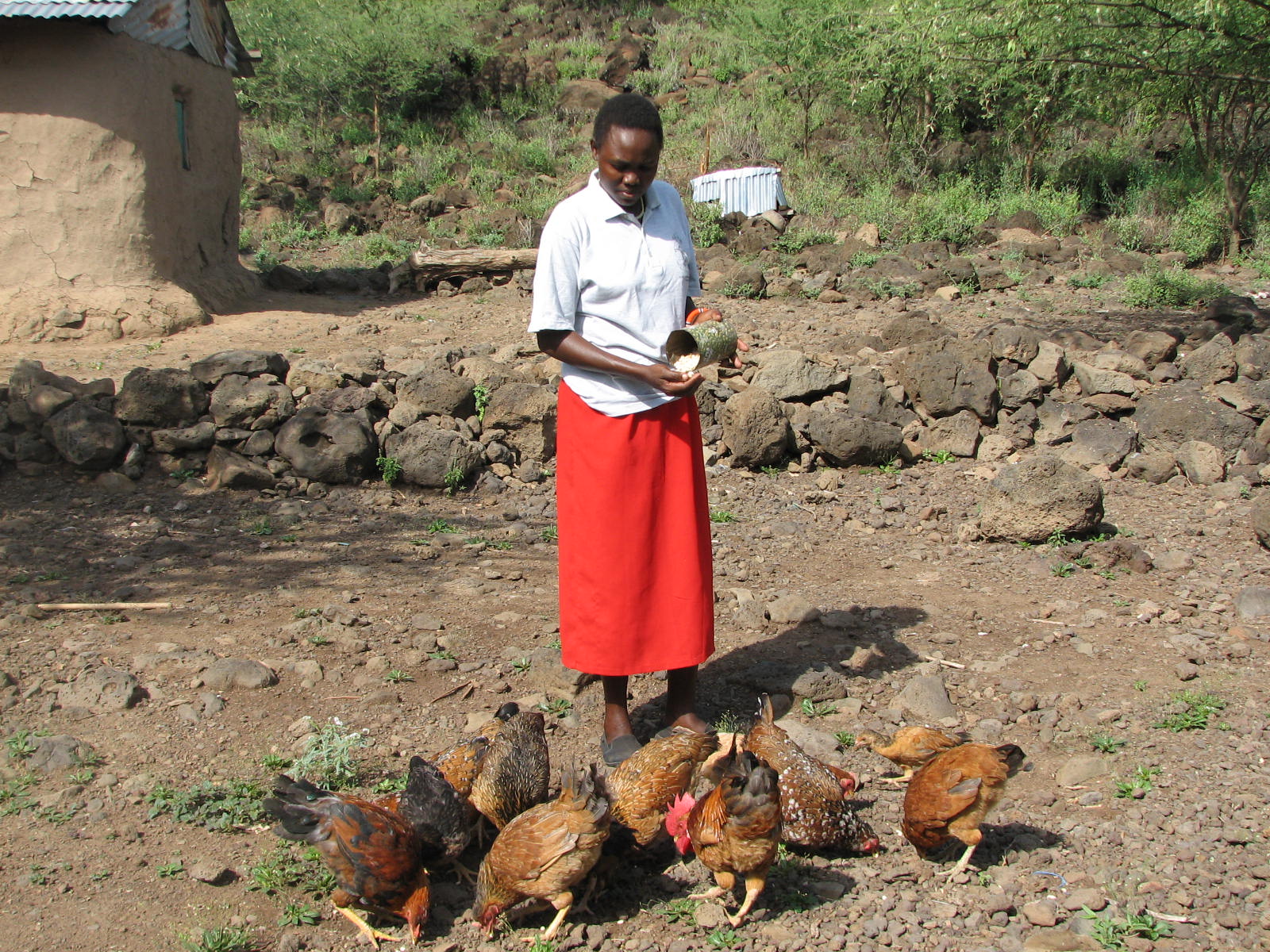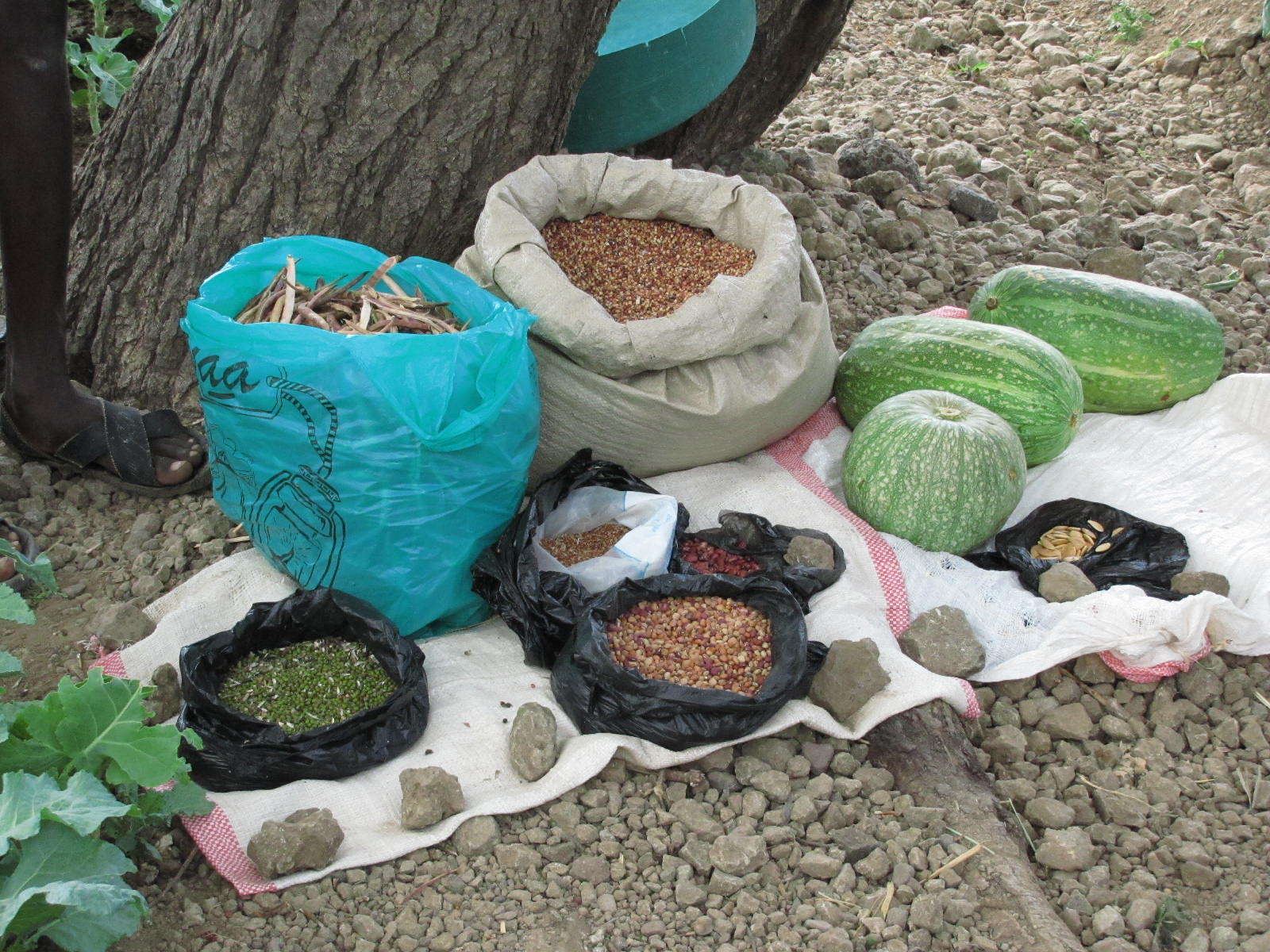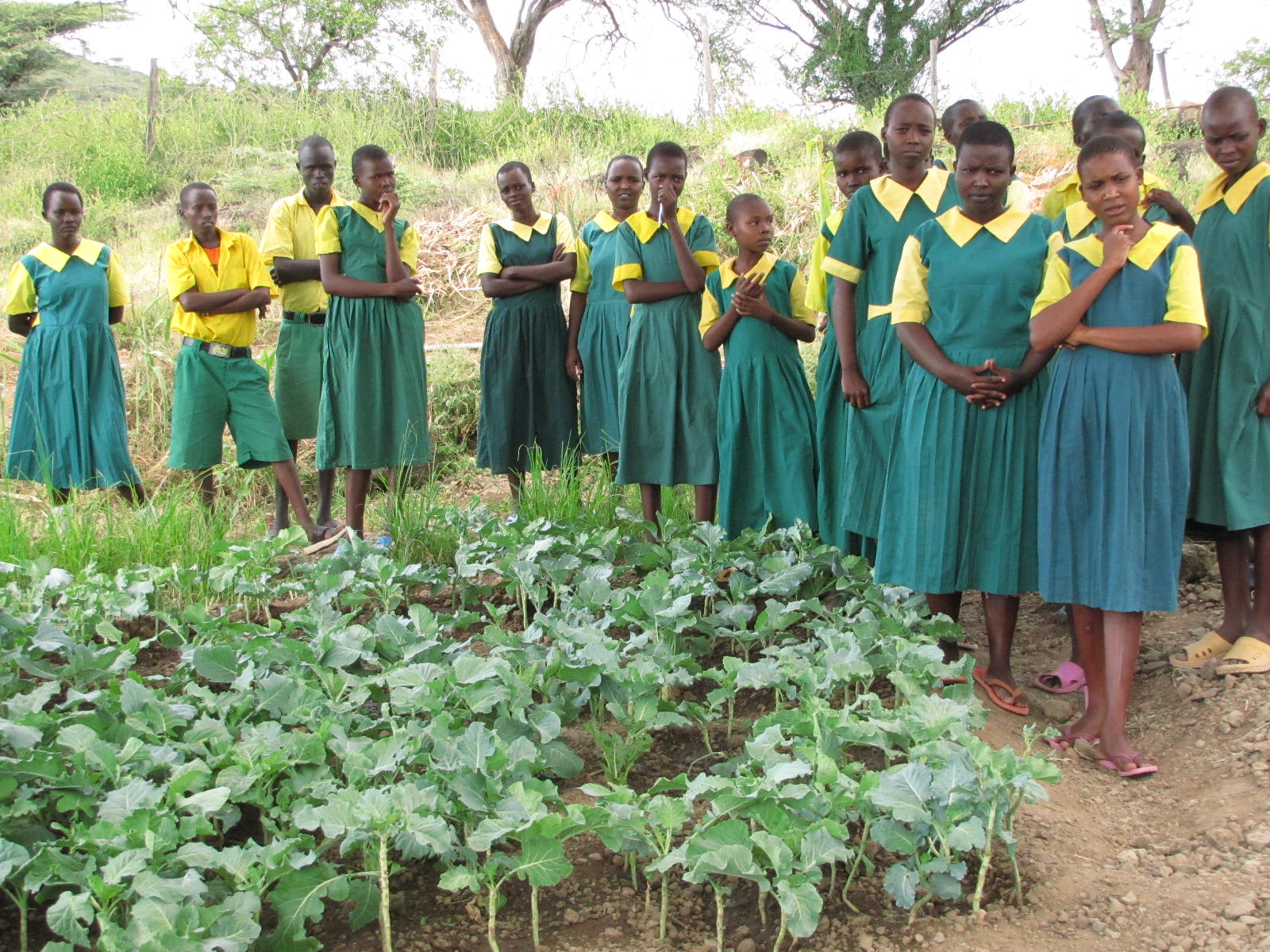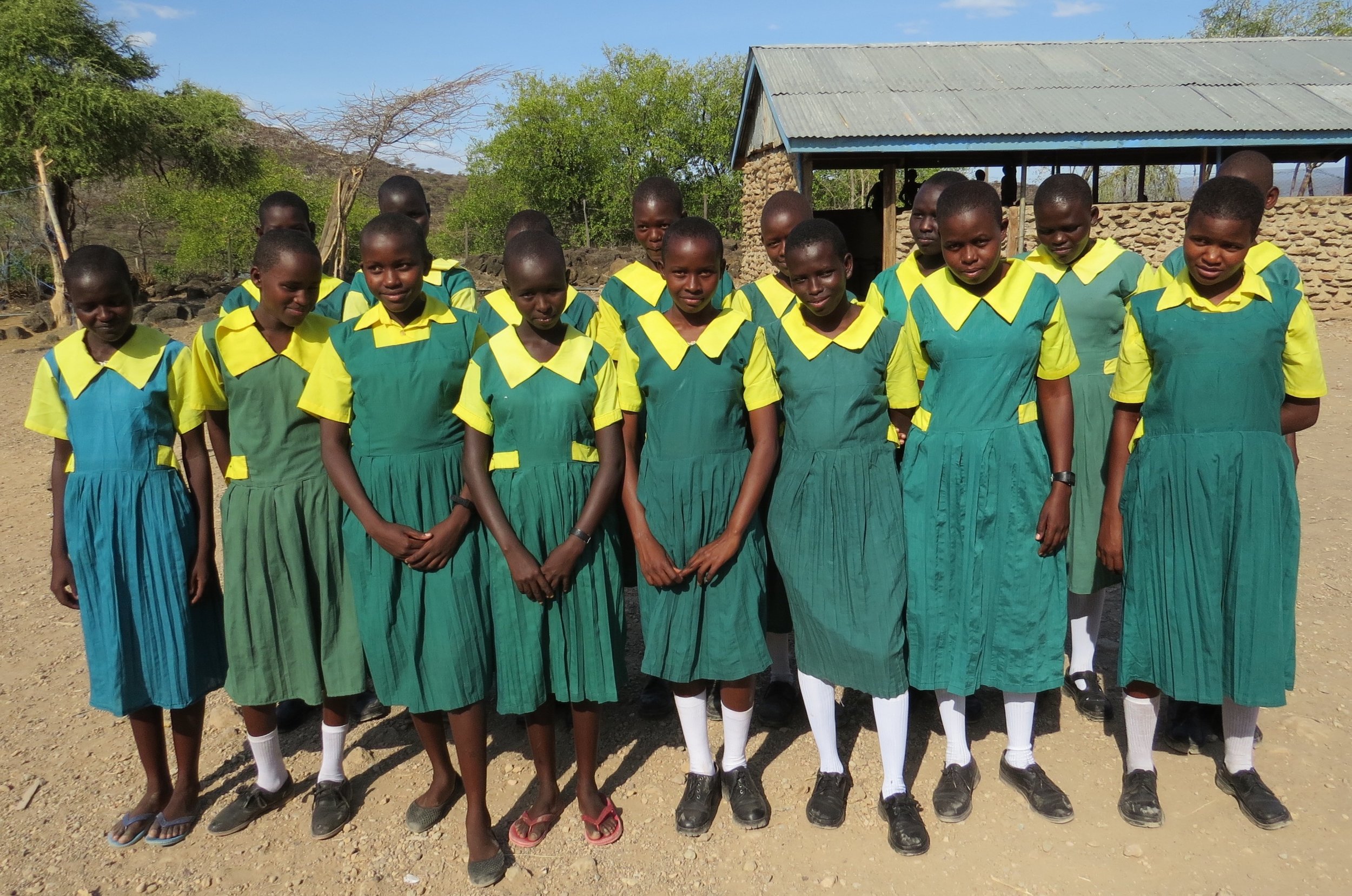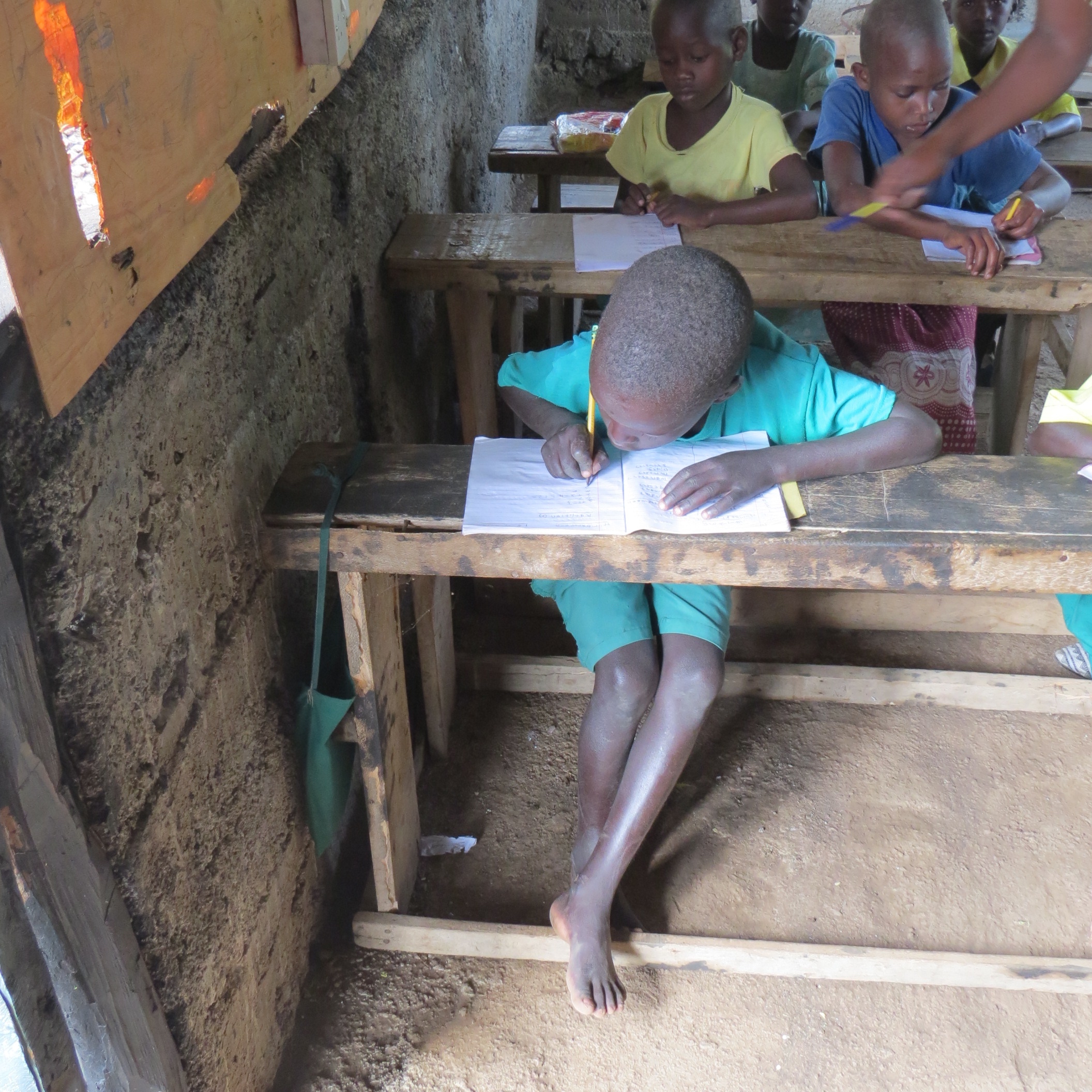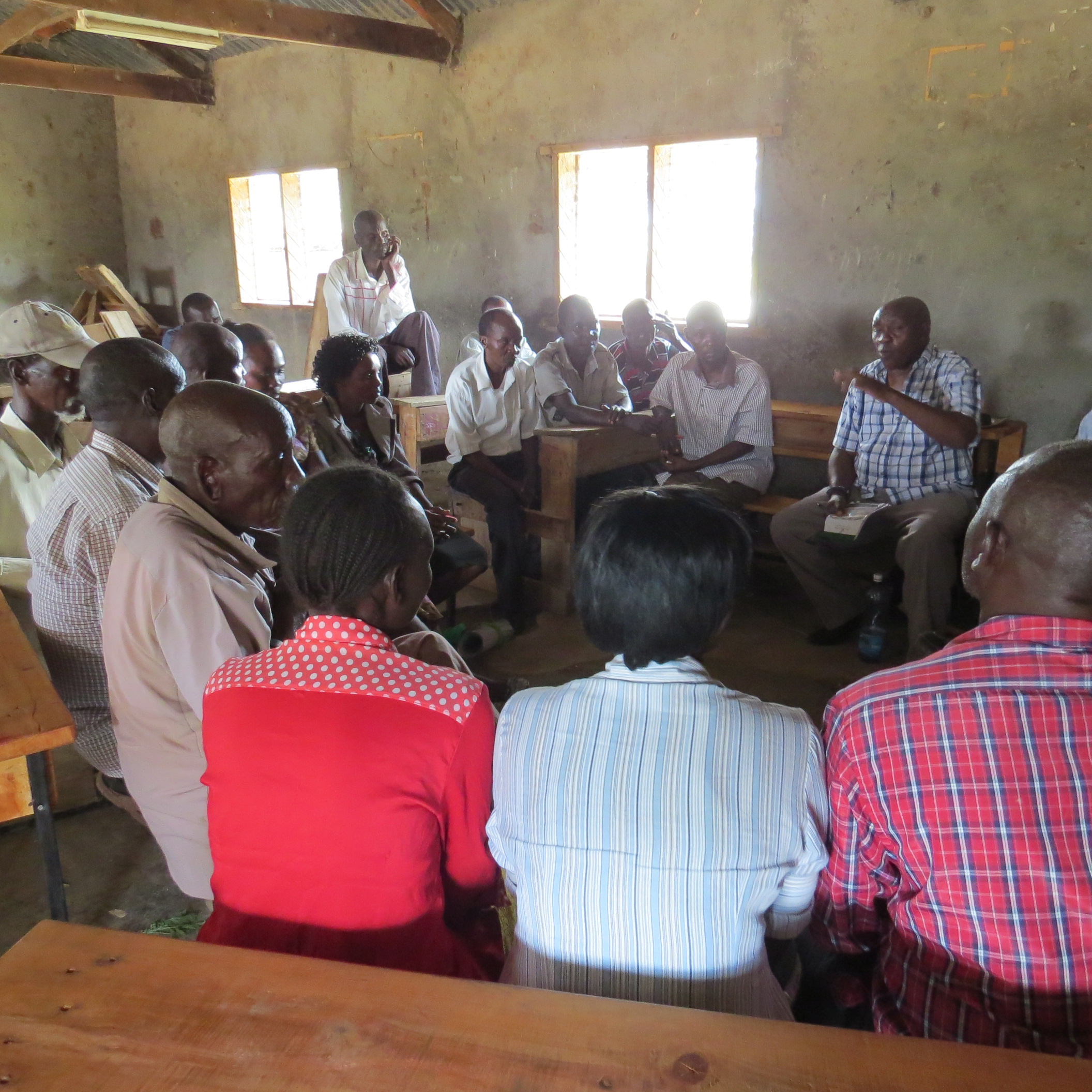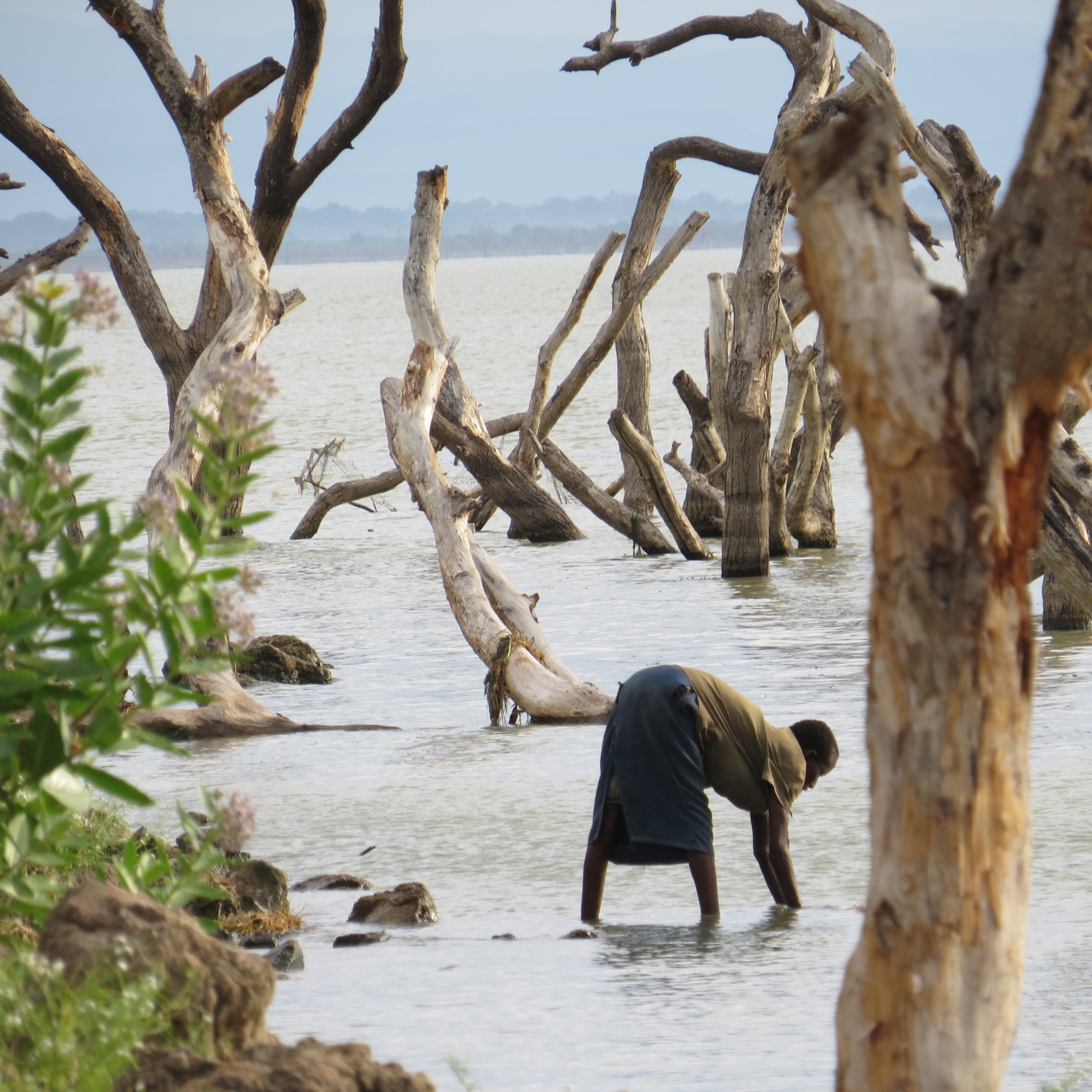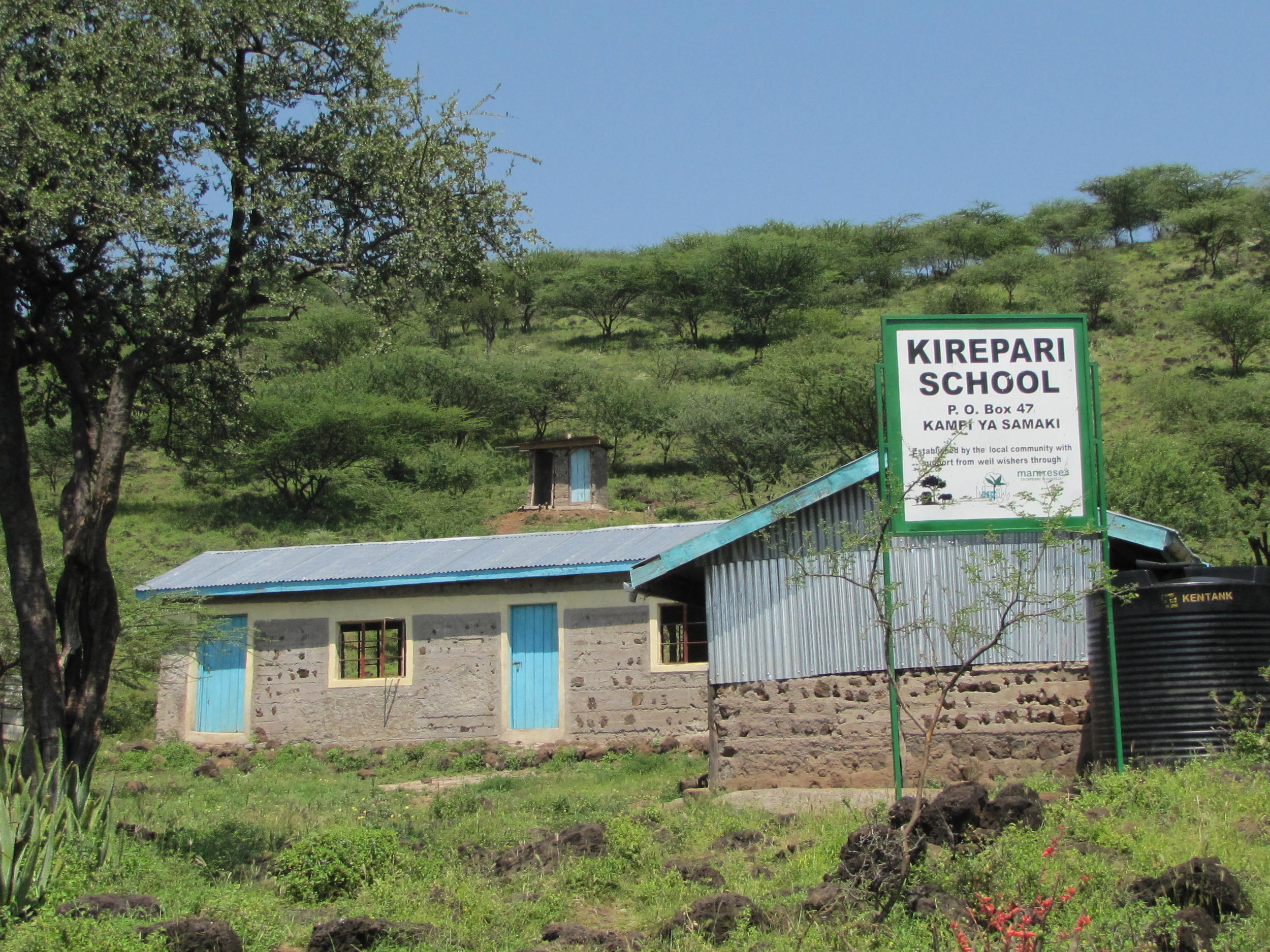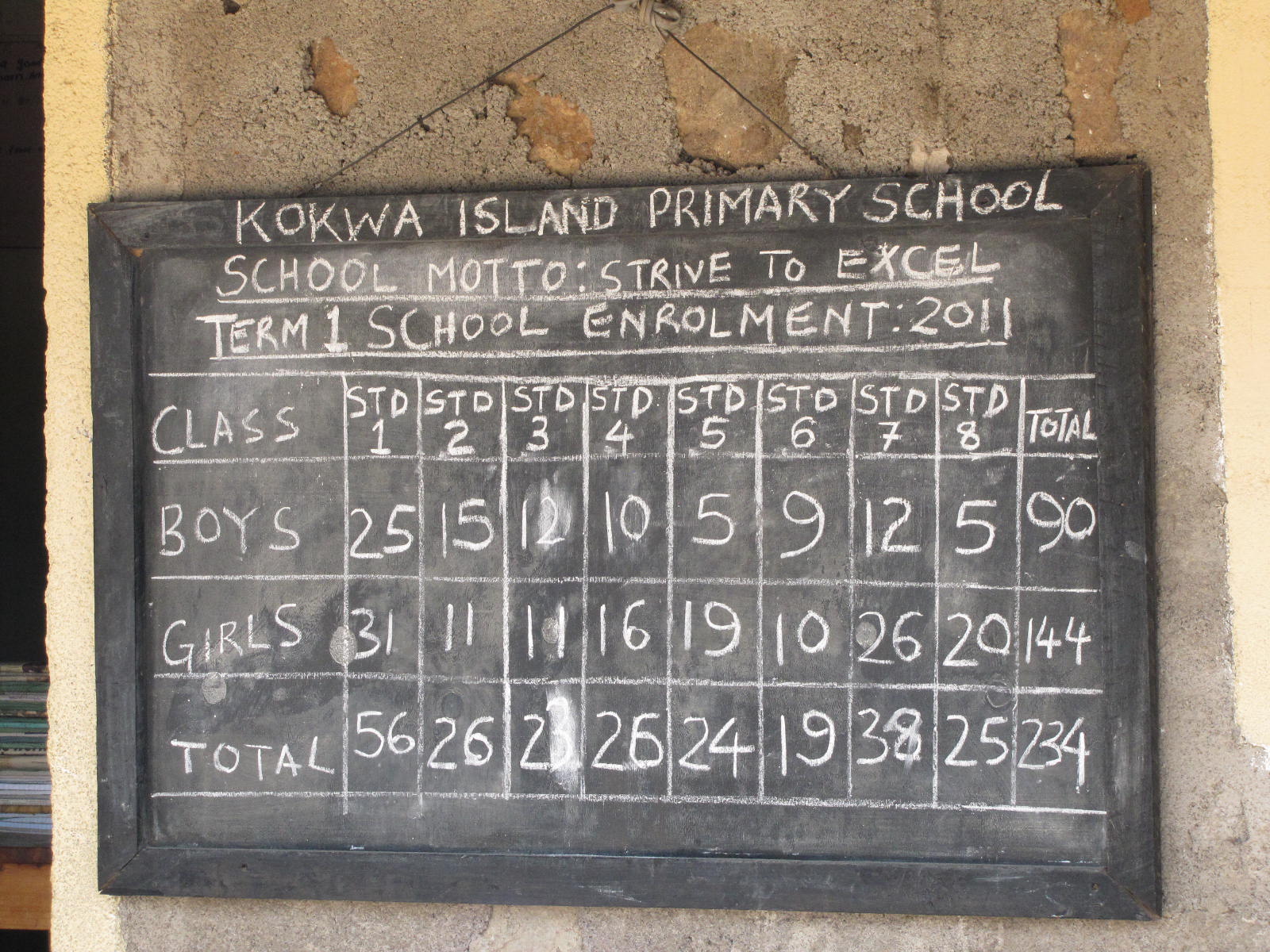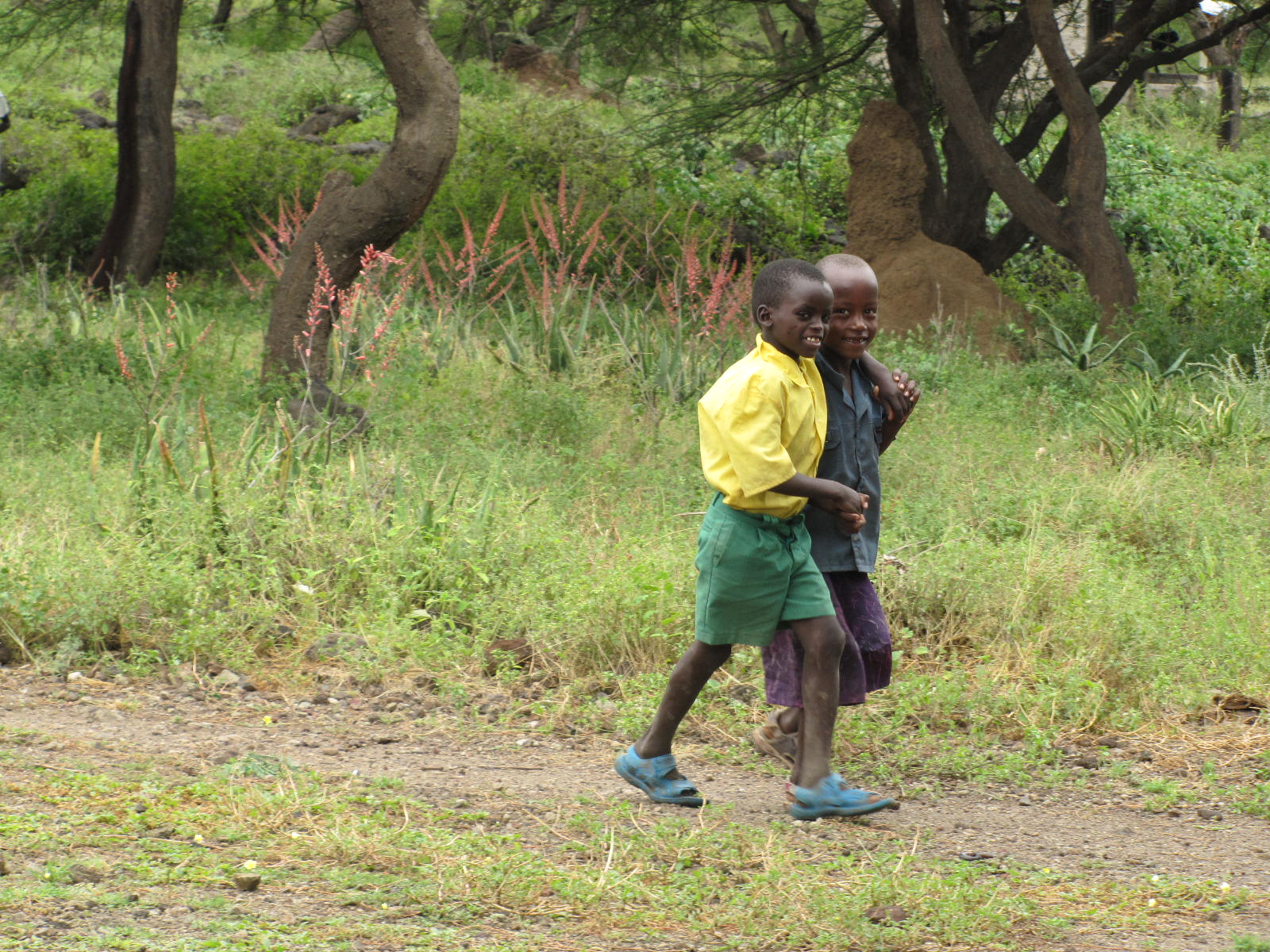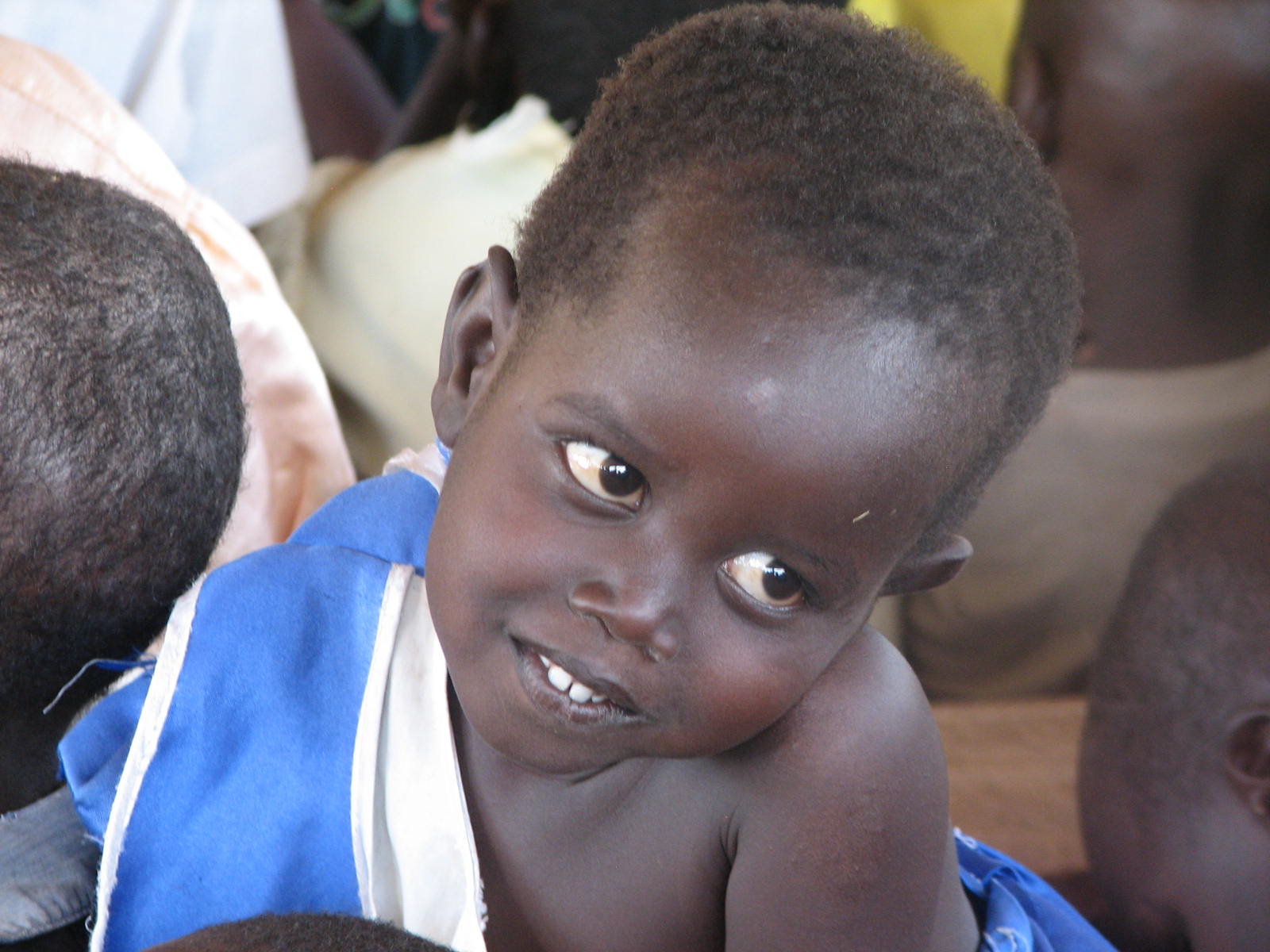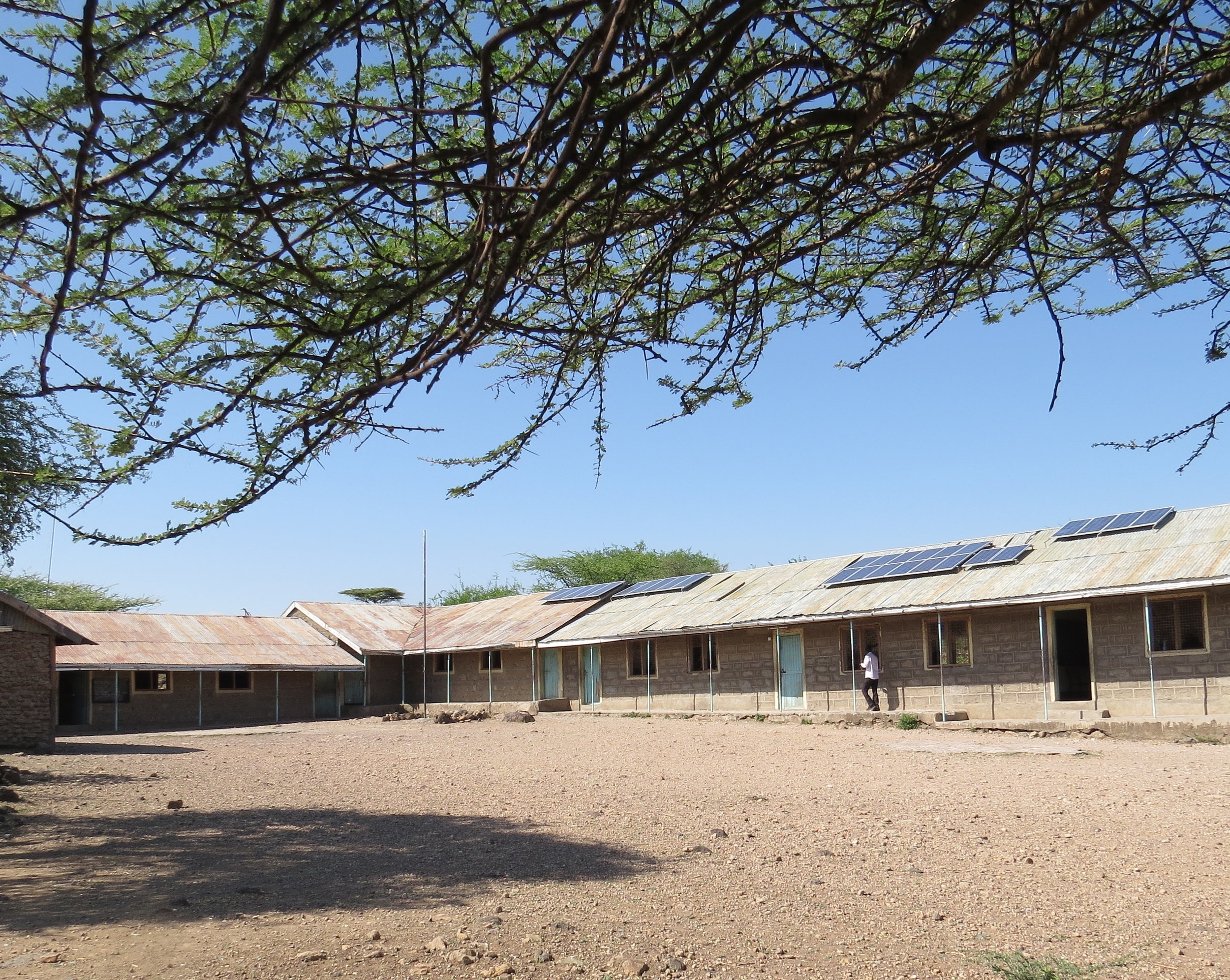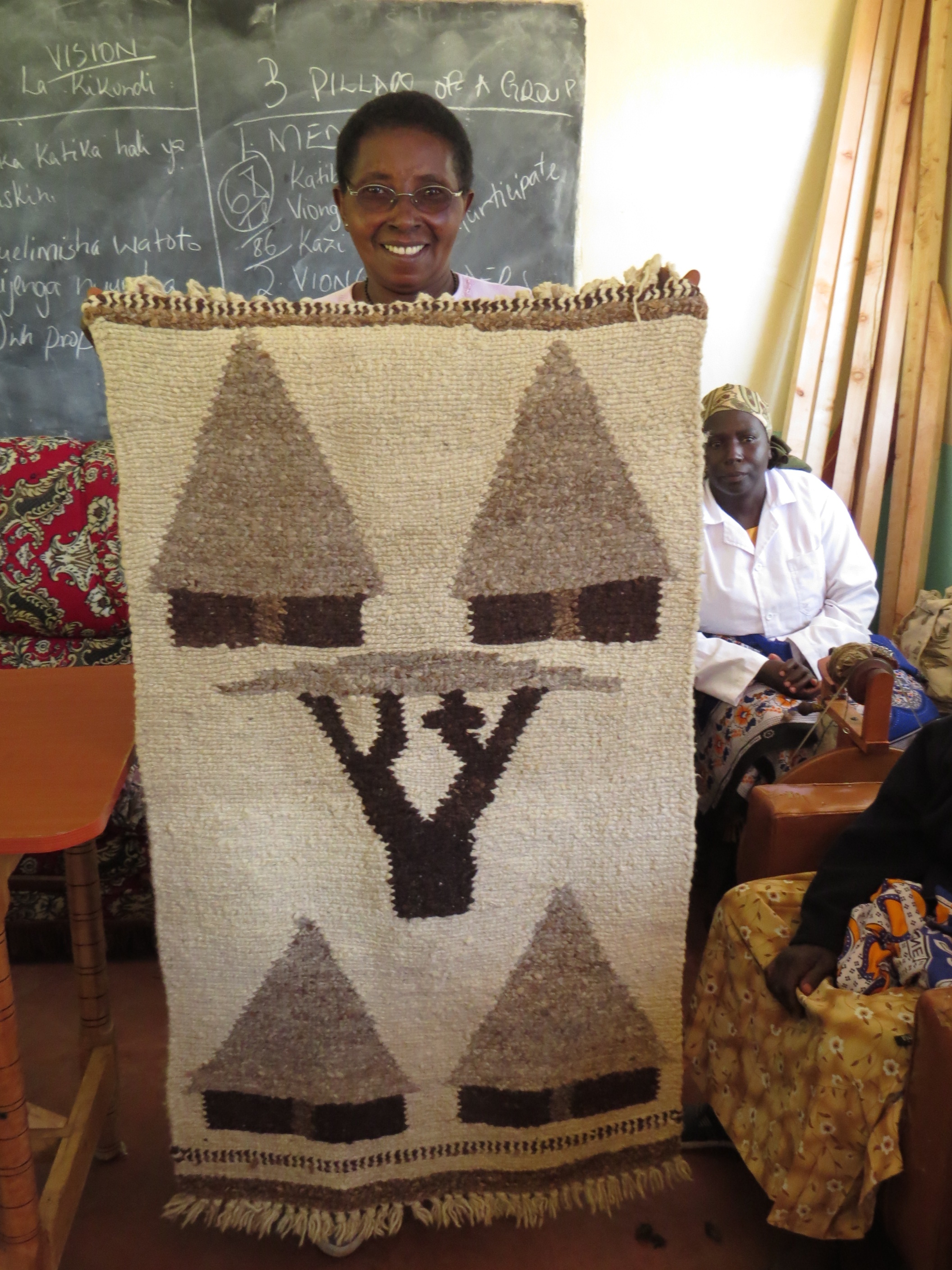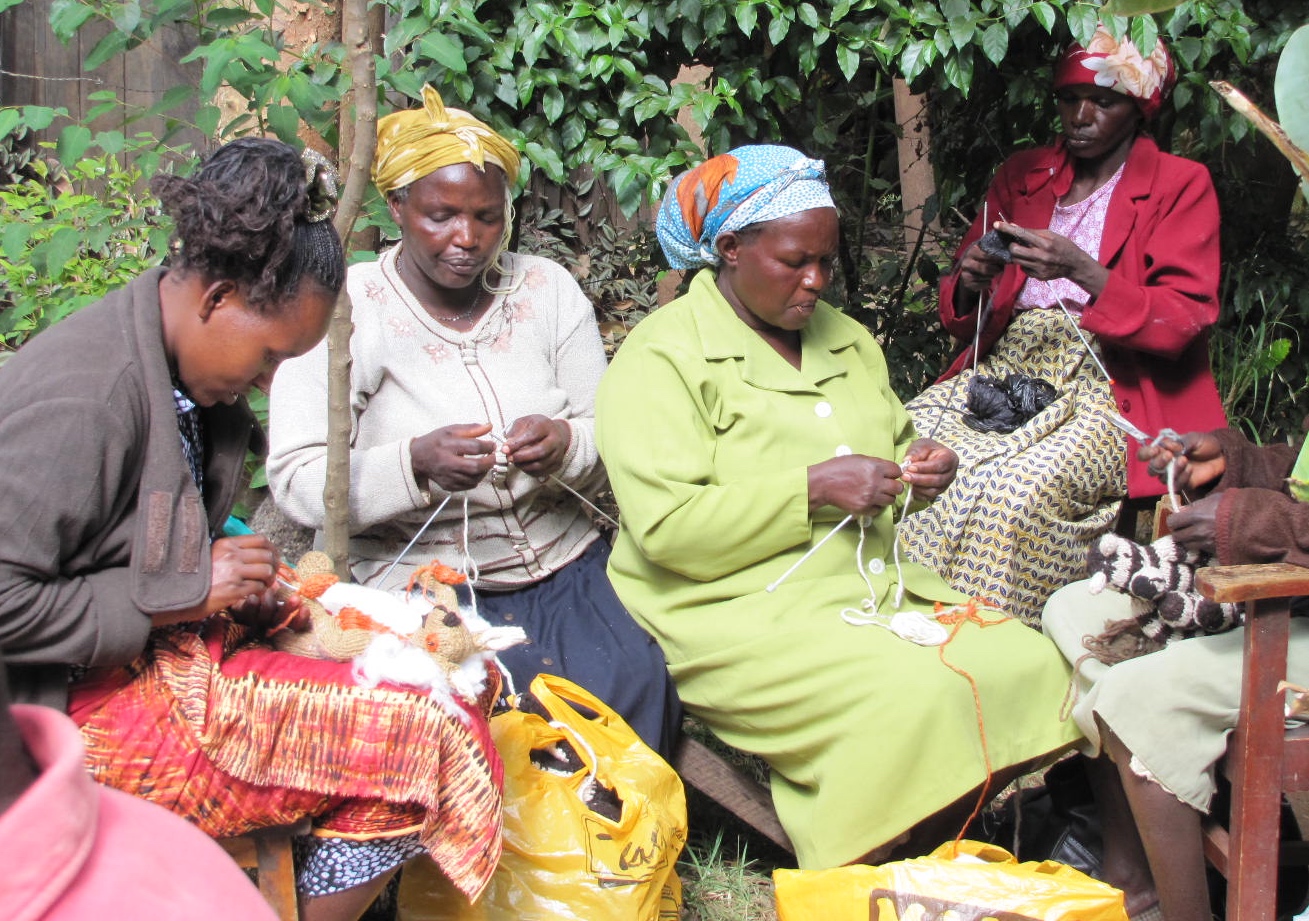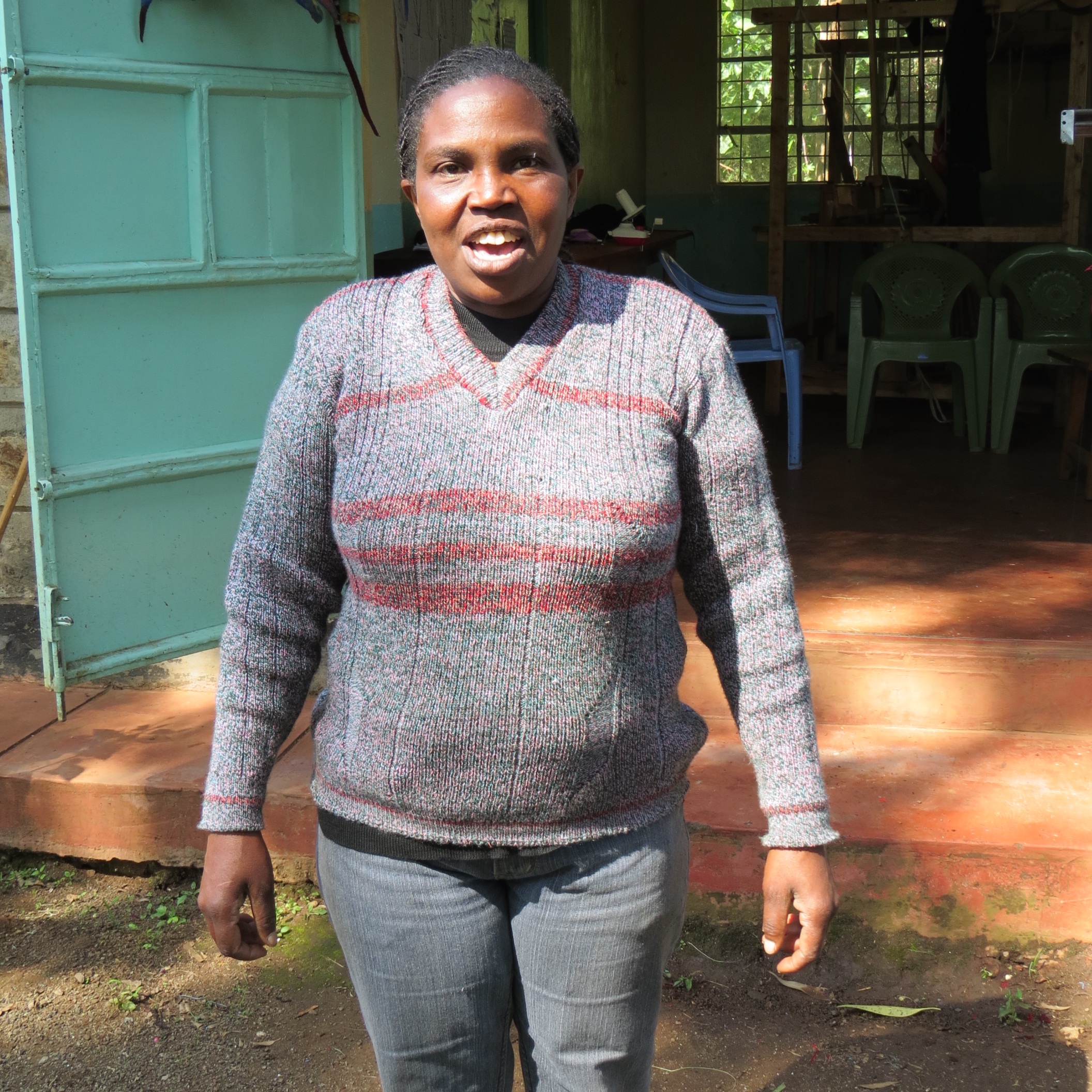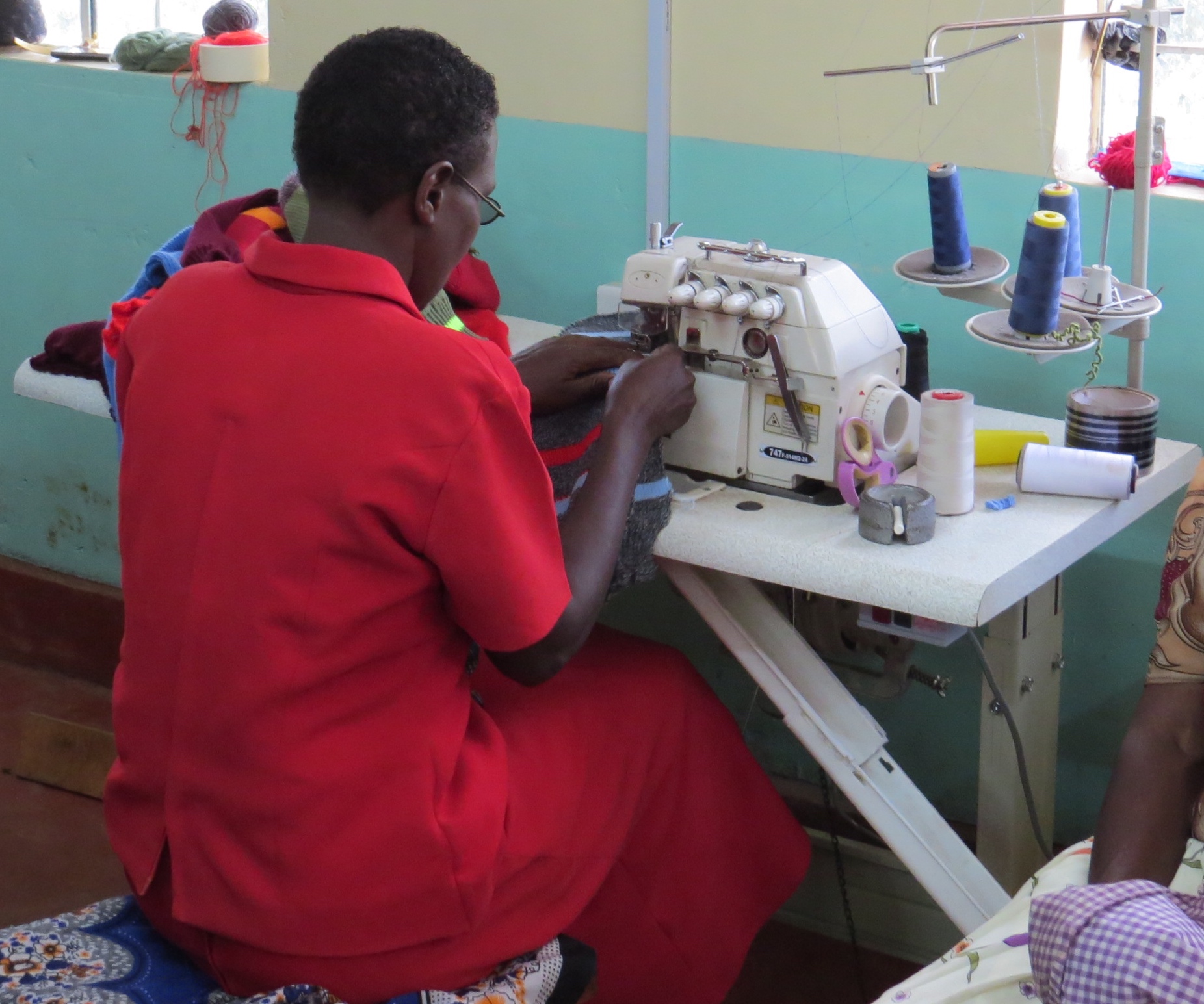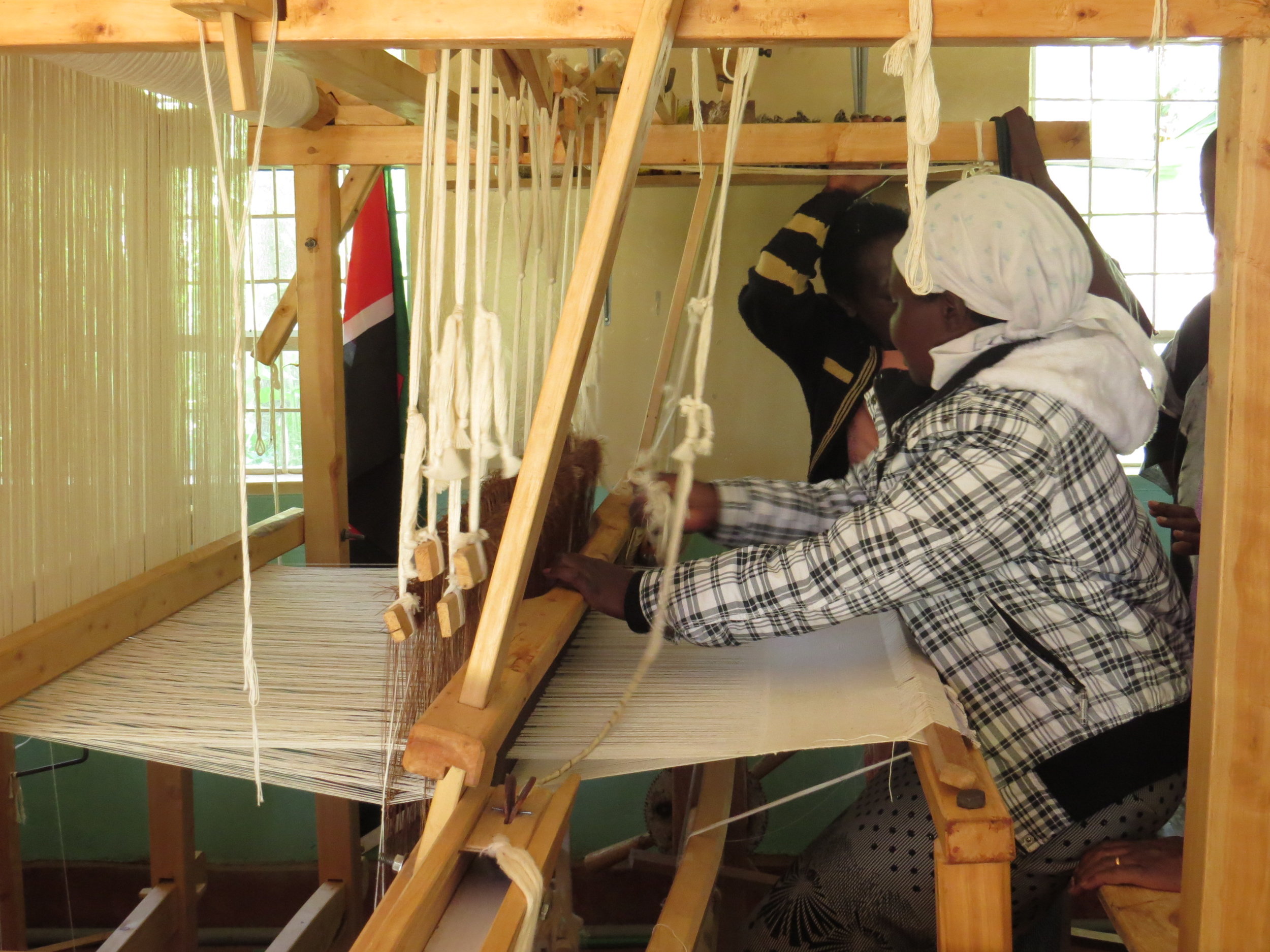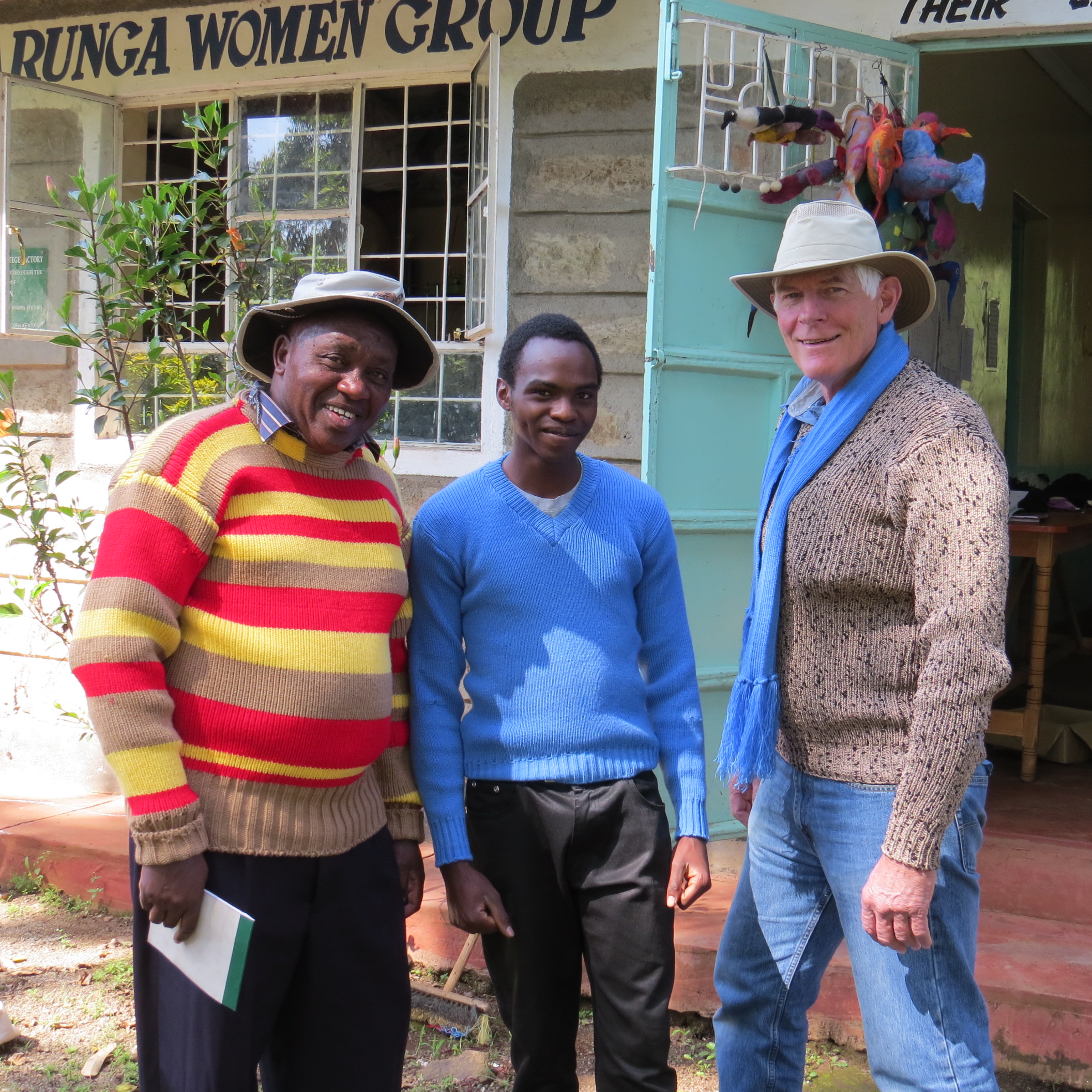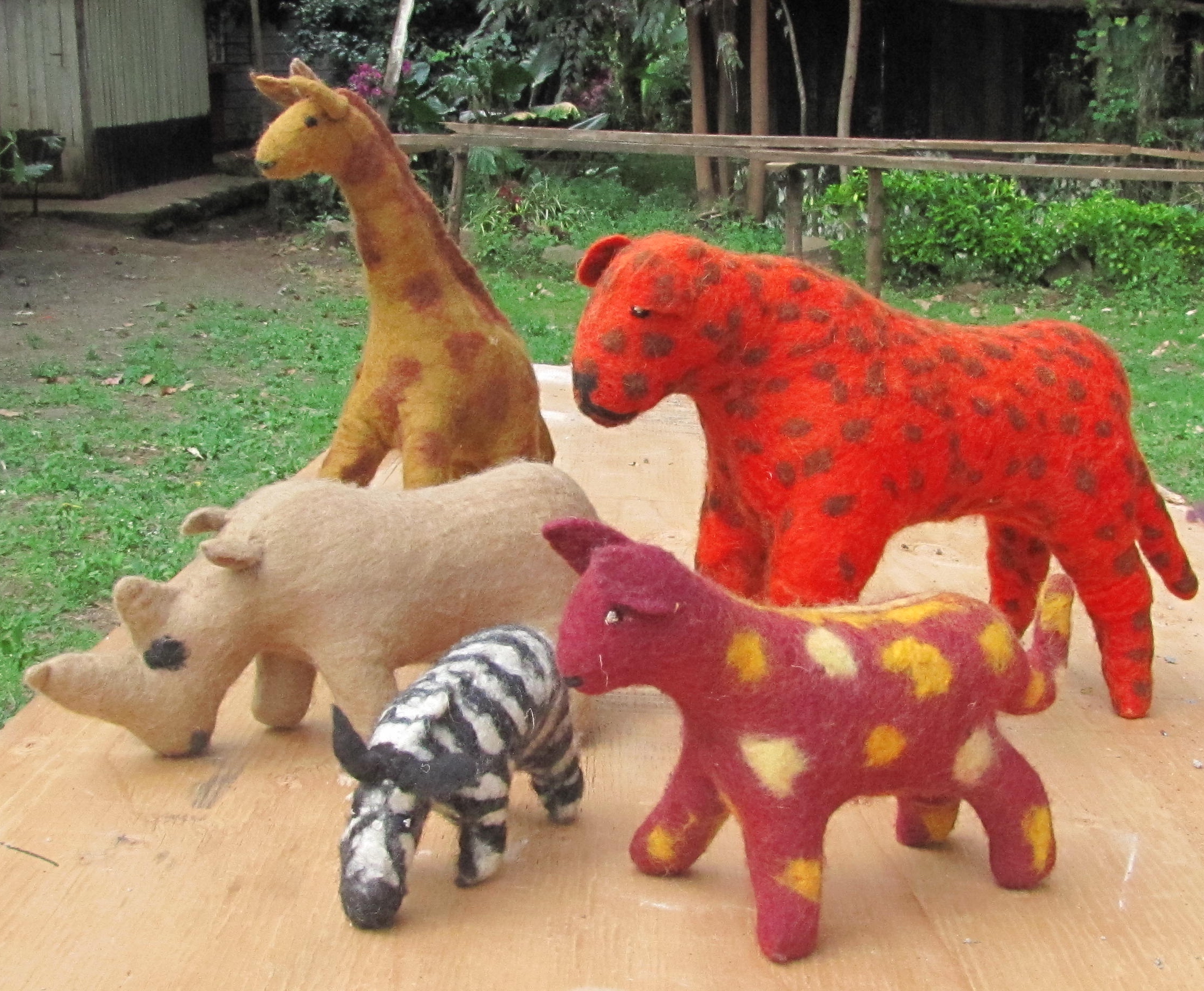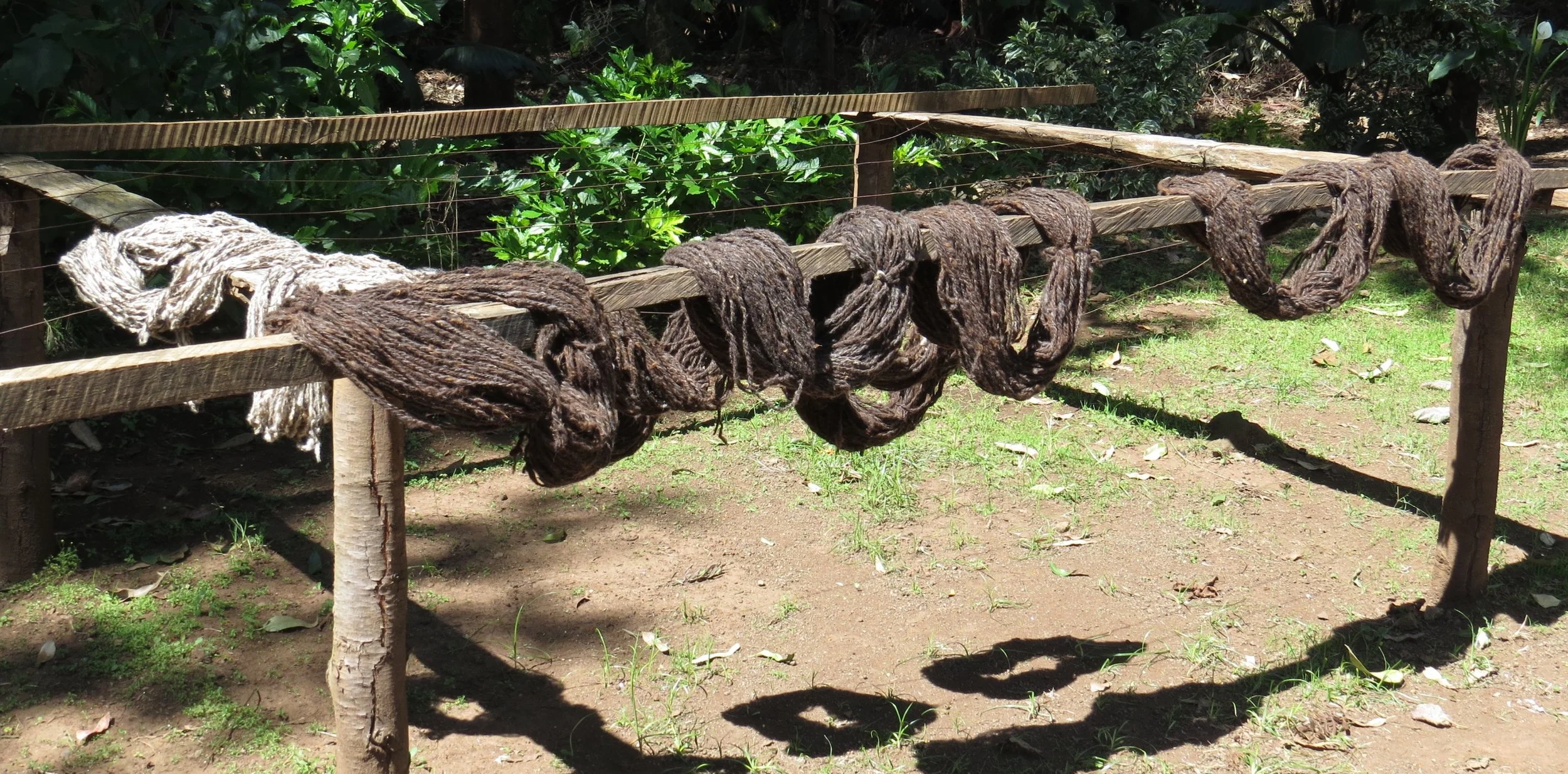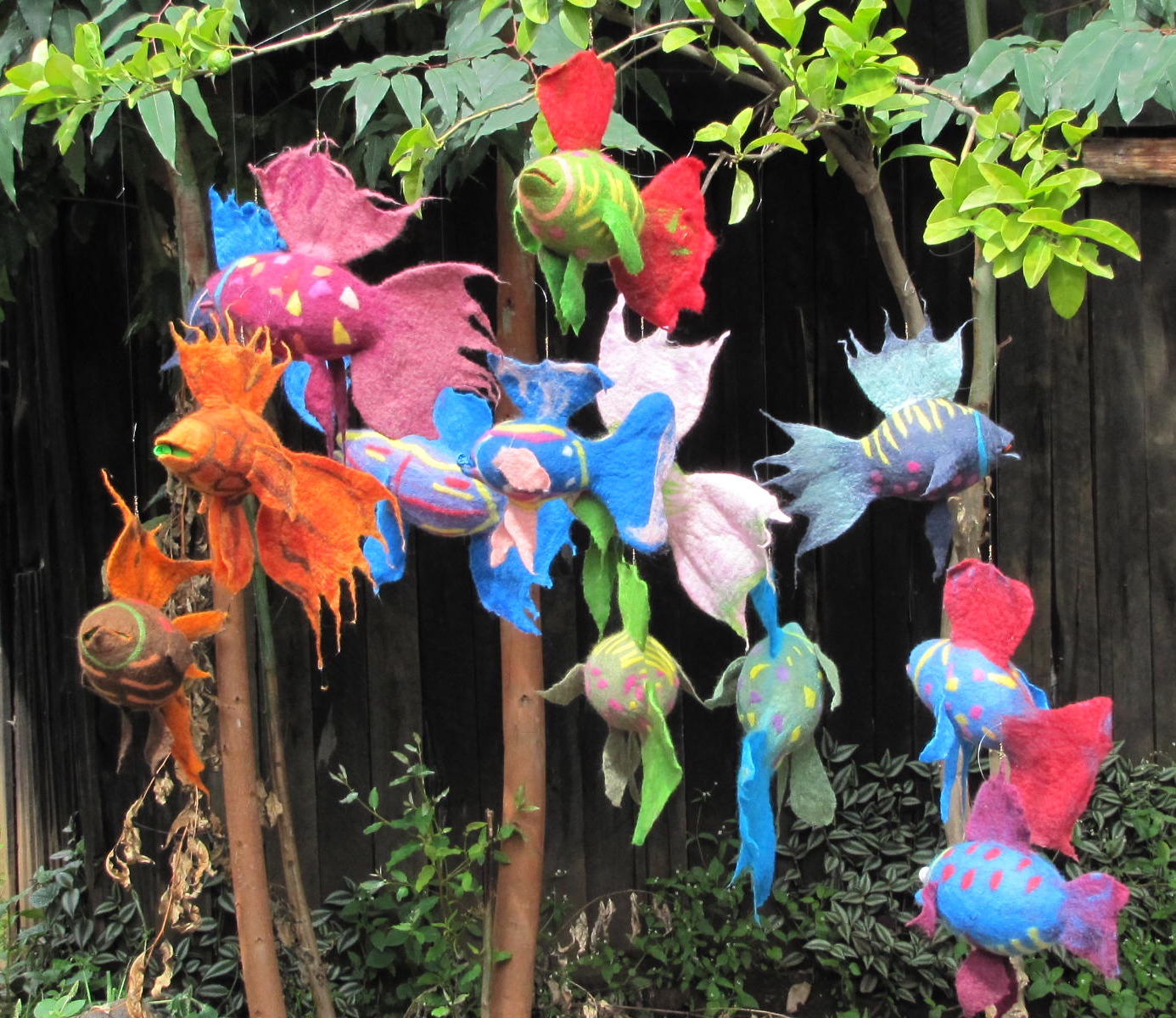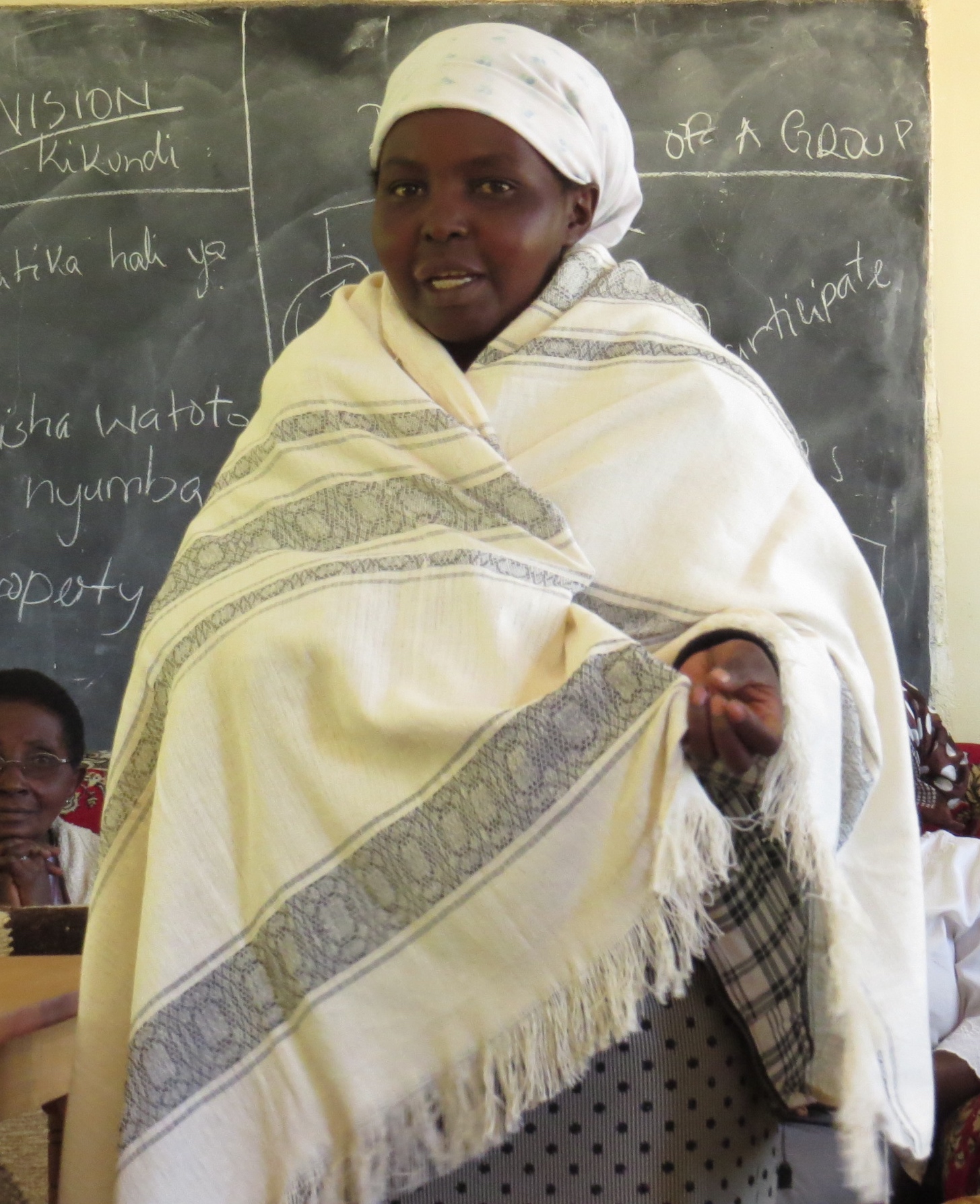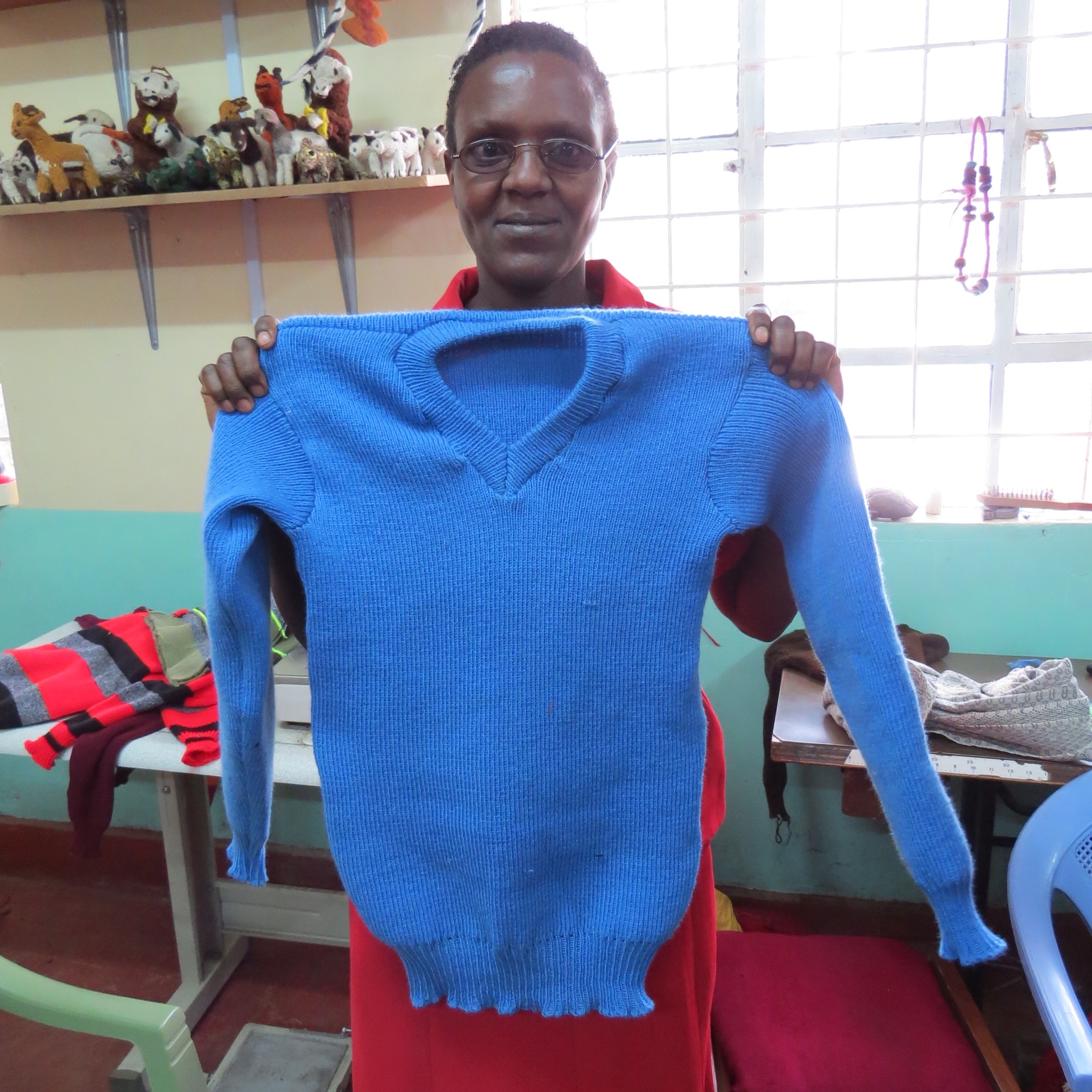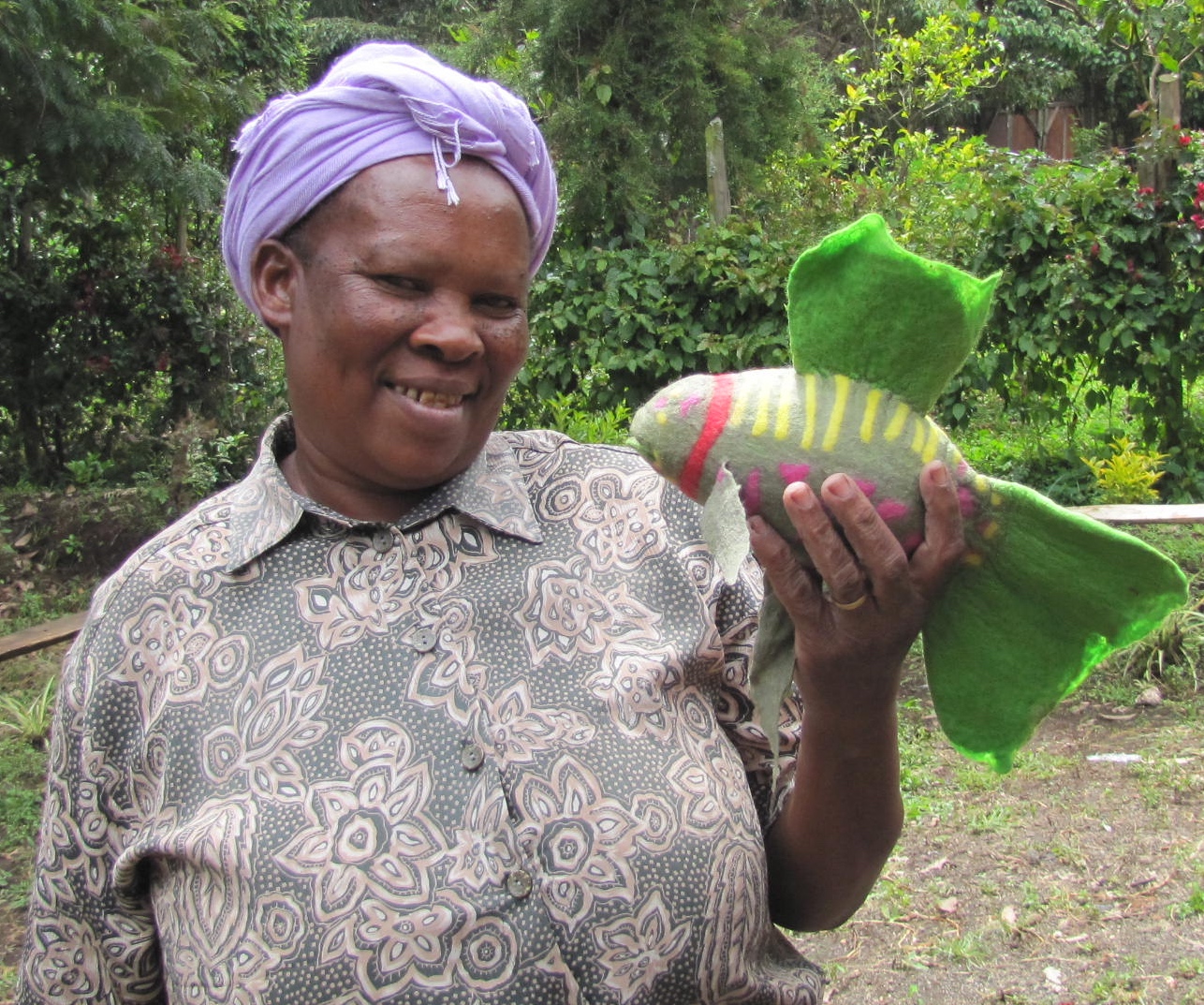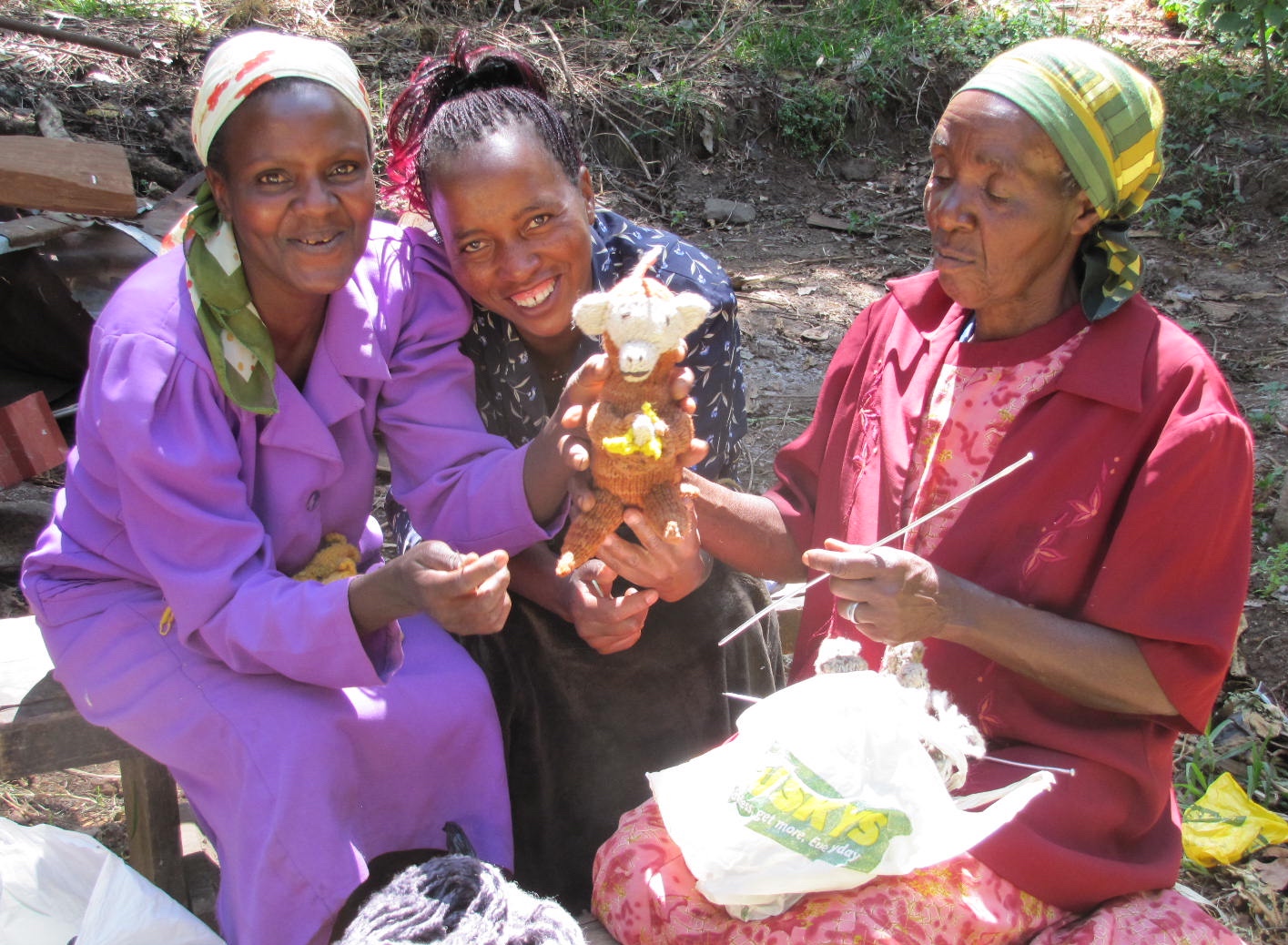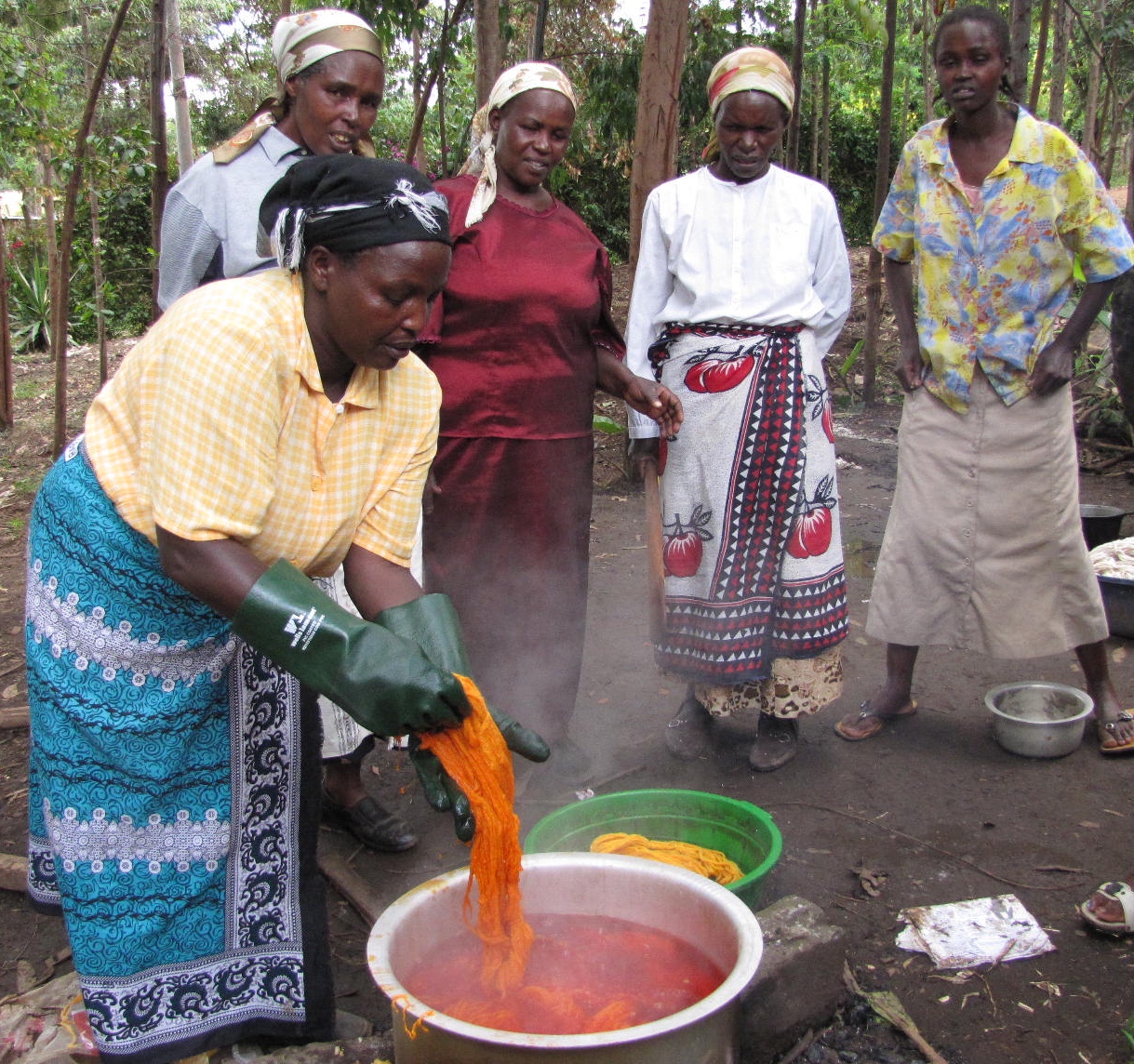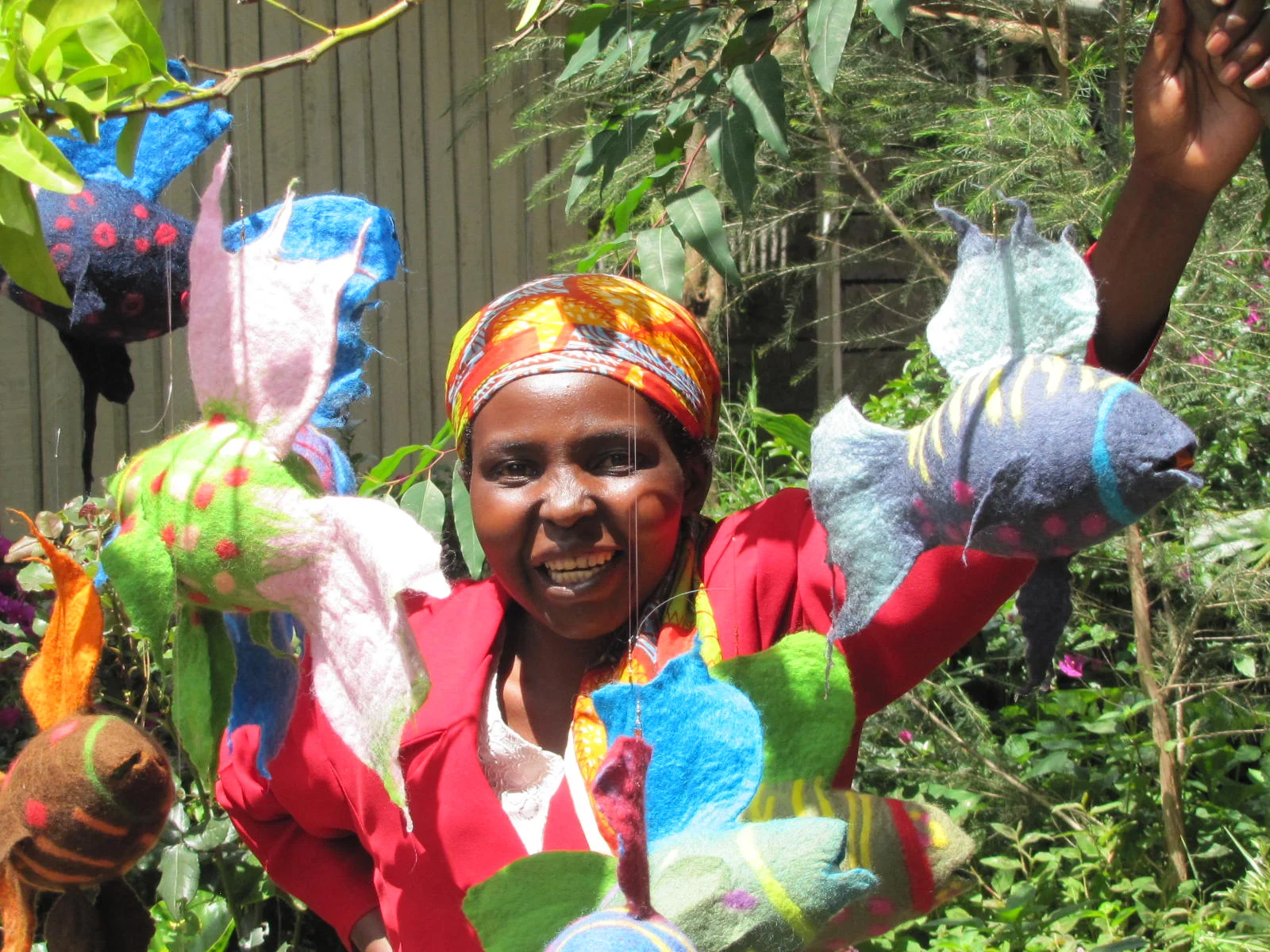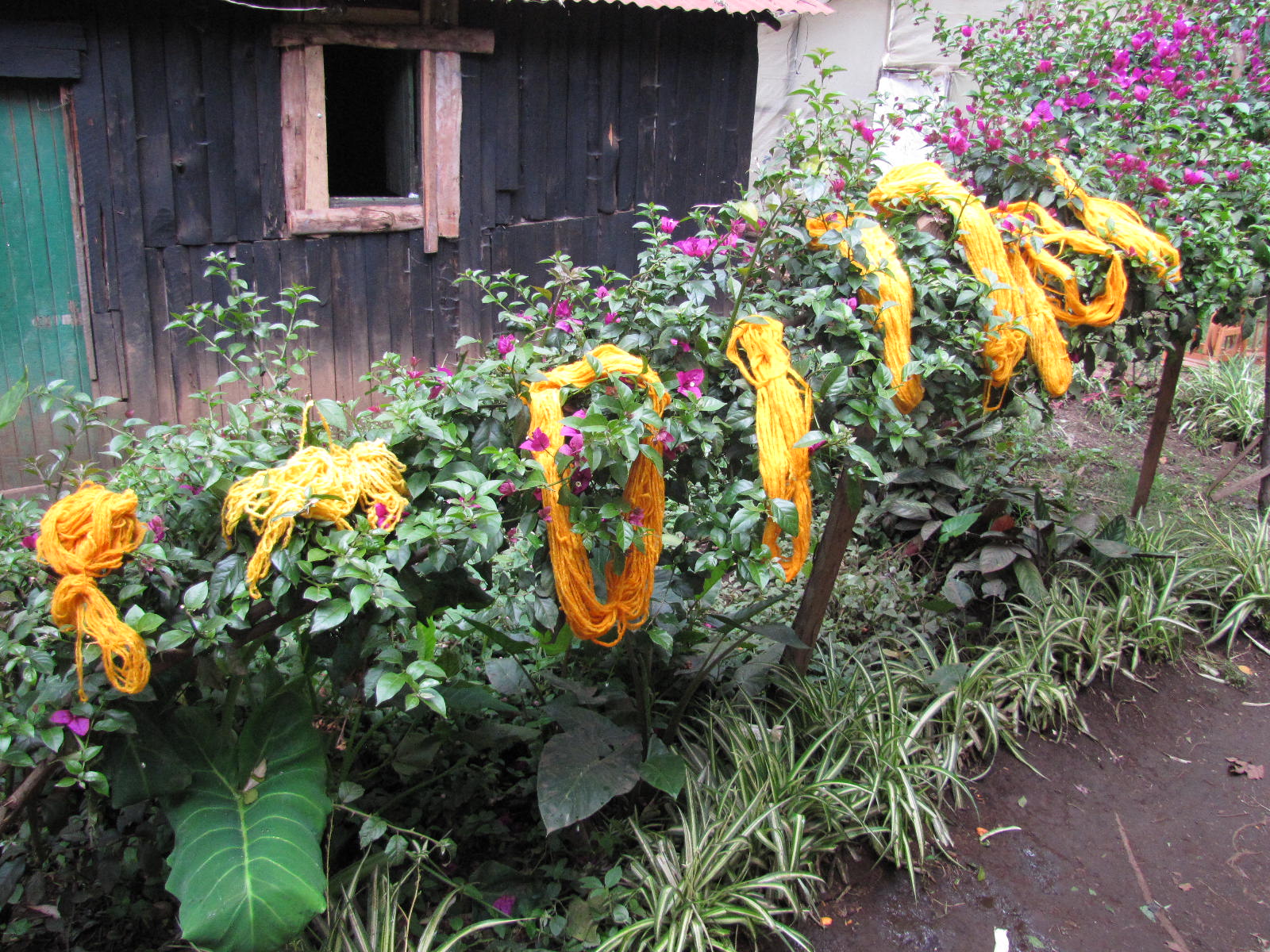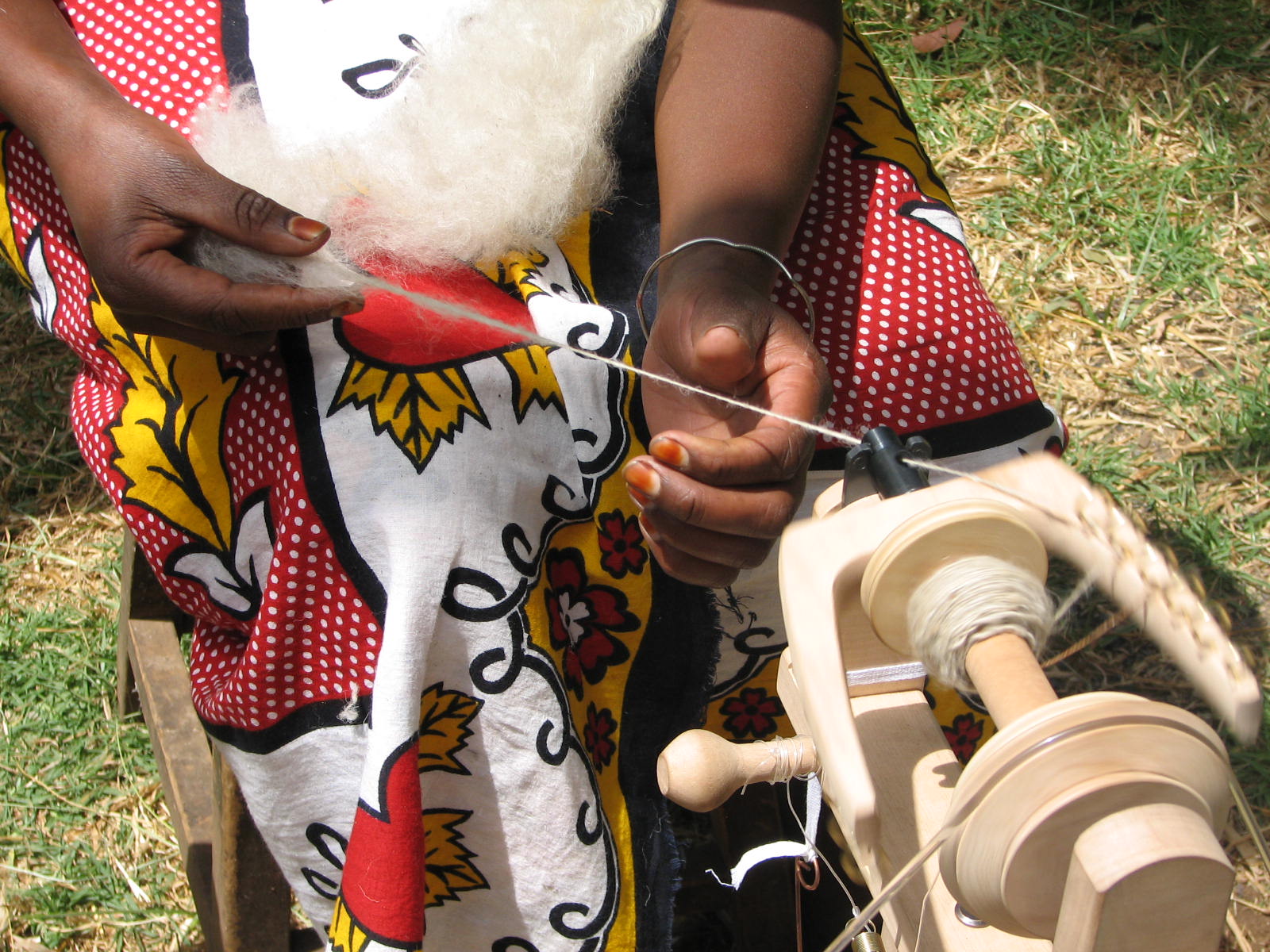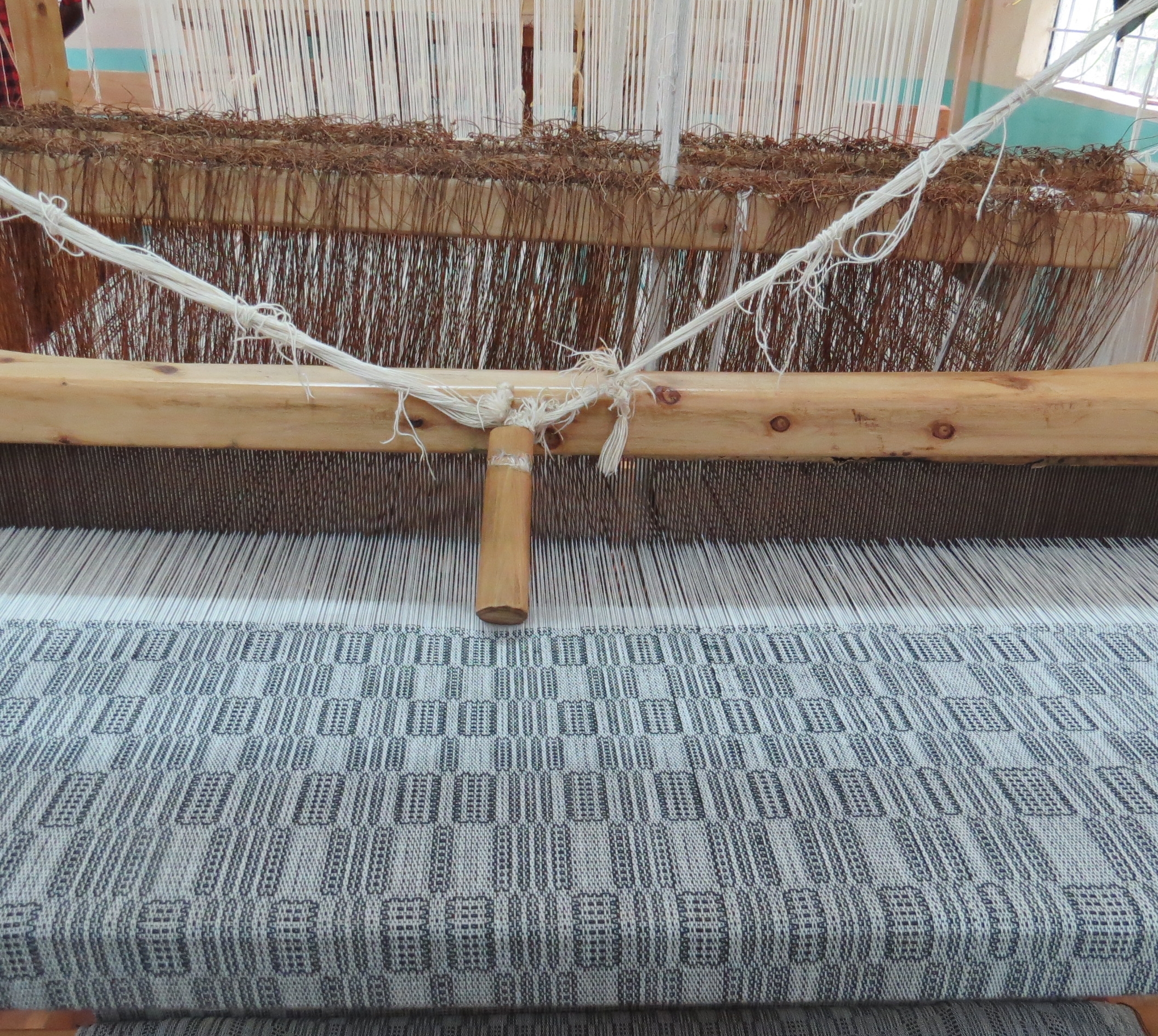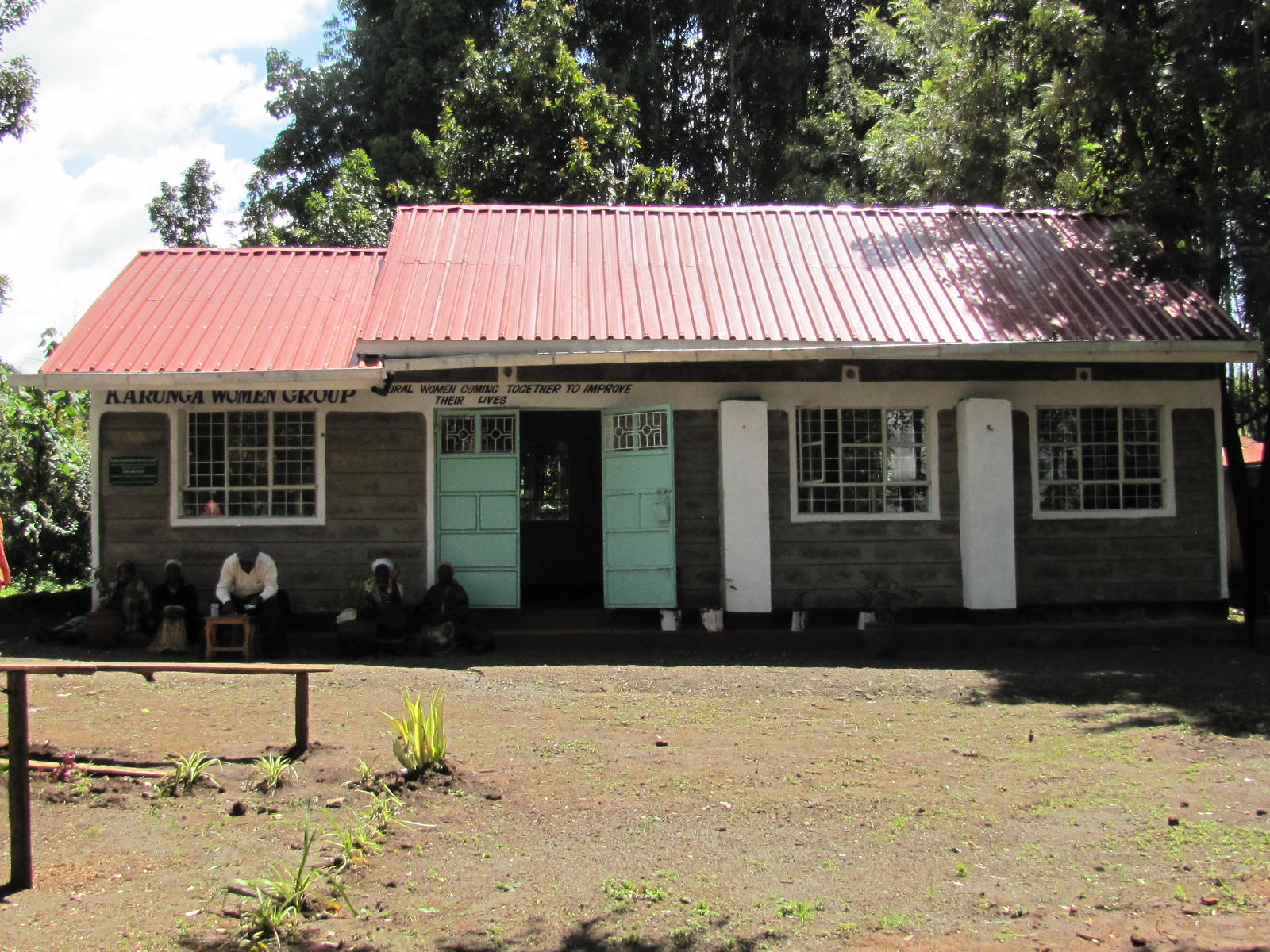The medical dispensary at Kachiuru completed January 2017
Our Projects
our projects have emerged through many years of meeting people and becoming involved with their lives and goals. Our work is driven by the people in the communities, and we are committed to helping them prioritize their vision of development and transformation.
Common threads run through our projects, particularly a focus on providing scholarships to local school children, and funding development and infrastructure that will have a strategic impact on people's health and welfare.
our work is inherently community based, so we share our projects in that context.
Kachiuru
Kachiuru Primary School
Two hours from Isiolo in central Kenya, Kachiuru village straddles the gravel road that leads east across the harsh, arid land. Livestock rustlers are frequent visitors, making police checkpoints and vehicle searches necessary.
Kachiuru camel herders
The village, a collection of small wooden shacks that serve as homes and accommodate small businesses also includes a nomad encampment that provides temporary shelter for livestock owners, who must leave with their camels, sheep, cattle and goats in times of severe drought to seek grazing elsewhere. In this windswept landscape with few trees, the Meru (Christians) and Borana (Muslim) people live together in poverty. This is not a stop on the tourist trail and the village seems to have been overlooked by the outside world.
Despite their religious, political and background differences, the Kachiuru families have gradually forged a strong community and have chosen to remain united and in harmony even when their relatives and other communities are fighting. A school lunch program has made a huge difference in the health of the children, who, before FKSW’s assistance began, were at extreme risk of malnutrition.
Since 2005, FKSW and NECOFA have contributed resources to the Kachiuru community for:
Scholarships for primary and high school students
Drilling of a borehole for water and filters and tanks at the school
Construction of a wooden primary school that is now inadequate and is being replaced by a new stone school
Chickens for families for food and for sale
A school garden
Two medical camps
Construction of toilets for students and teachers
School lunch program and a kitchen in which to prepare the meals
Hygiene kits for the girls
A medical dispensary and toilet
Teacher salaries and school supplies
Endonyio Sidai
Mr. Kibet in front of the toilet he built for the school
An hour southwest of Nairobi, the Maasai community of Endonyio Sidai extends along the edge of the escarpment of the Great Rift Valley. People tend their cattle, sheep and goats in the rocky hills that surround the school community except during times of drought, when they must move with their animals to look for feed. Scattered across the landscape, their traditional mud homes are are a contrast to the more modern structures built of iron sheets or stone. Compared to many other rural communities, the residents of Endonyio Sidai are fortunate in that their wealth is in their cattle and as long as the cattle are healthy and secure, they are not without some financial resources. Nevertheless, the community has no running water or electricity and the area is not conducive to agriculture. The people are isolated and underserved.
FKSW has been working with Endonyio Sidai since 2004, assisting them with funding to build first a nursery school and then a primary school, which now has 7 of 8 classrooms completed to accommodate children in 1st through 8th grades. The community has taken a great deal of responsibility for the construction of the school building, holding several fundraisers over the years to contribute to the cost of the building and accessing funds from the government and other development organizations.
Since 2004, FKSW and NECOFA have provided resources in Endonyio Sidai for:
Construction of the primary school
Desks and educational materials
Toilets for students and teachers
Scholarships for primary and high school students
Scholarships and medical care for a blind student
A system to bring water to the school
A fence to enclose the school compound
Hygiene kits for the girls
Seeds for a school garden and tree seedlings for the school compound
Kokwa Island and Kirepari Village
Young man from Kokwa Island paddling his ambach canoe
The Kirepari Primary School committee in front of the school
Matonyok Women's Group on Kokwa Island
Lake Baringo is one of two fresh water lakes in the Great Rift Valley and the Il Chamus people who live here are one of the smallest ethnic communities in Kenya. FKSW began working with the Longicharo community on the mainland in 2004, helping to construct a nursery school and in 2007, followed the community to Kokwa Island after repeated attacks by another community endangered their well being. Welcomed by the residents of Kokwa Island, they became part of that community and called their new village Kirepari. The Il Chamus cross the lake in traditional small boats made from the buoyant wood of the ambatch tree and they make their traditional homes with sticks, mud and cow dung.
The people at Kokwa Island are isolated and underserved by the government and development organizations. They make their living from fishing and selling trinkets to the occasional tourist. The lake water they use for all domestic purposes has extremely high levels of fluoride that causes fluorosis, a disease that leaches calcium from teeth and bones and causes skeletal deformities. The raw lake water also causes intestinal diseases and hippos and crocodiles that hang out at the edge of the lake create a danger to those collecting water. The only power comes from solar panels at the primary school. The children of Kirepari walk an hour each day over a lava rock mountain to the school on the other side of the island and home again in the afternoon.
After their move to the island, FKSW and NECOFA assisted the Kirepare community to build a new nursery school and later a primary building with 2 classrooms so far. The younger children now can attend school on this side of the island.
Since 2004, FKSW and NECOFA have provided resources to the Kokwa Island community for:
A community water filter to remove bacteria and fluoride
Two medical camps
Training for 10 community health workers
Scholarships for primary, boarding, and secondary school
Training for a self help group to become beekeepers
Training for women to become tailors
Construction of toilets and a kitchen at Kirepari Primary
School lunch program at Kirepari
School gardens at Kokwa Primary
Hygiene kits for the girls at Kokwa Primary School
A library and computer lab at Kokwa Primary School
Nursery teacher training for 2 teachers
Partial teacher salary for the nursery teachers
A dairy goat and cow project for milk for the children
An ambulance boat for transport to the mainland in emergencies
Resettlement for the community after their move to the island: tents, food, clothing and shelter
Karunga Women's Group
The Molo Wool Project began with serendipity and has continued as it began. A trip to Molo in 2007 led to an introduction to the Utugi Self-Help Group, whose members raised sheep for sale. At that time, the members held a local prejudice against spinning and knitting, because this was “peasant” work. An FKSW member happens to be an accomplished spinner and knitter, and gave a demonstration. Once a “mzungu” (foreigner) demonstrated skill in this area, the stigma was lifted. Several months later Samuel from NECOFA brought 500 hand-knitted animals, handbags, and rugs on a trip to Eugene. Just nine months after introducing the idea, FKSW sold over $3,000 of these handicrafts.
This project rapidly became a touchstone for FKSW, providing funds for the women in the group while modeling the power of collaboration.
The specific products and projects have shifted over time—the group now produces the animals, school uniform sweaters for local schools, blankets, shawls, and sweaters for local customers. FKSW has helped connect the knitters with various wool enthusiasts and community groups around the world to donate equipment, trainingand ideas. Approximately 35 women have participated in these projects since the partnership began in 2007.
FKSW and NECOFA have provided support for the Karunga Women's Group through:
Selling approximately $75,000 hand-knitted animals in the US.
Providing 34 spinning wheels
Building 2 floor looms
Providing 3 knitting machines
Training for spinning, knitting, dyeing, weaving and felting
Construction of a workshop and toilet for the group
Assisting the women to start a tree nursery
Taking the group to Nakuru National Park so they could see the animals they were creating in real life
